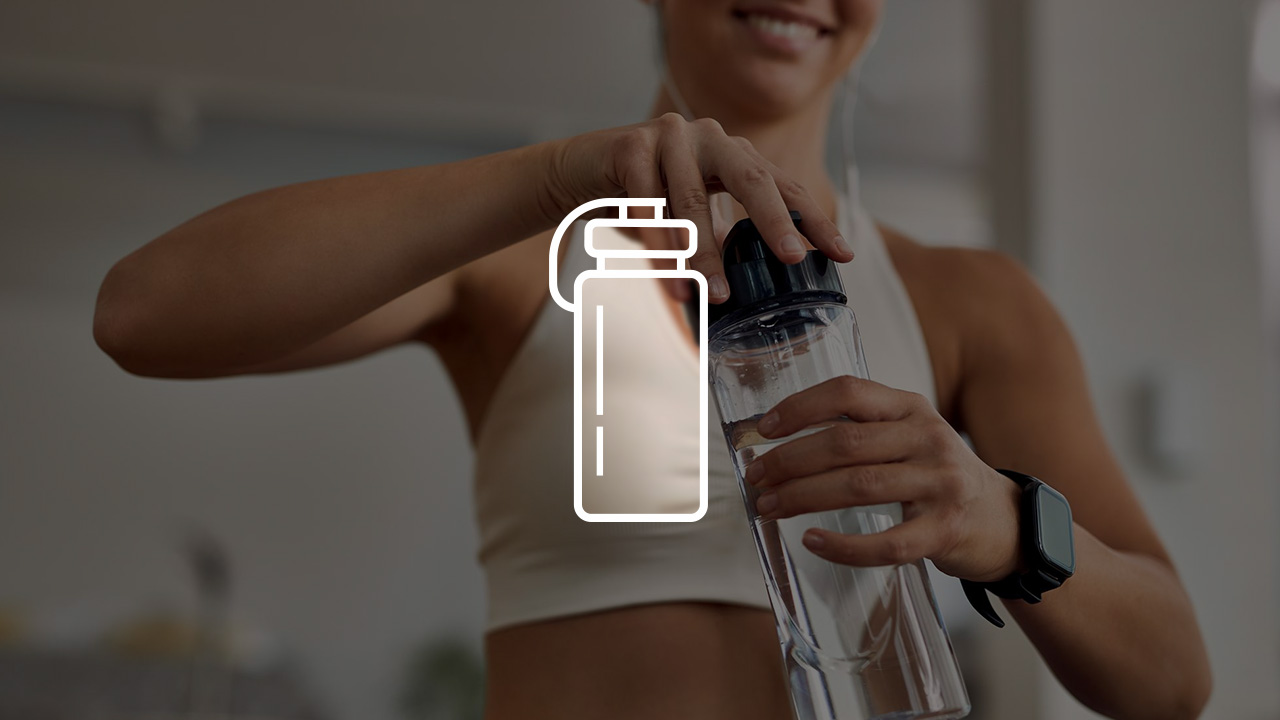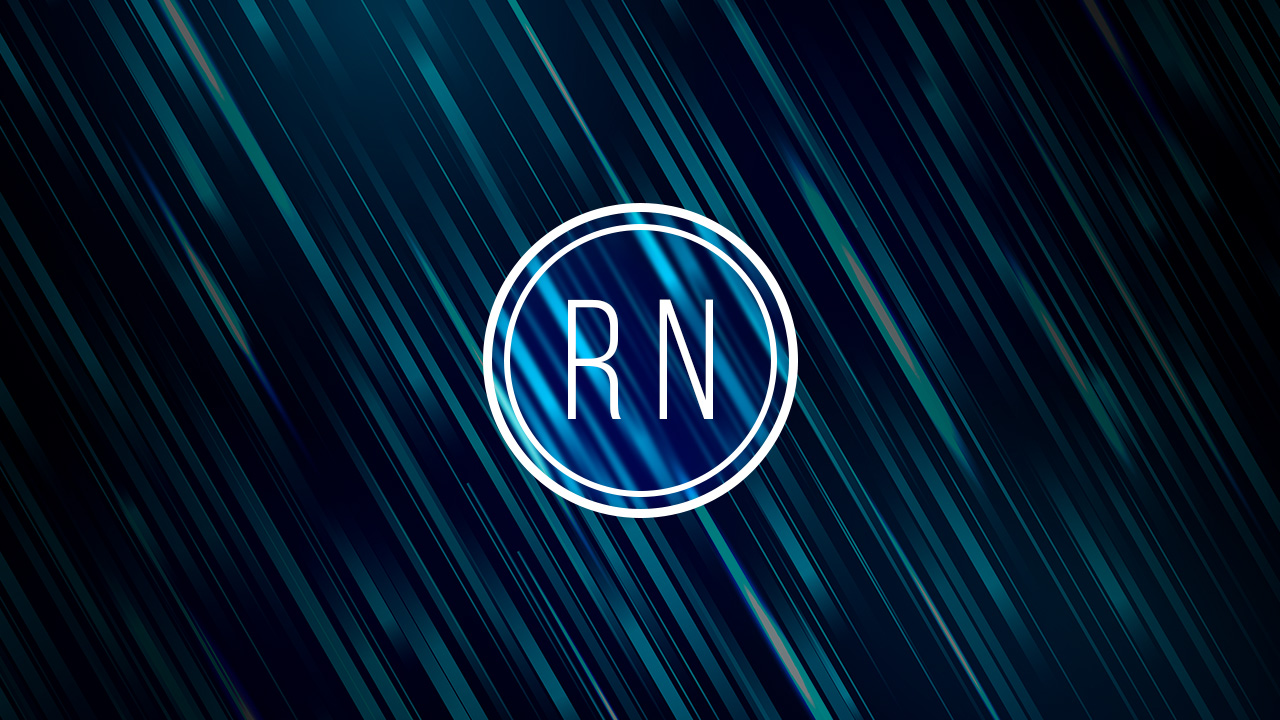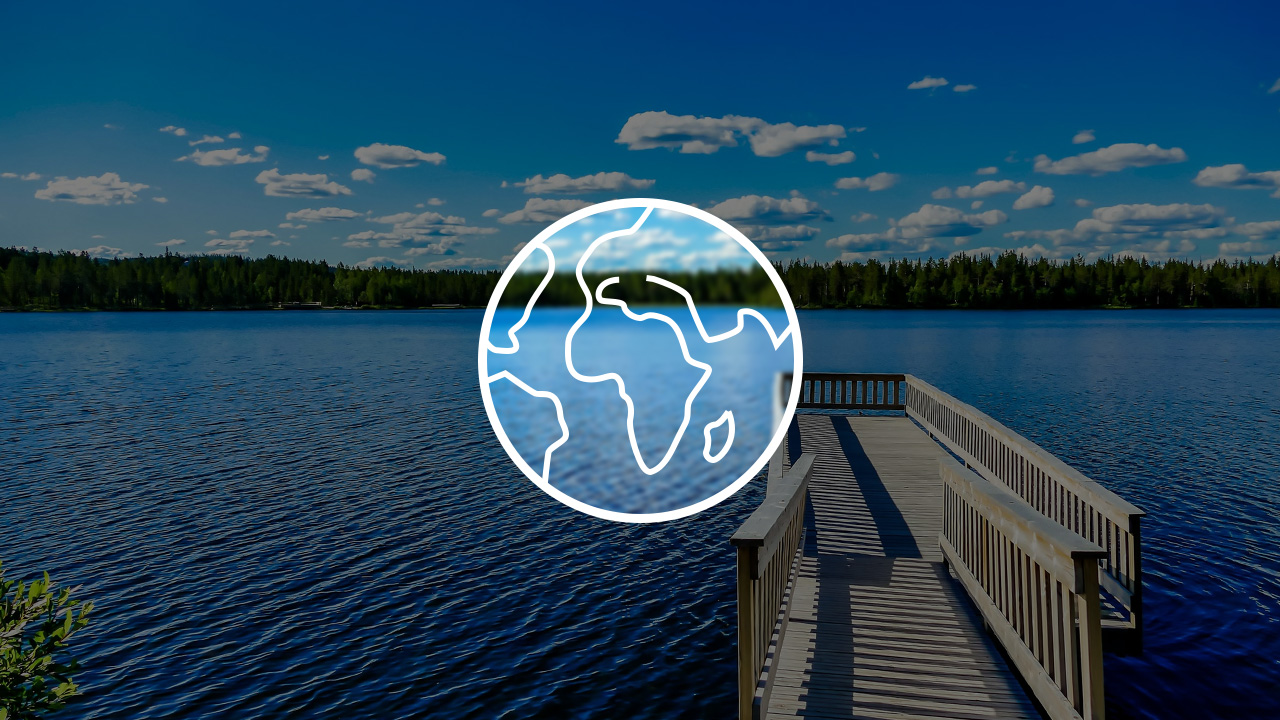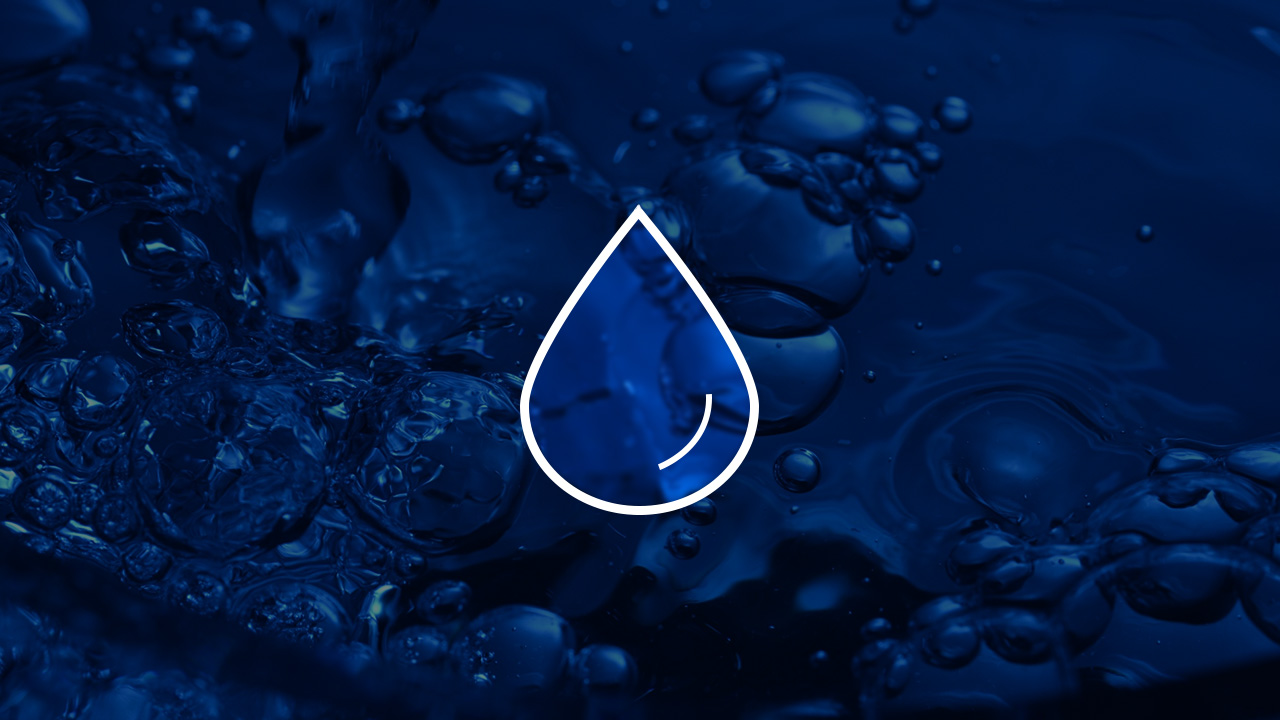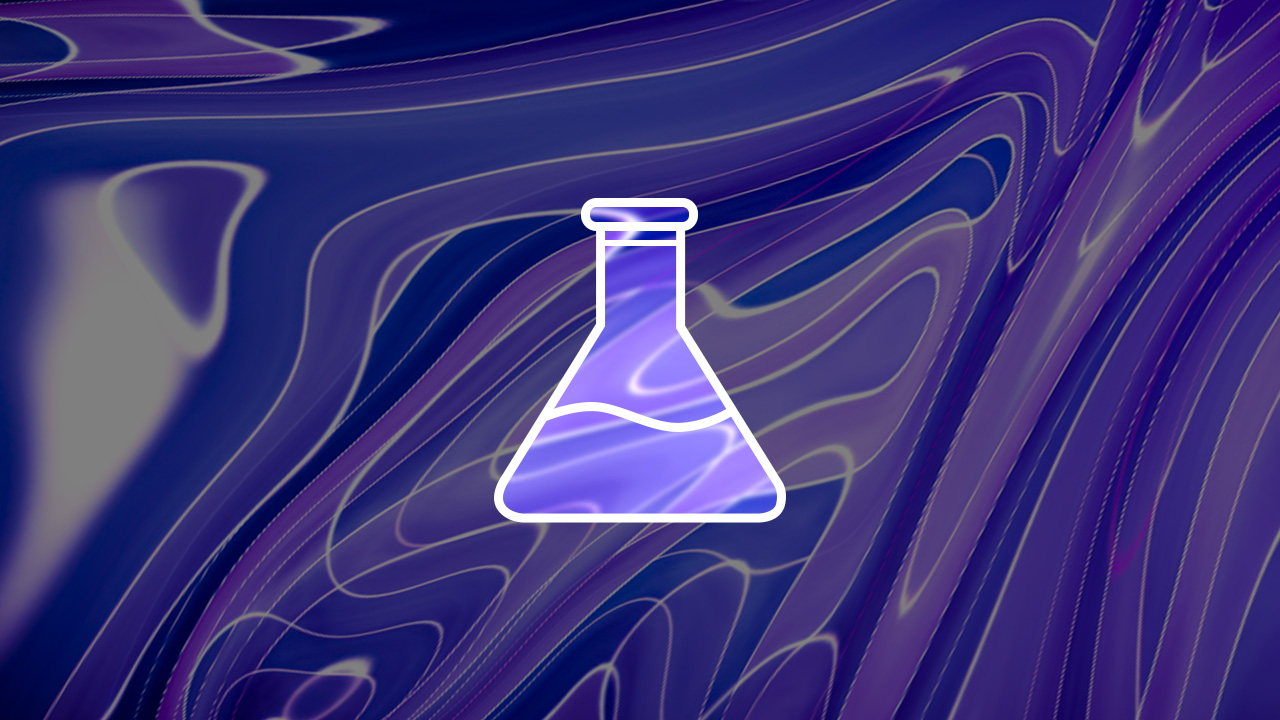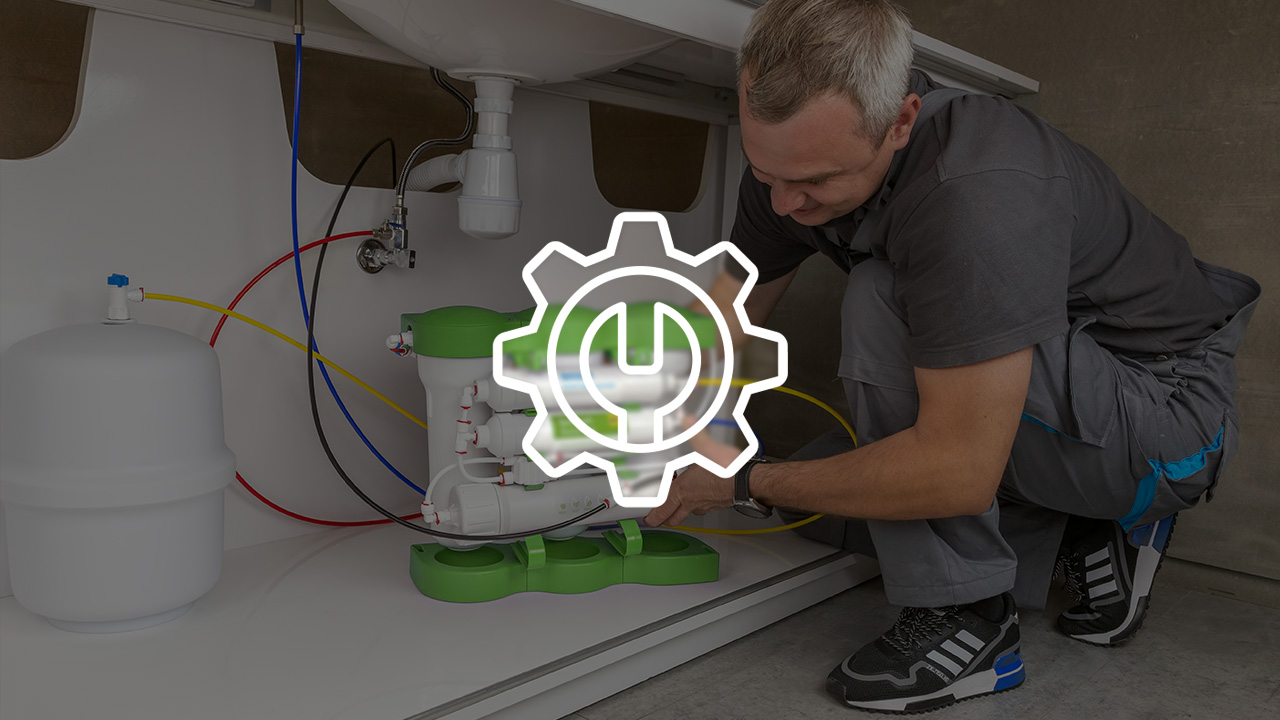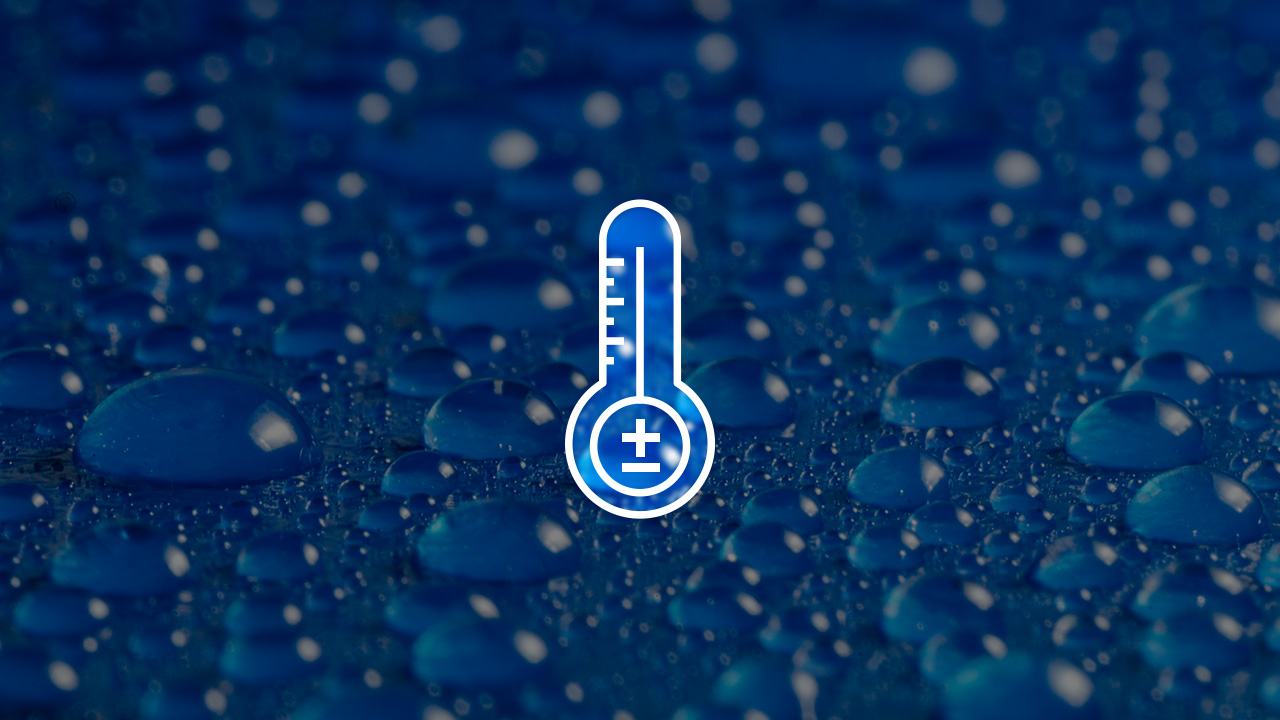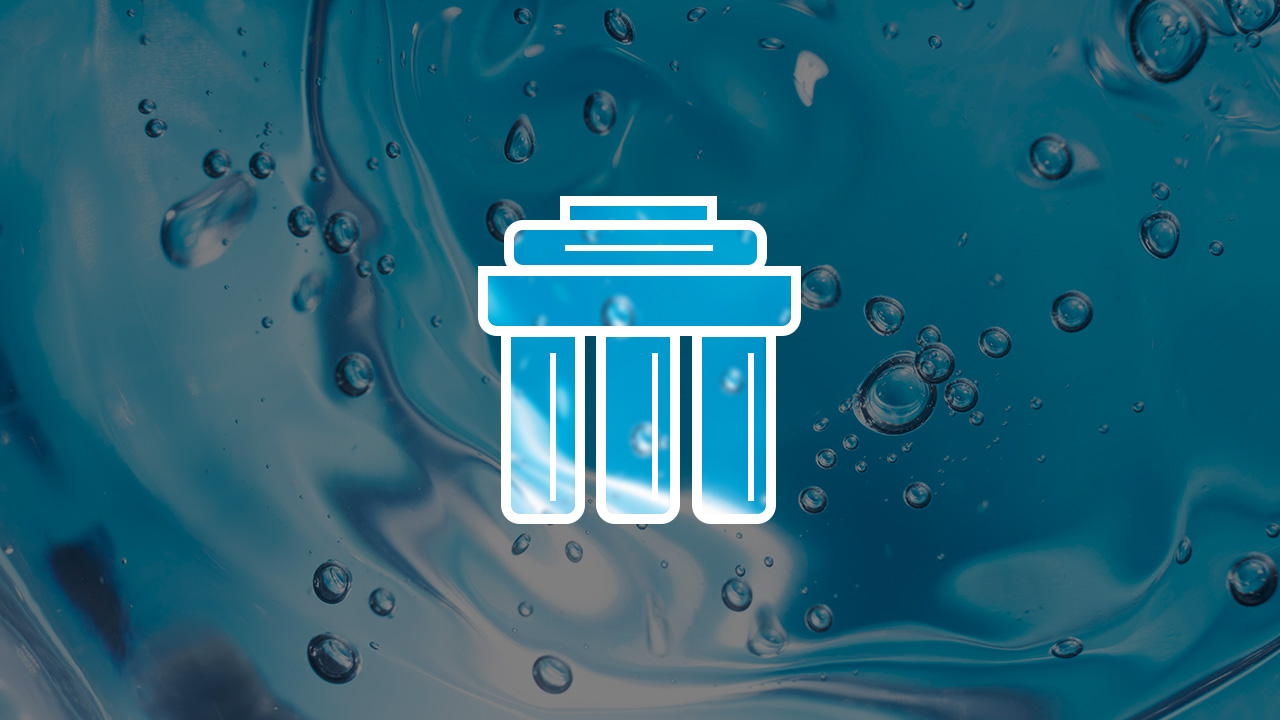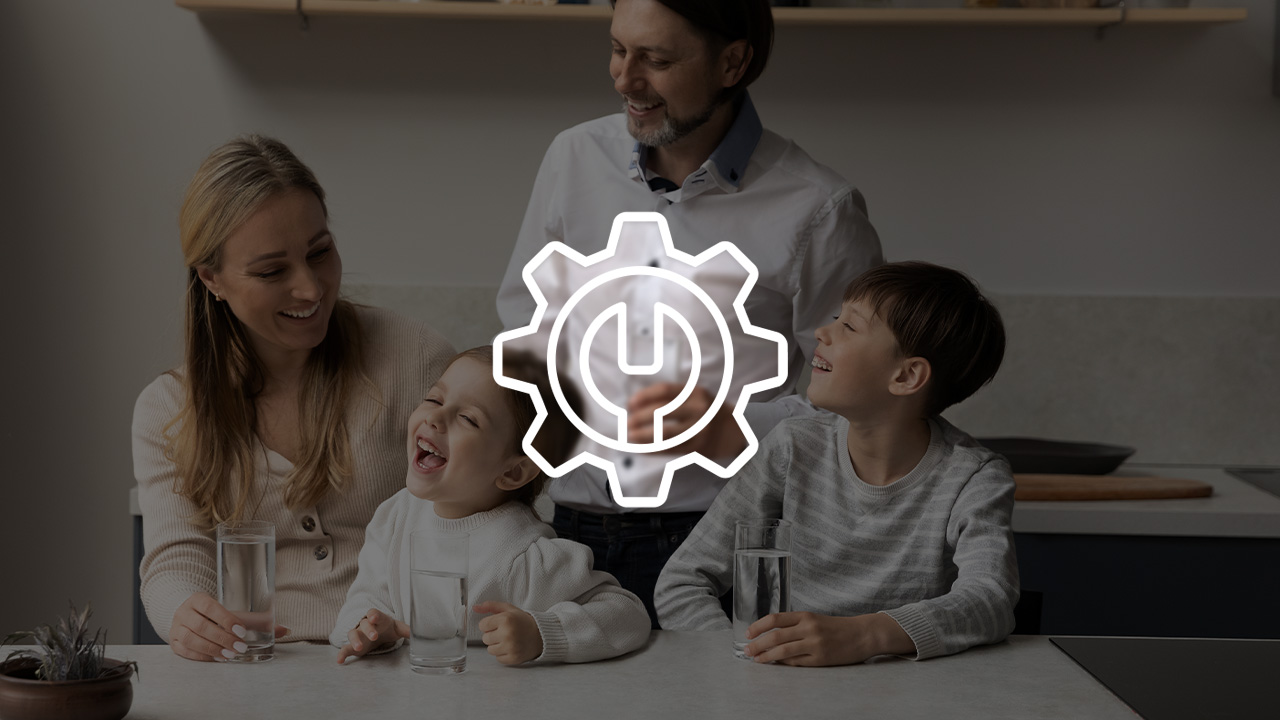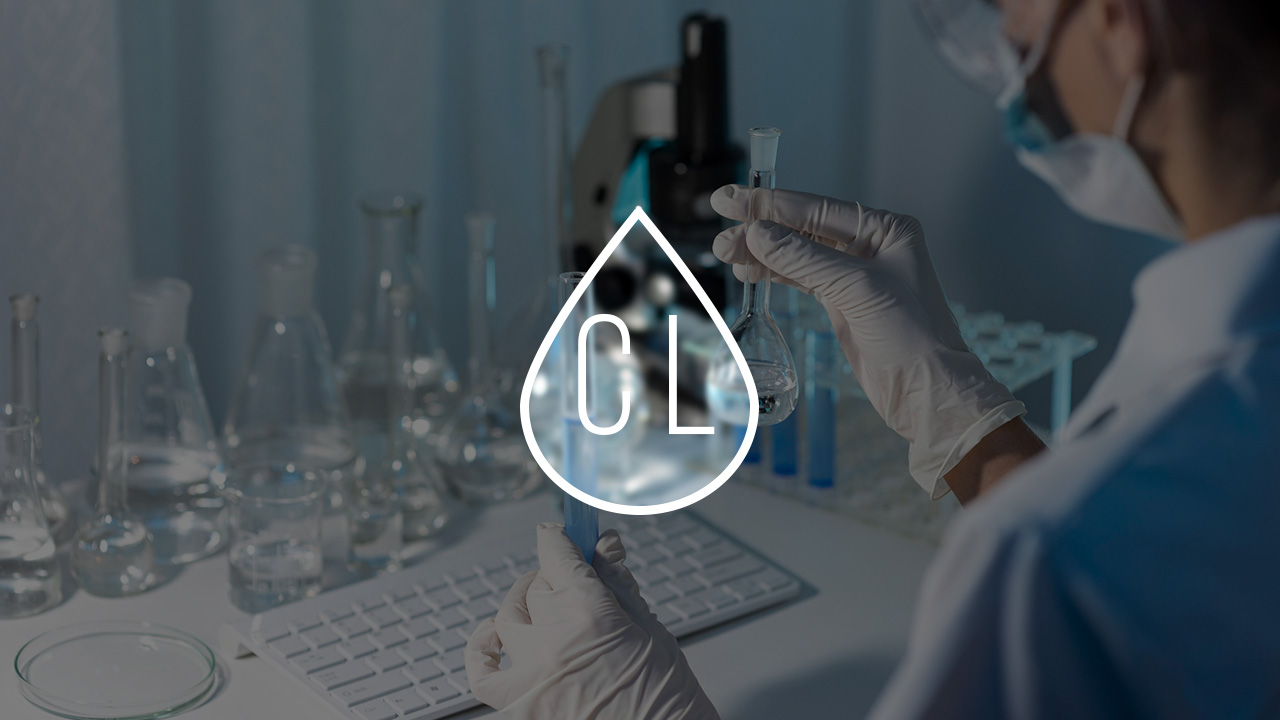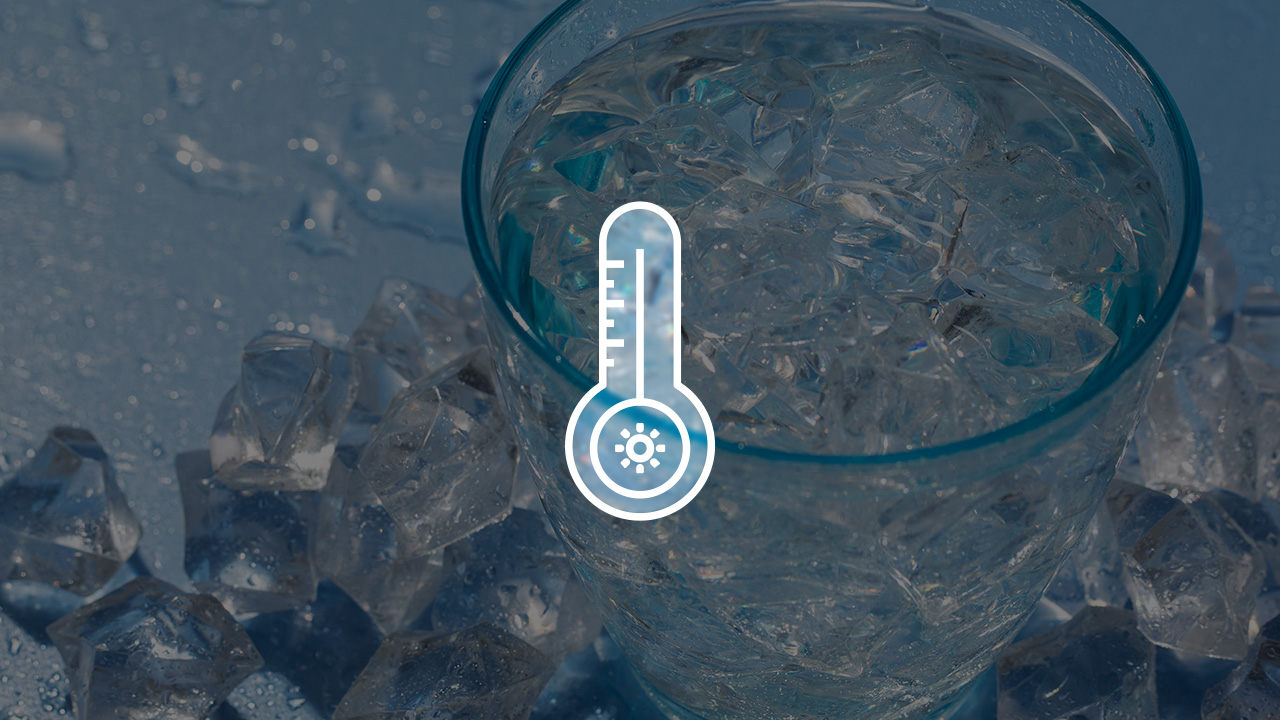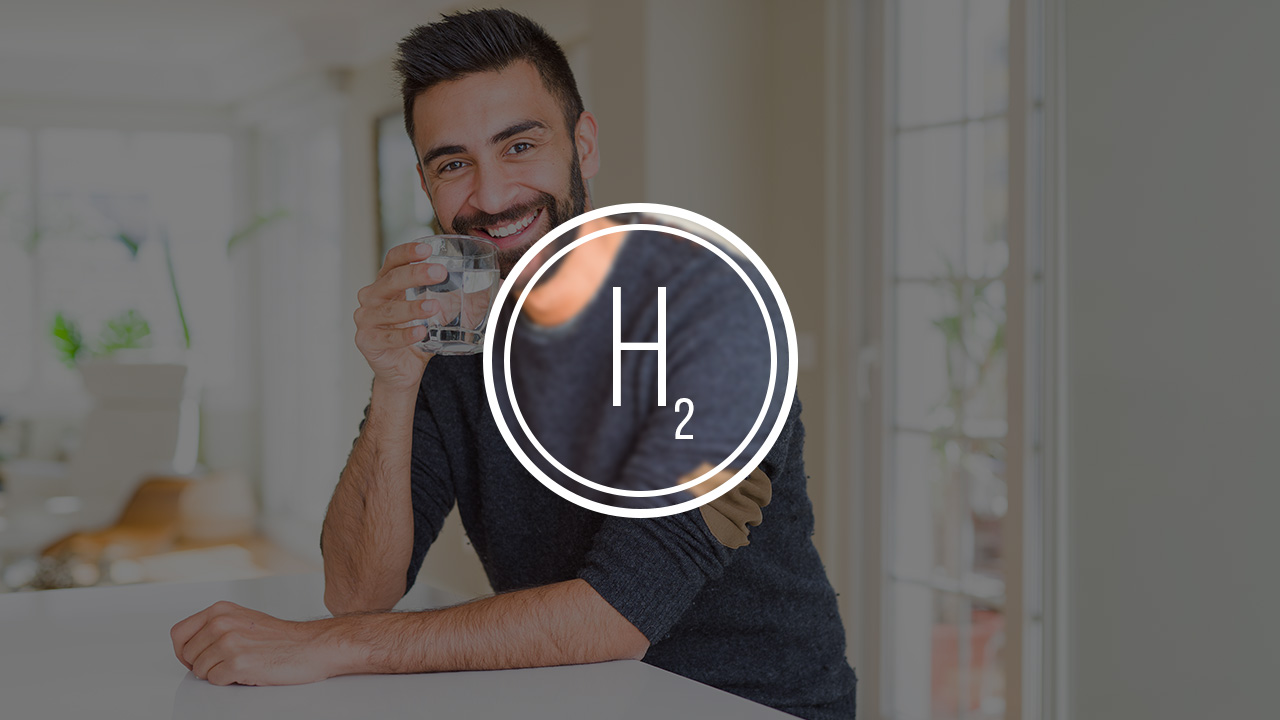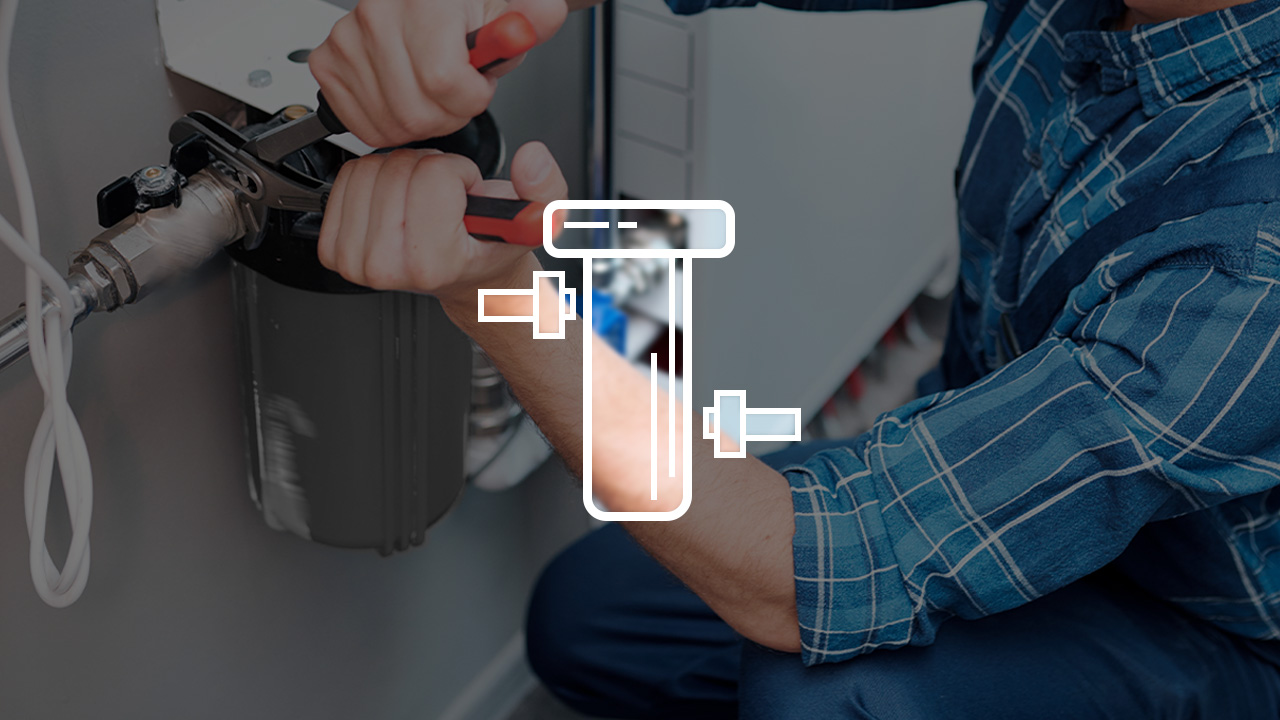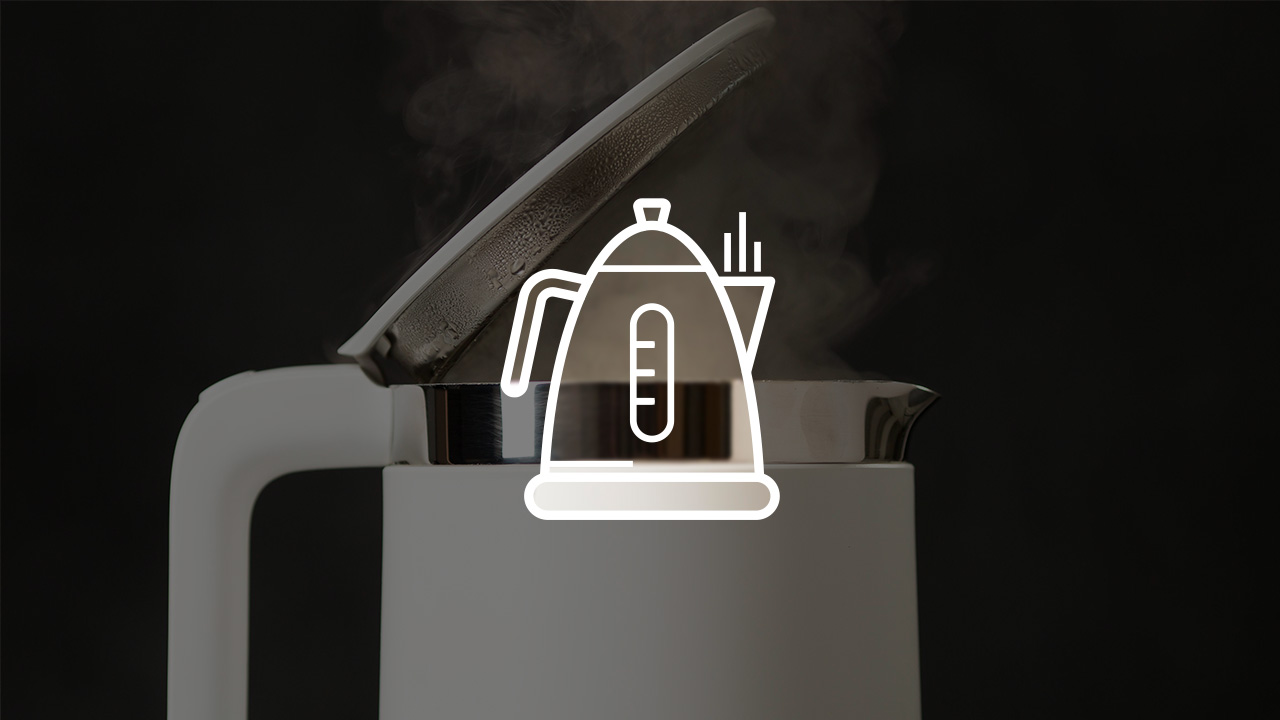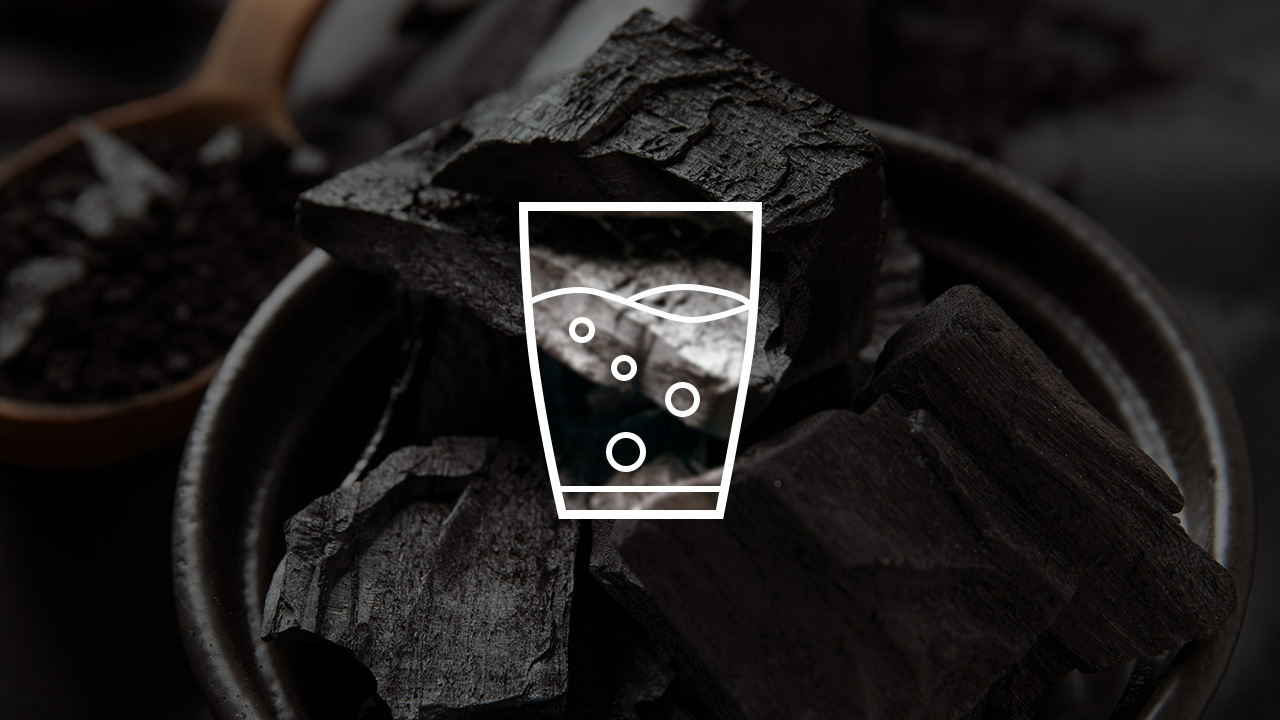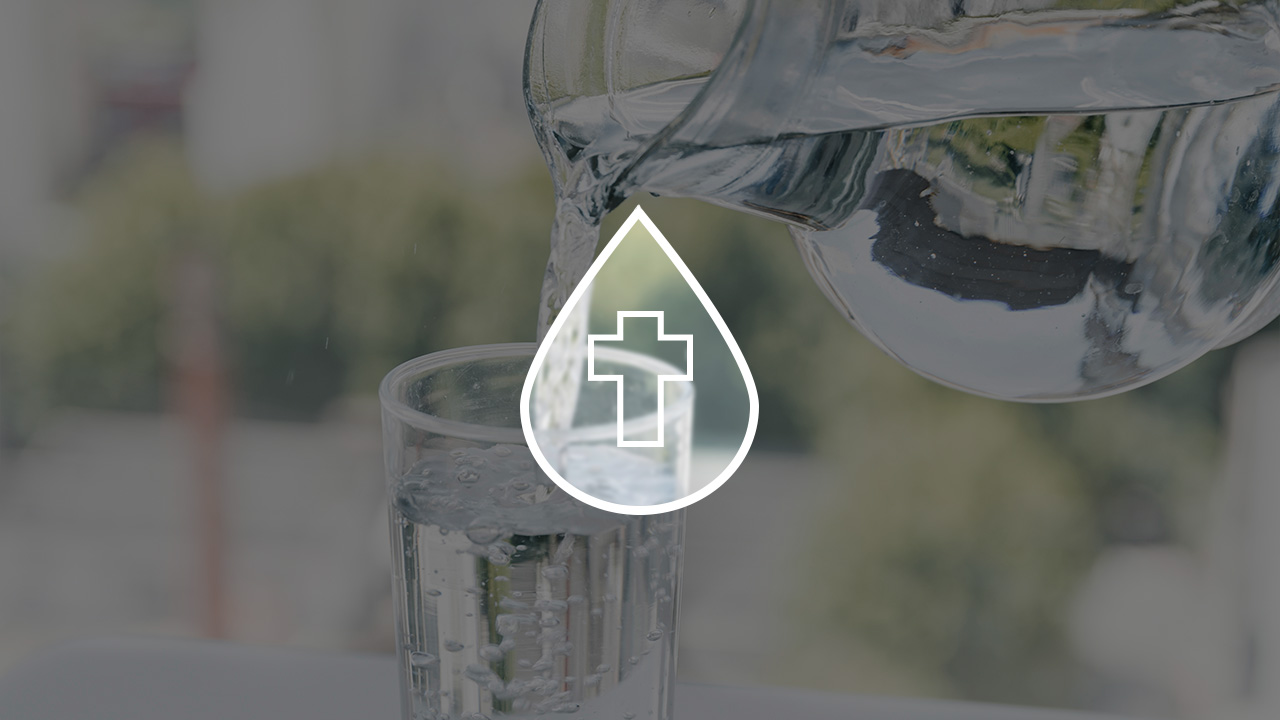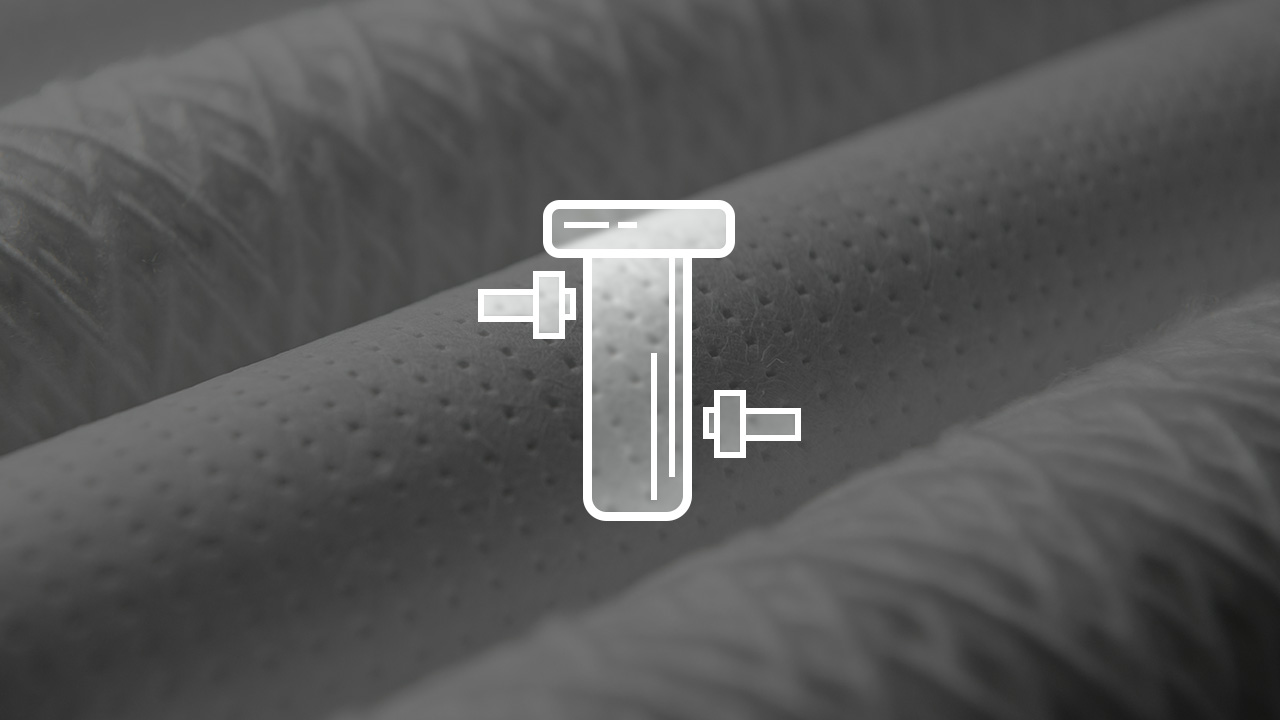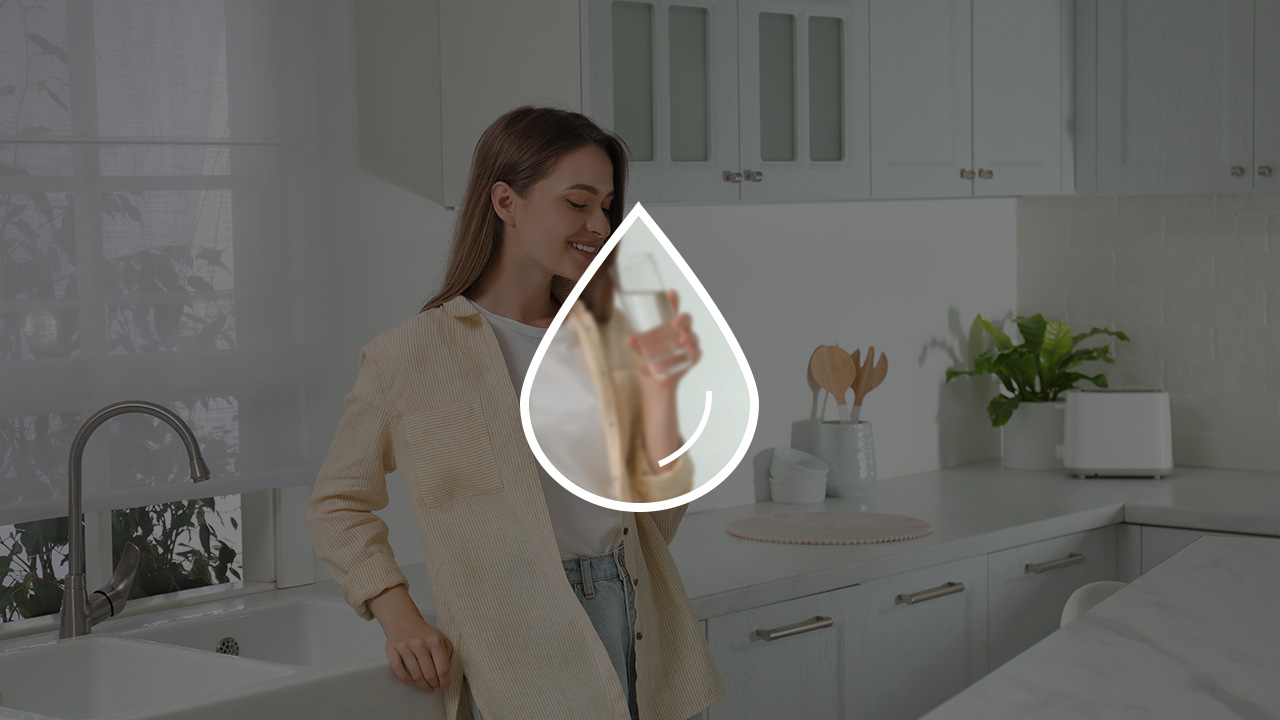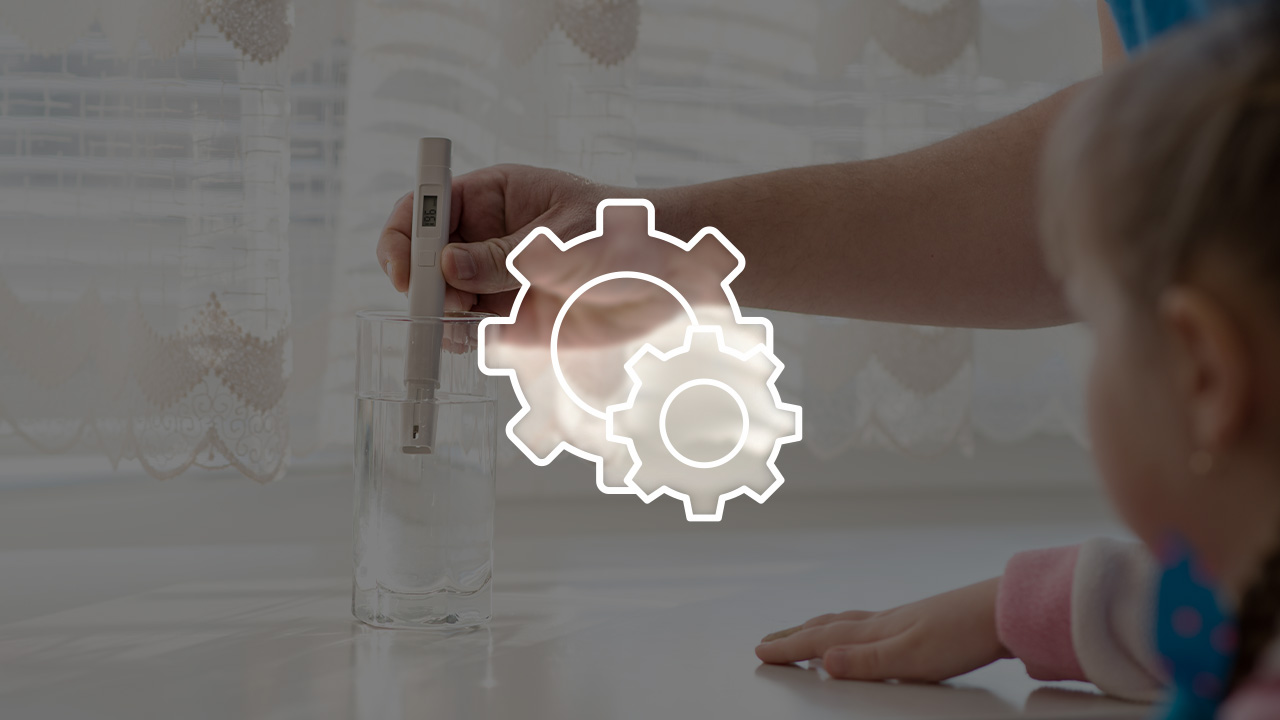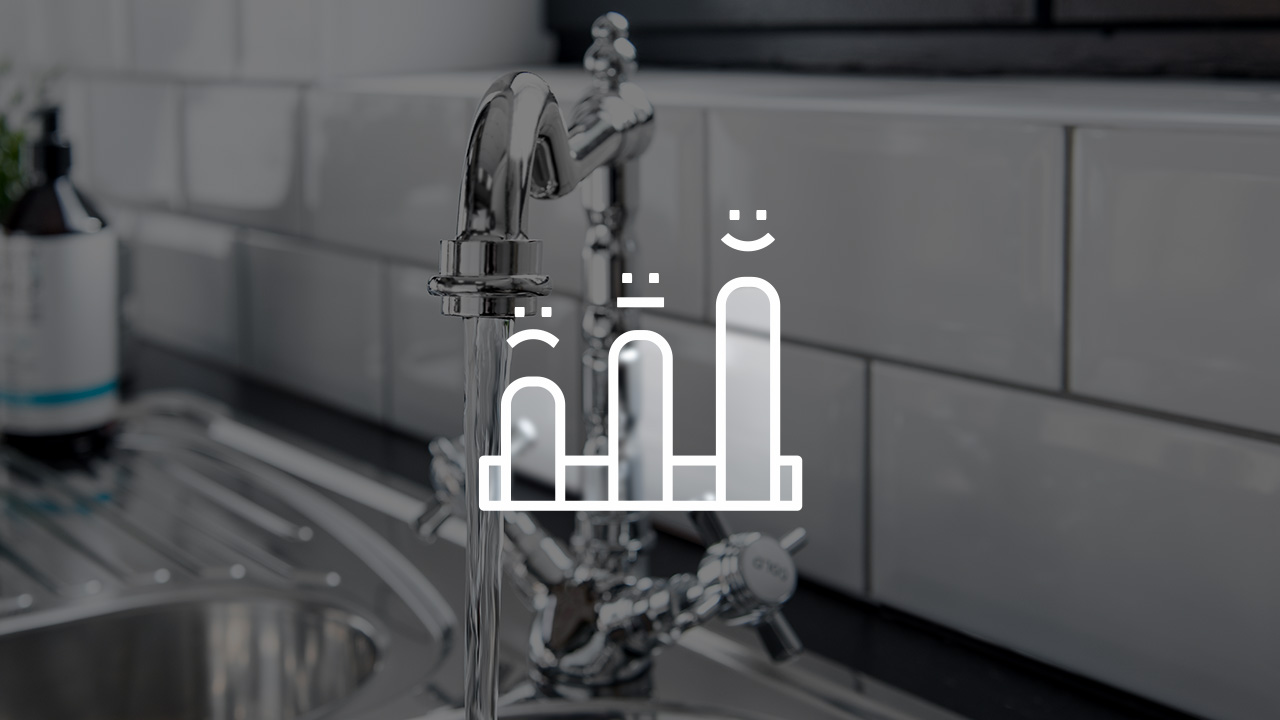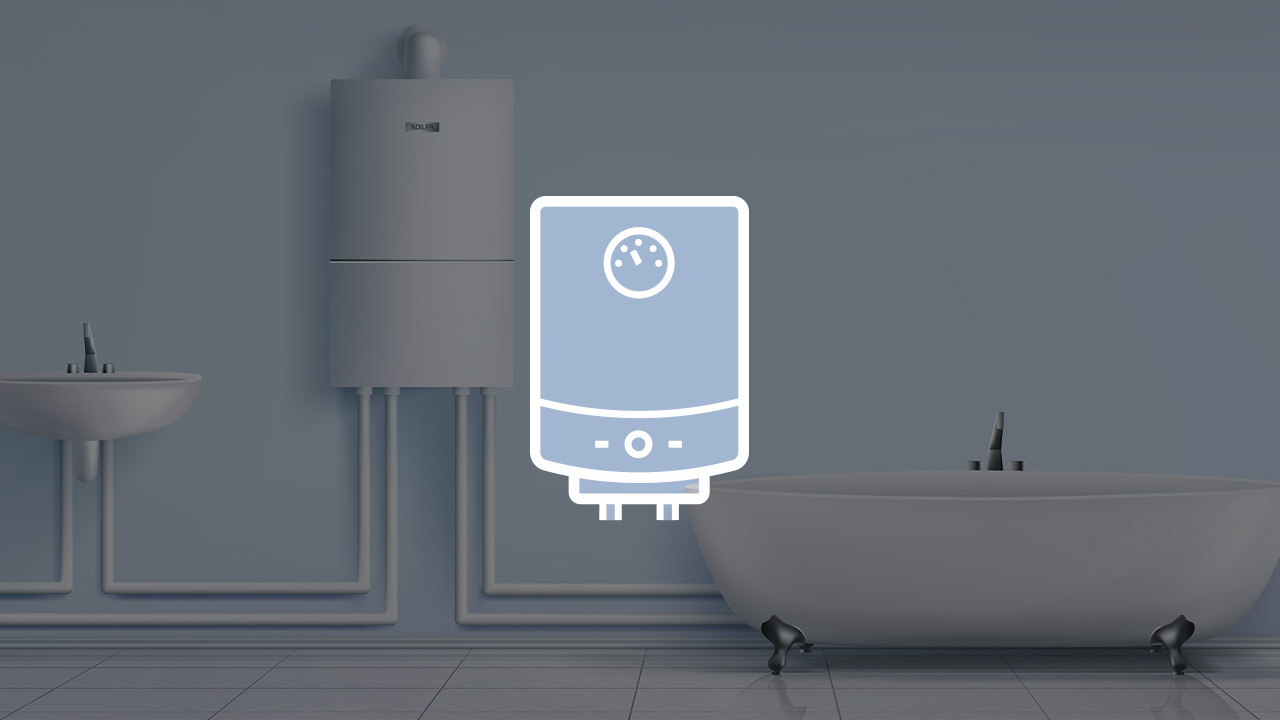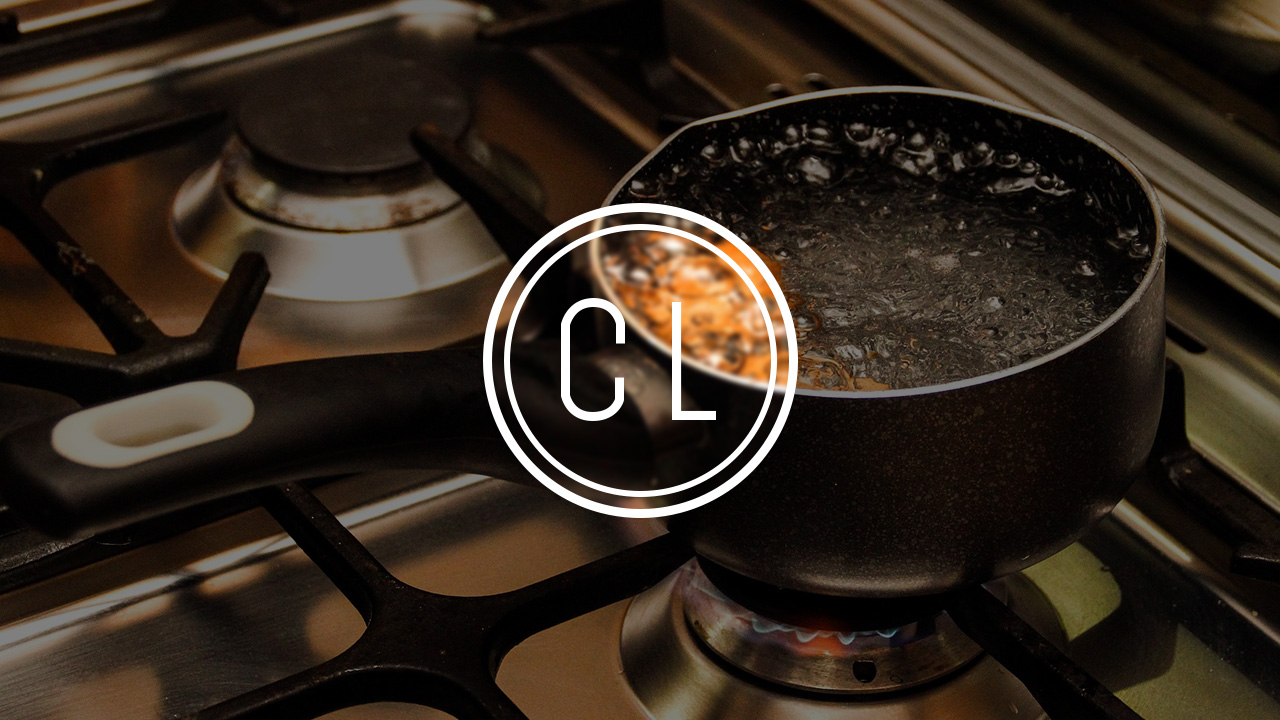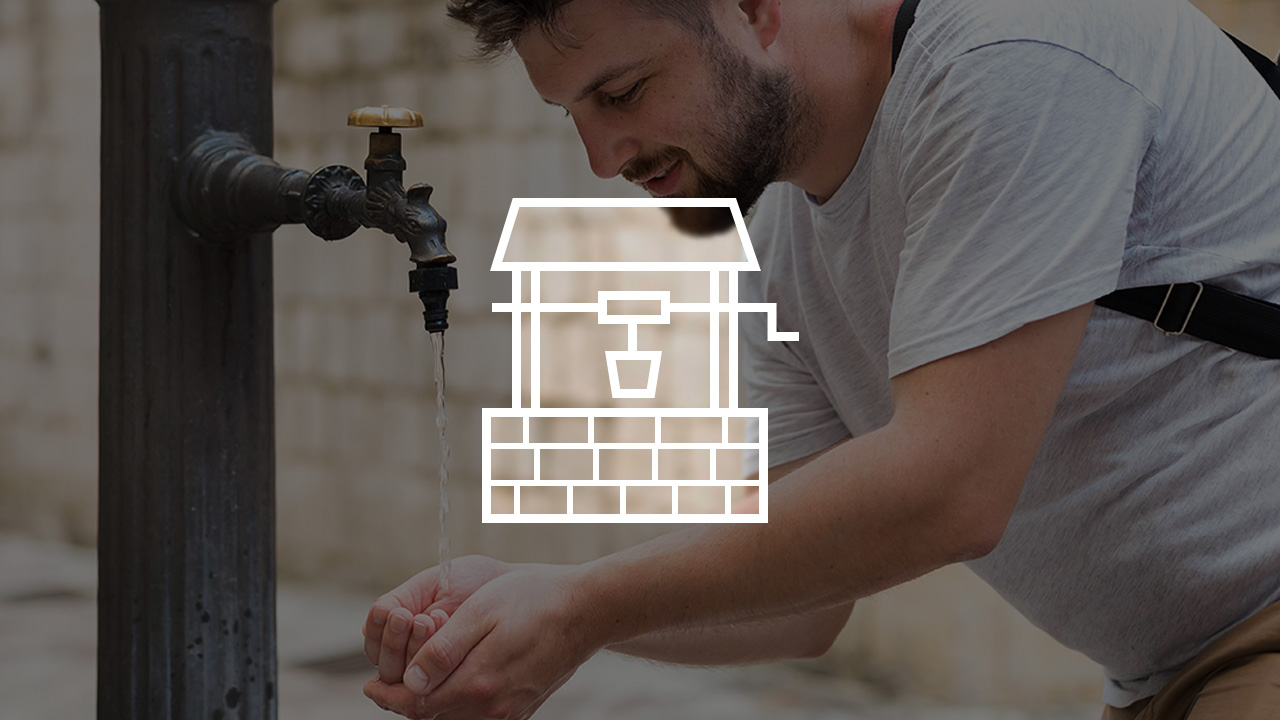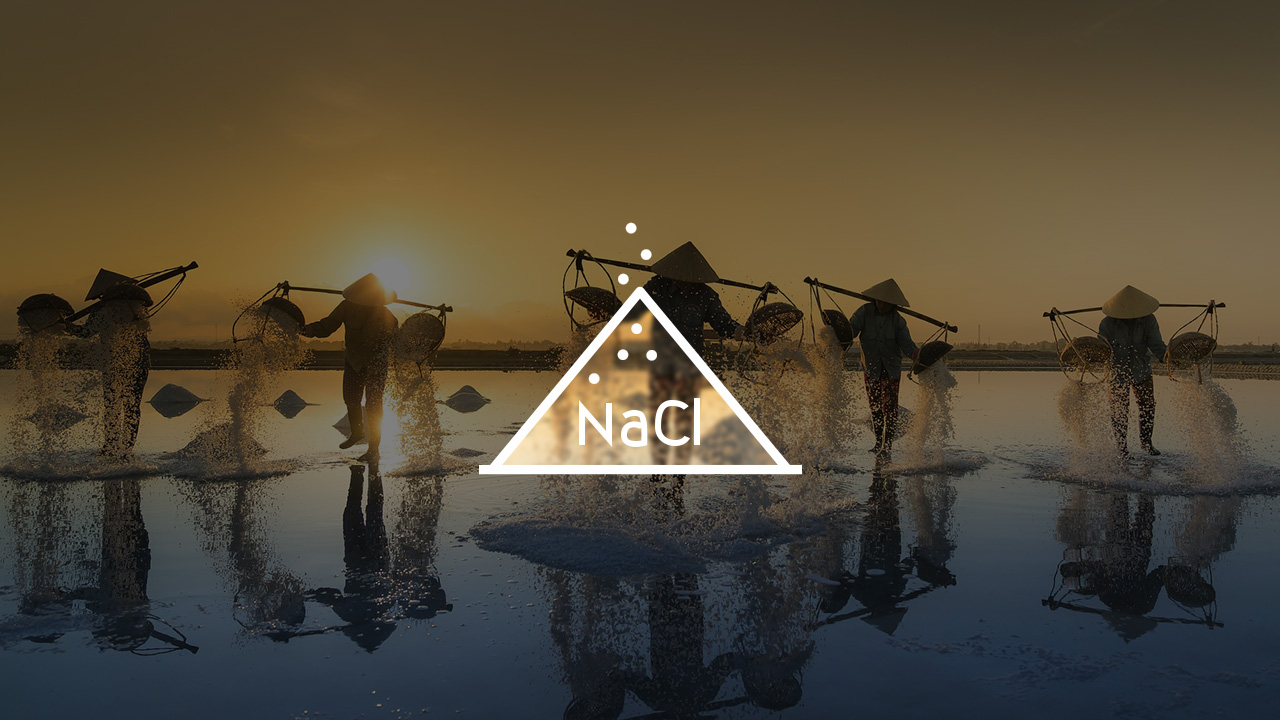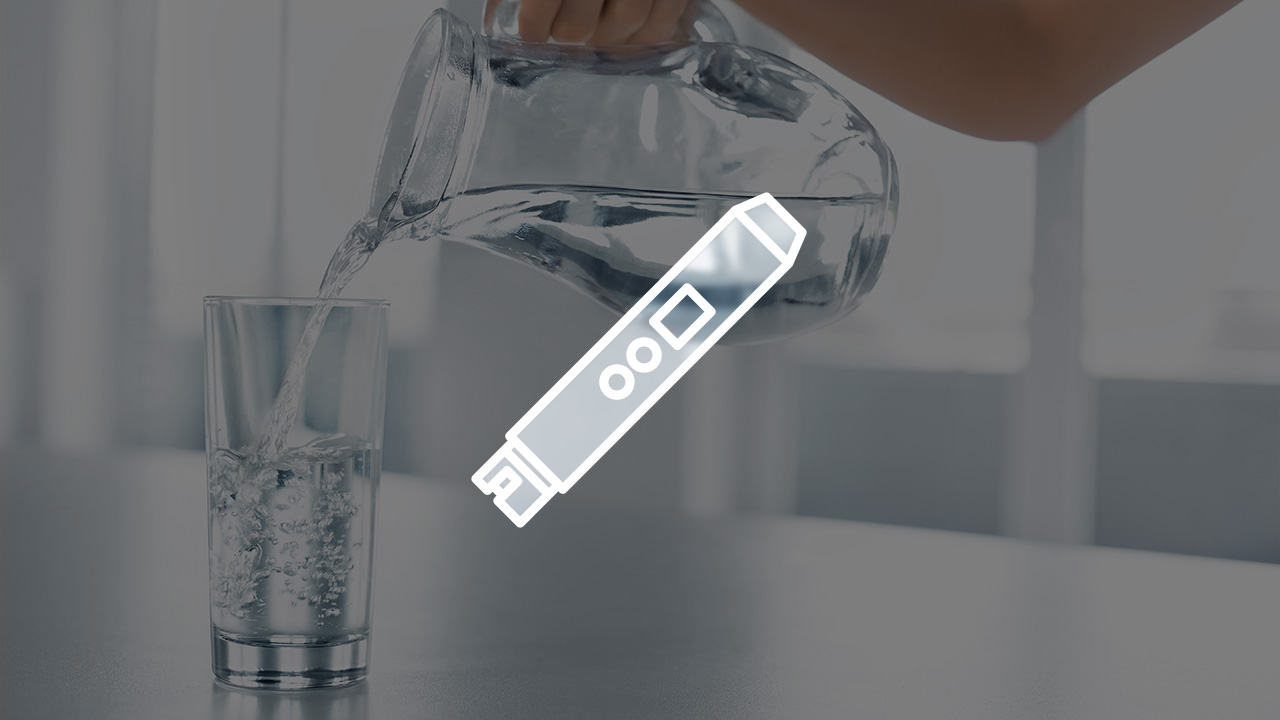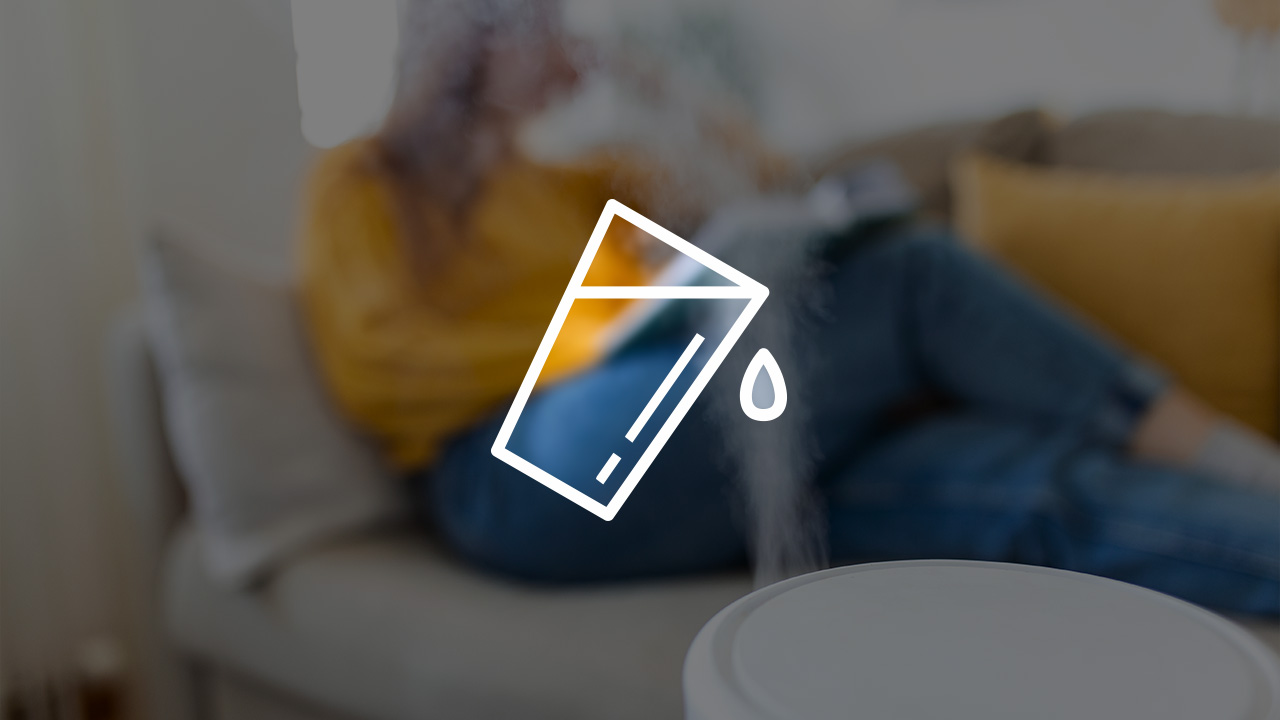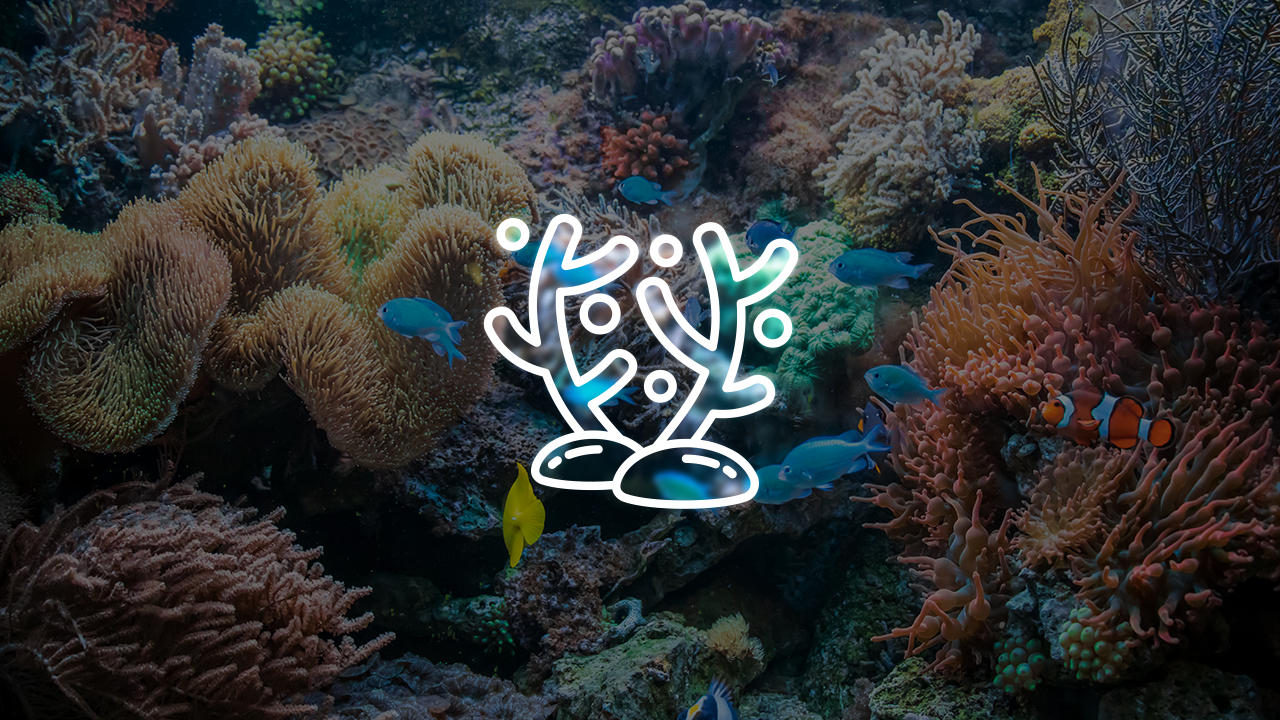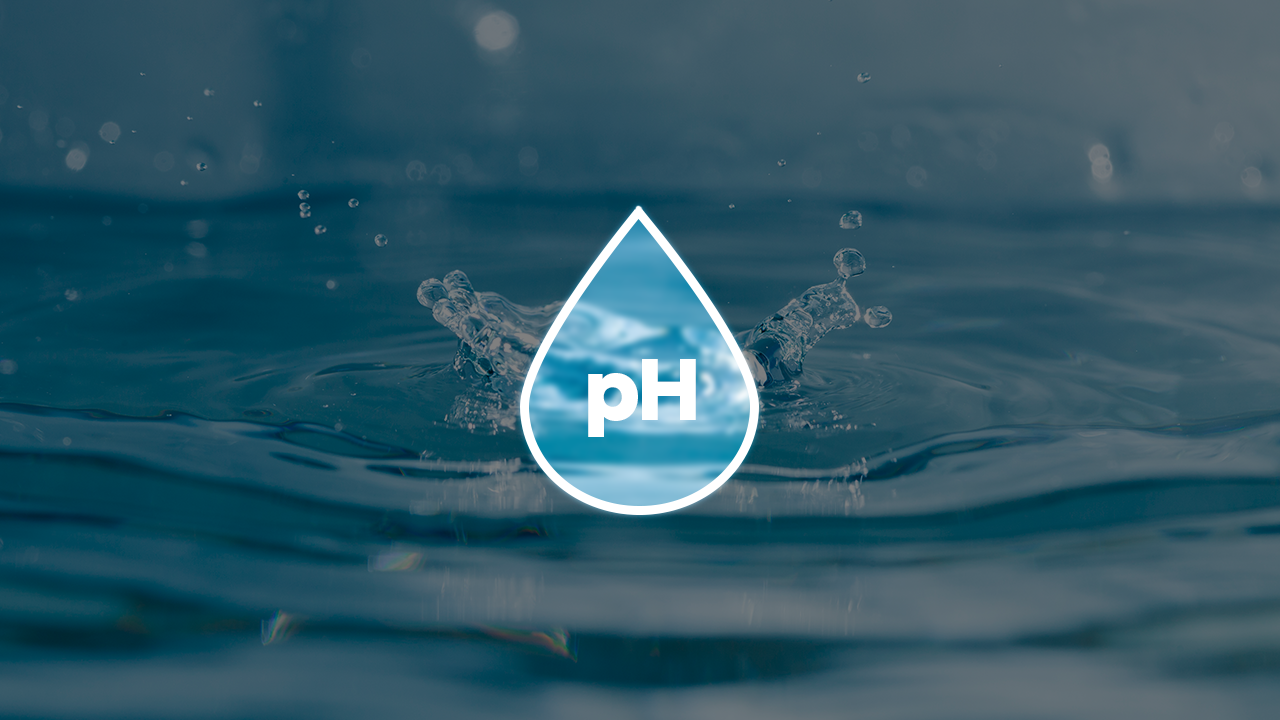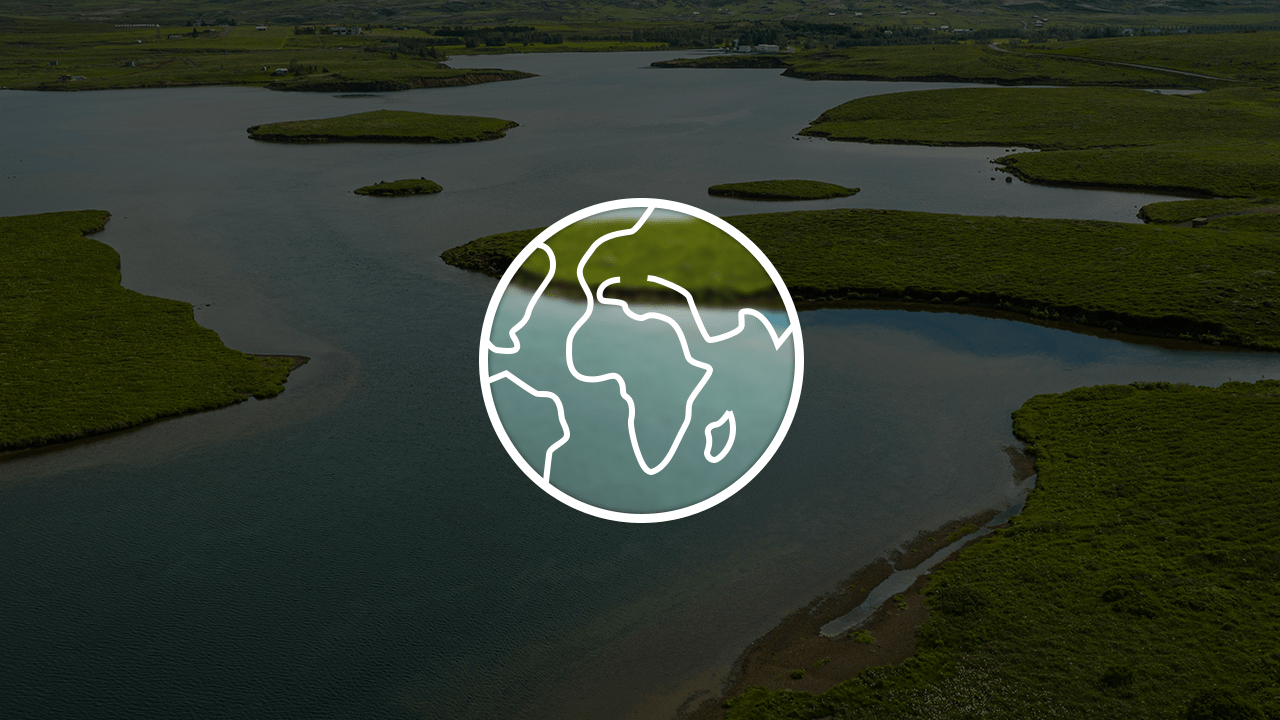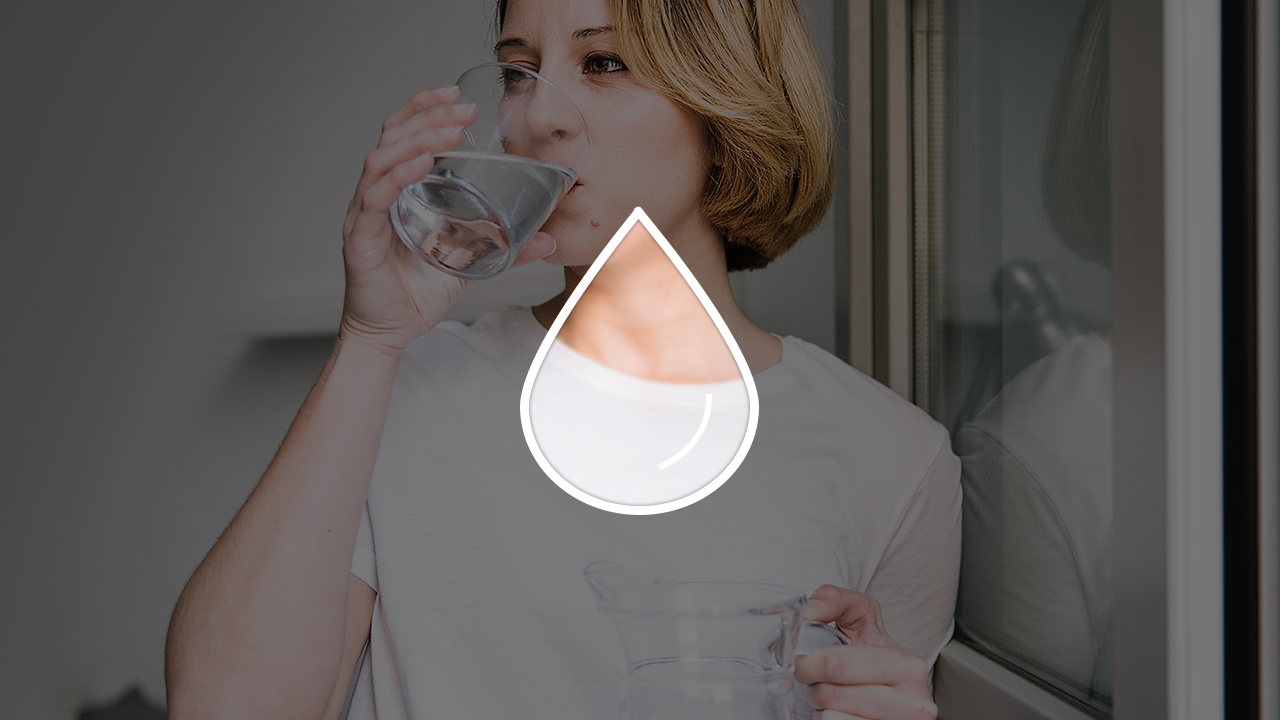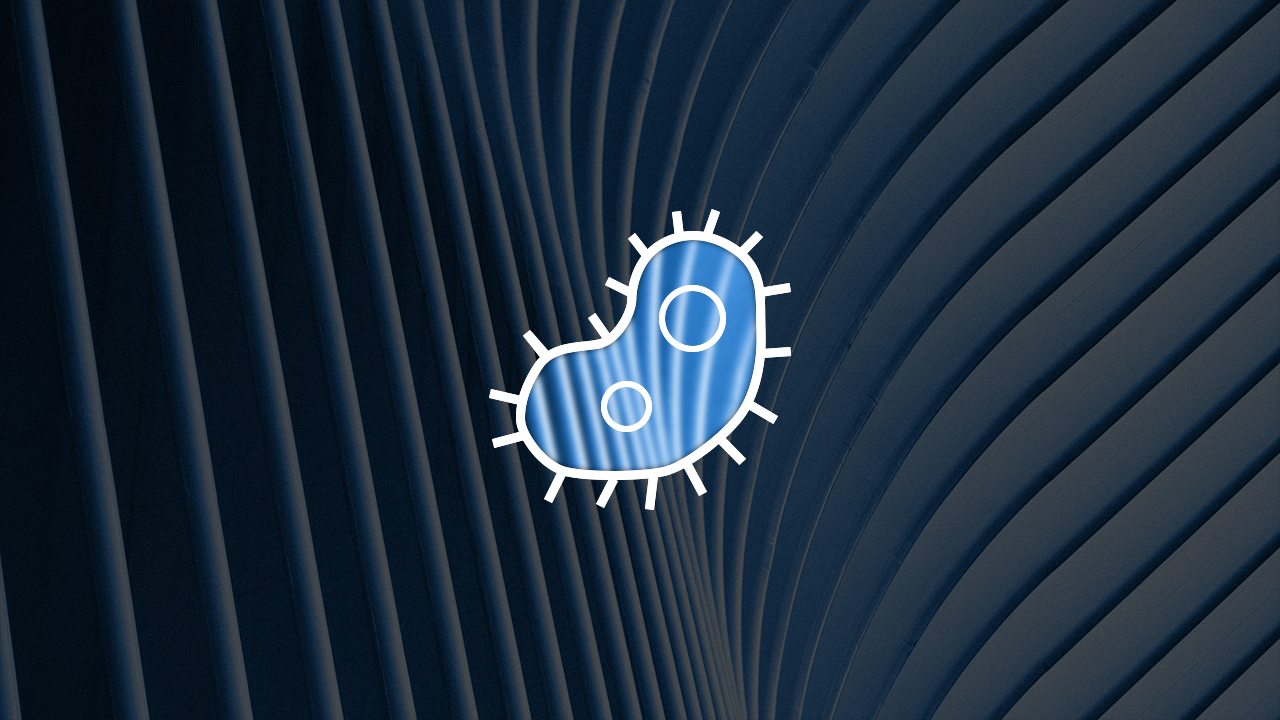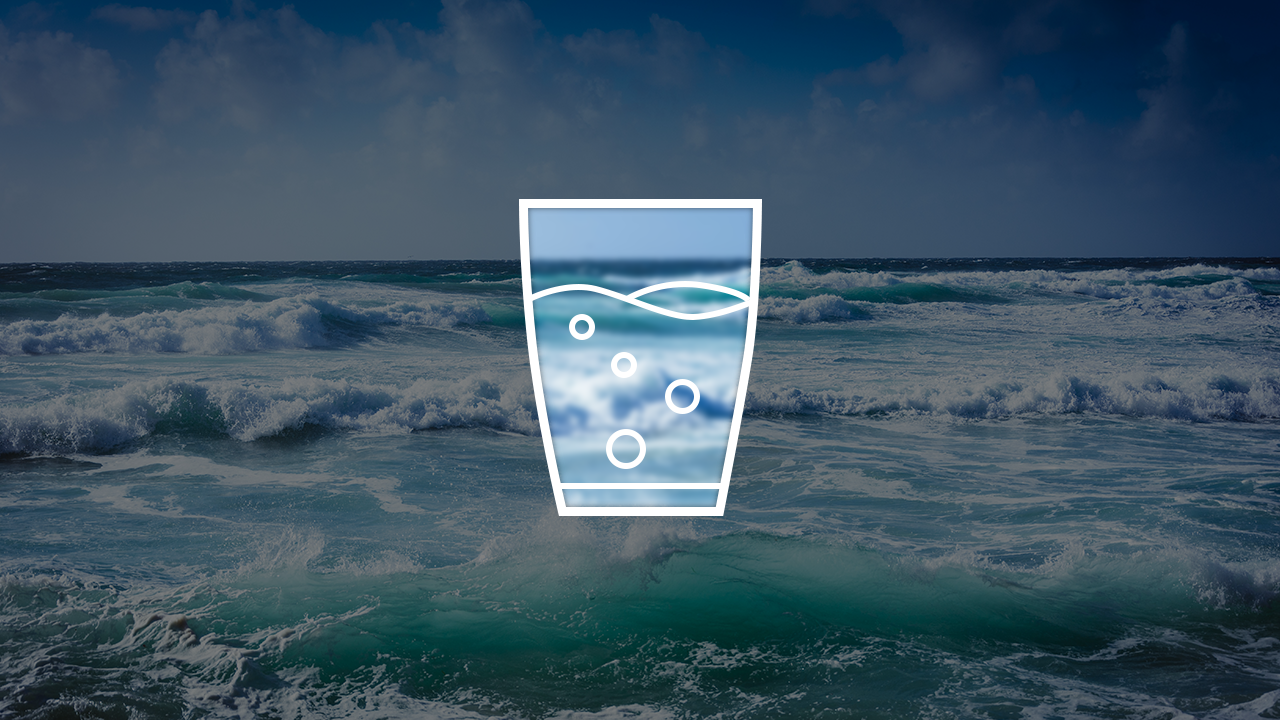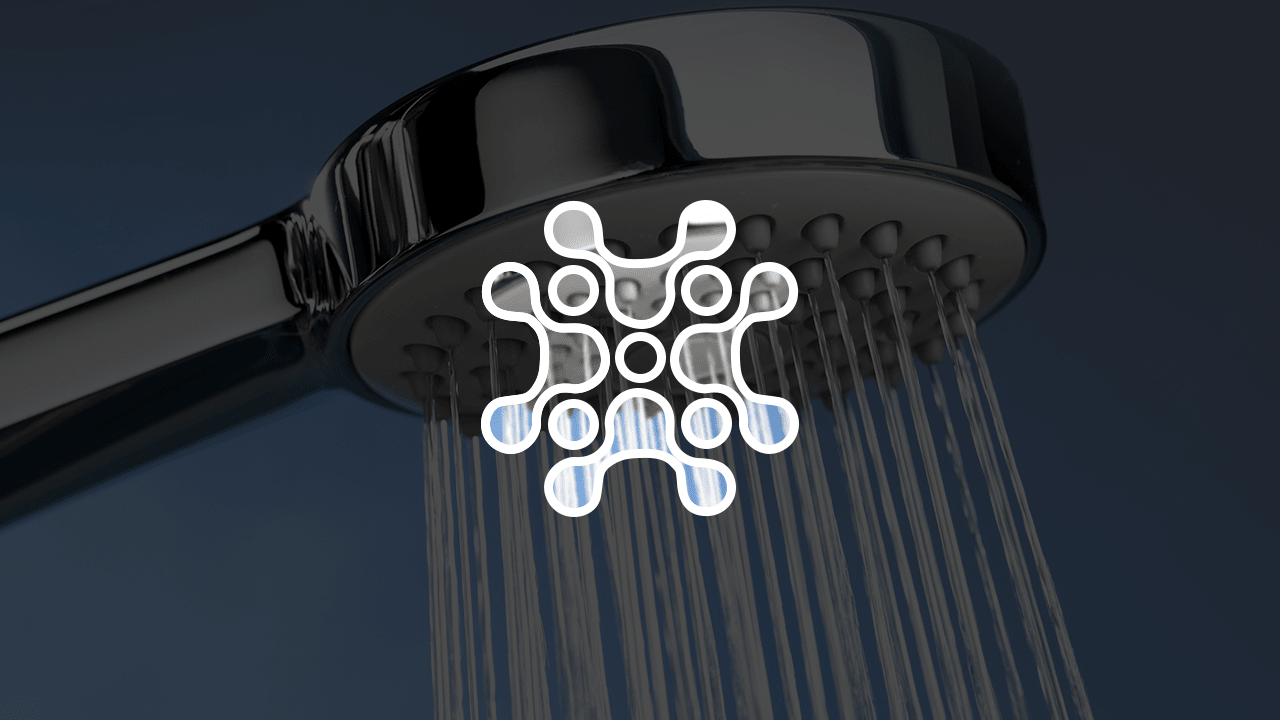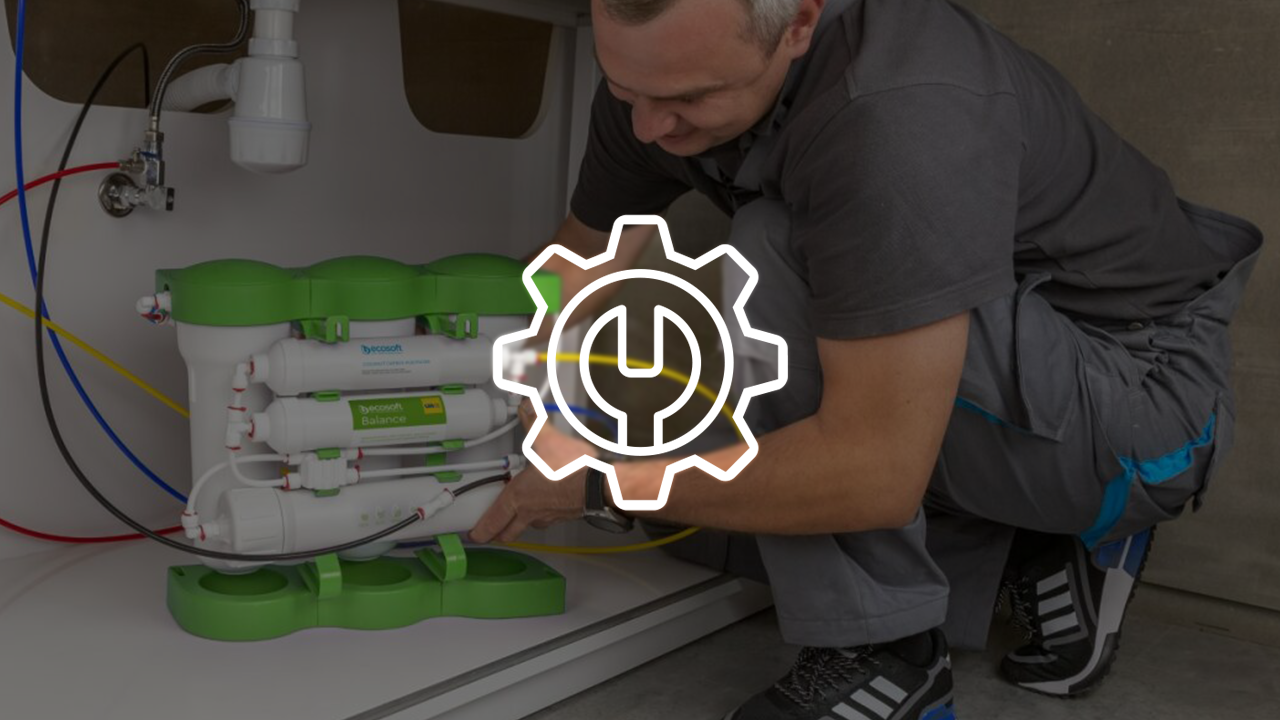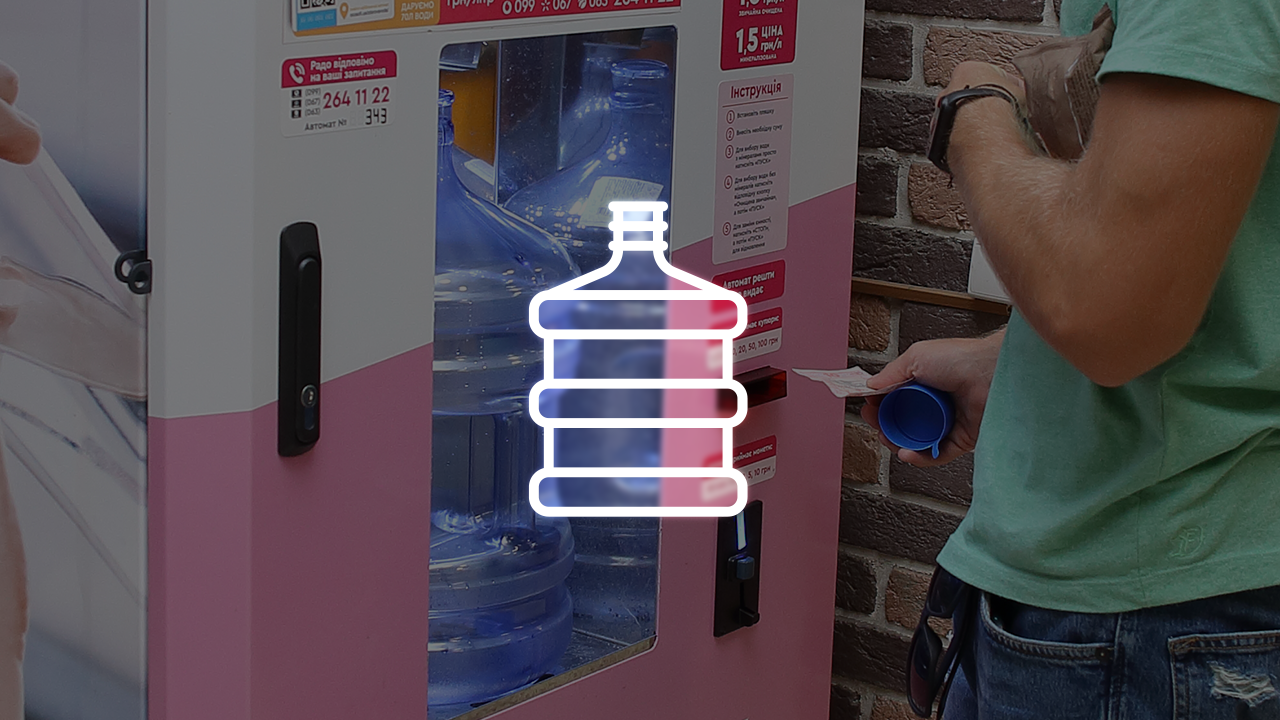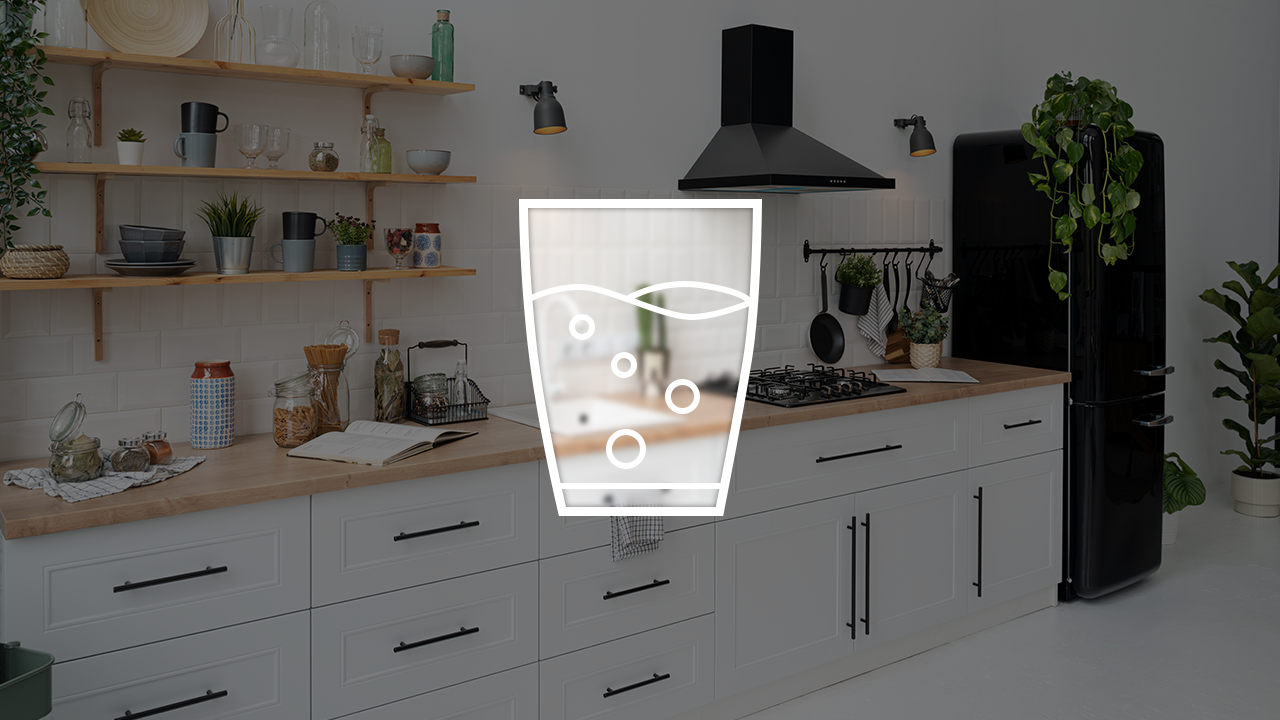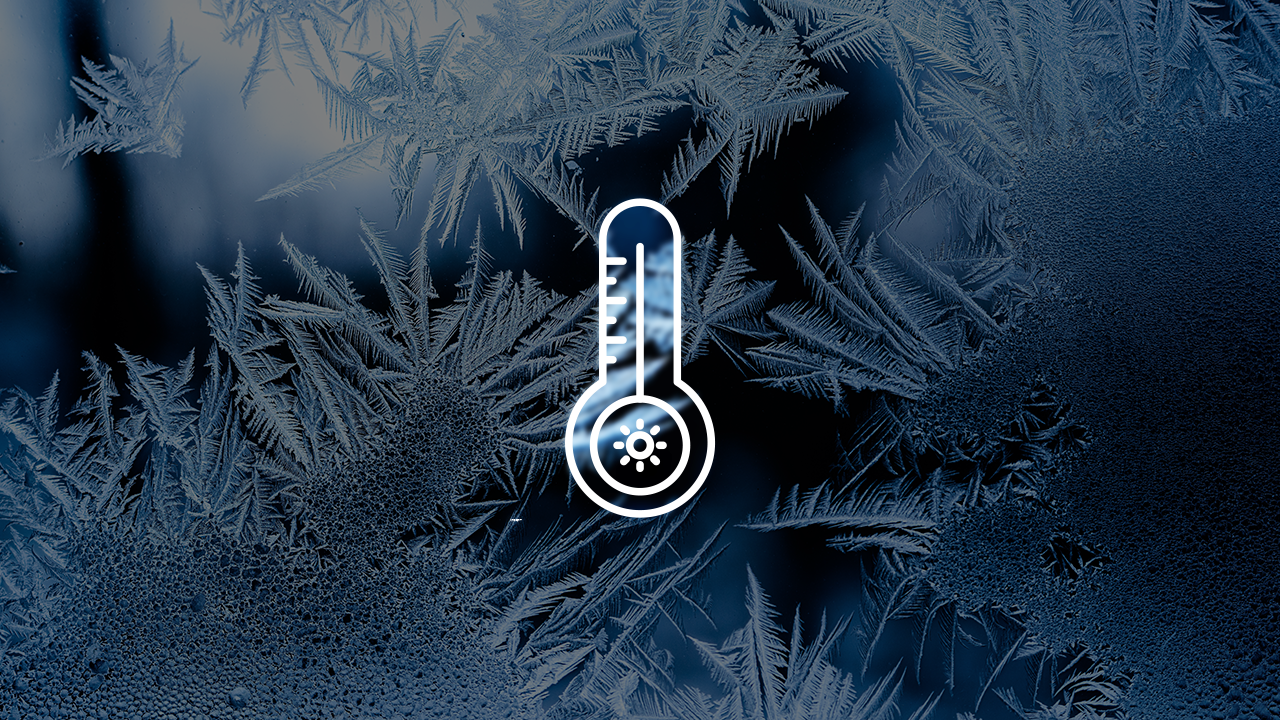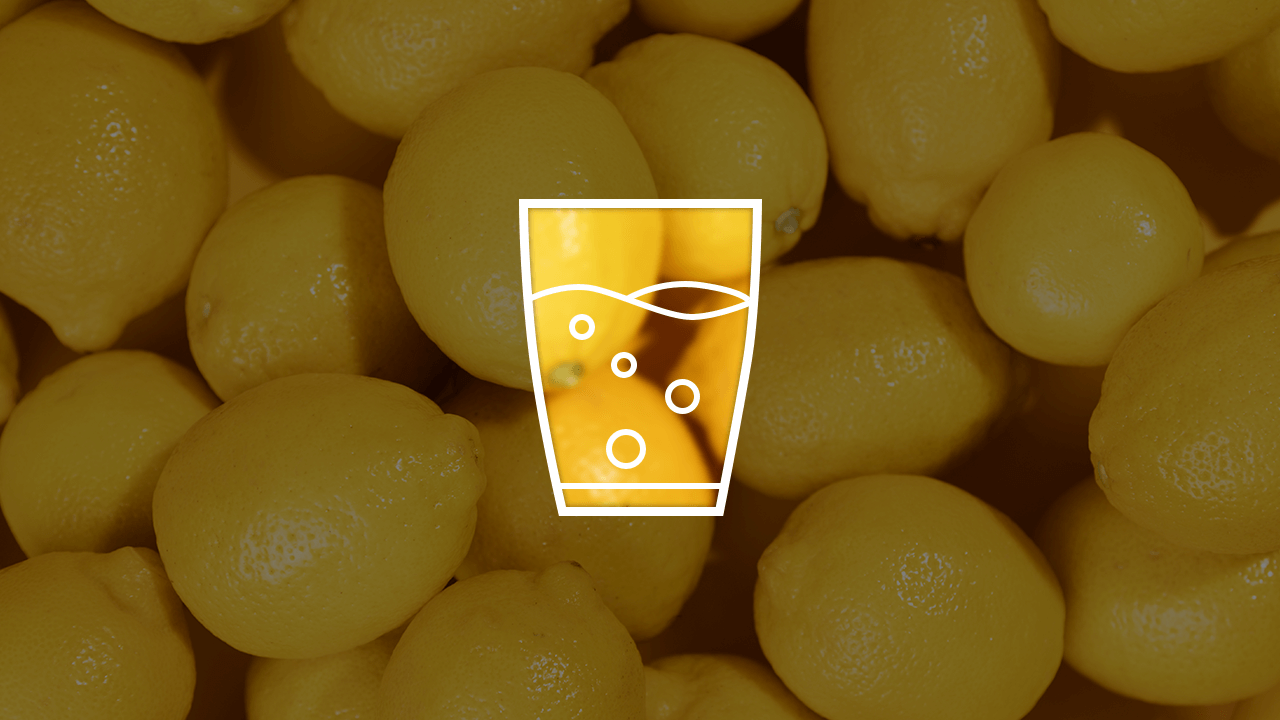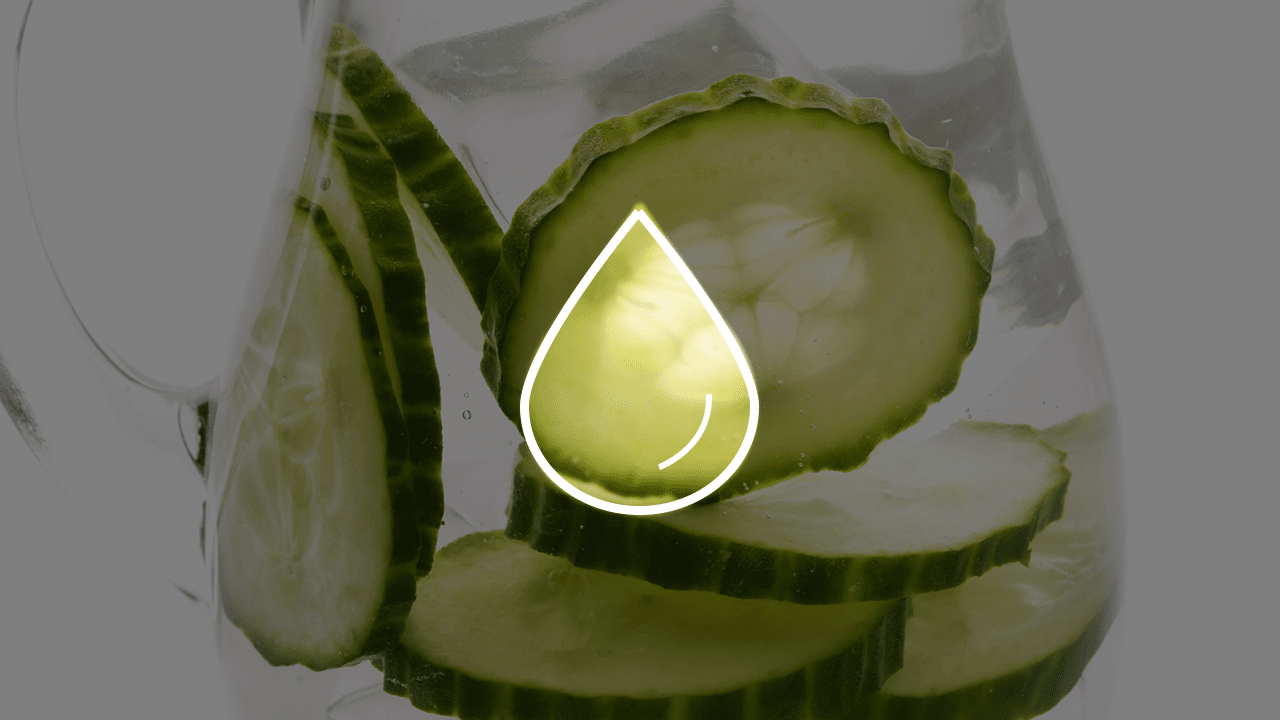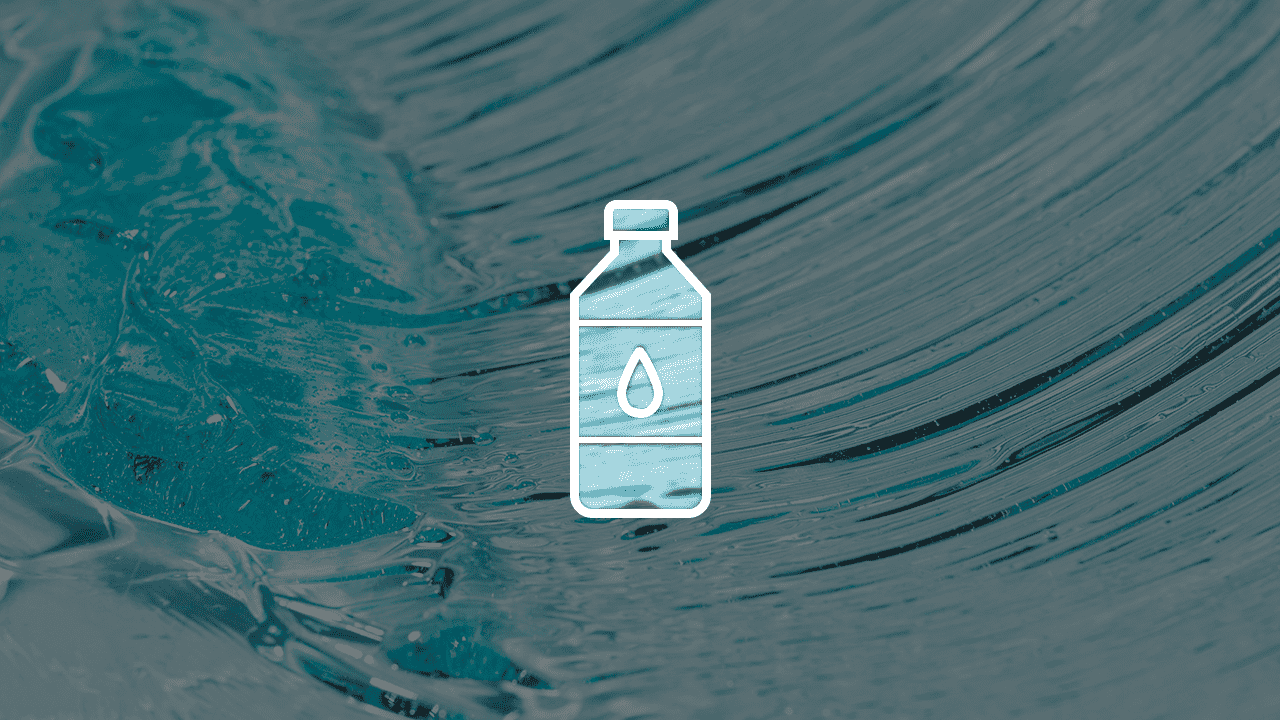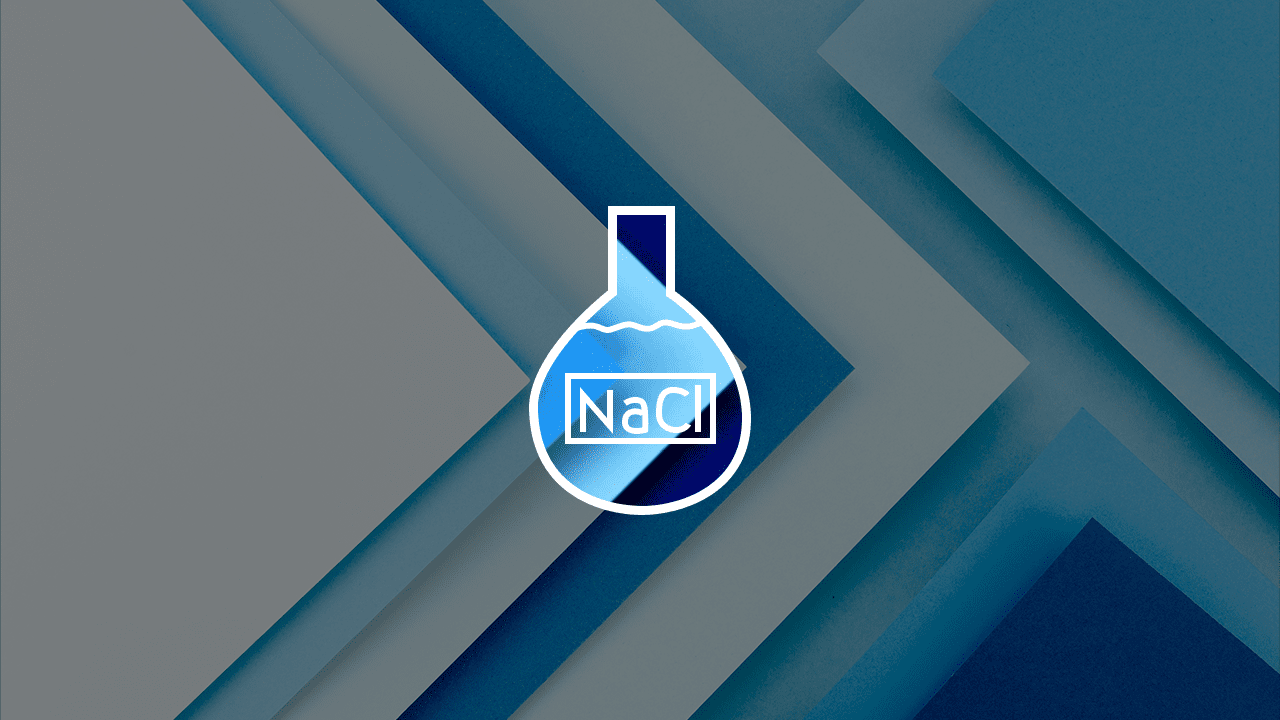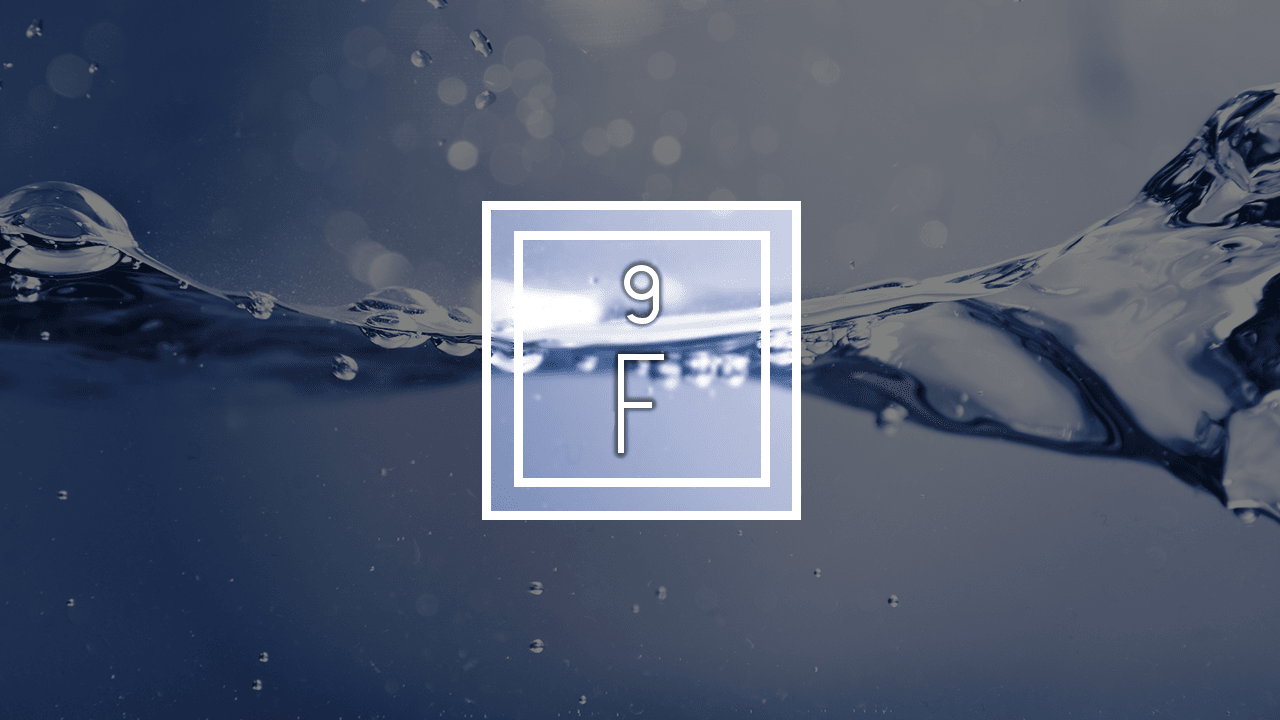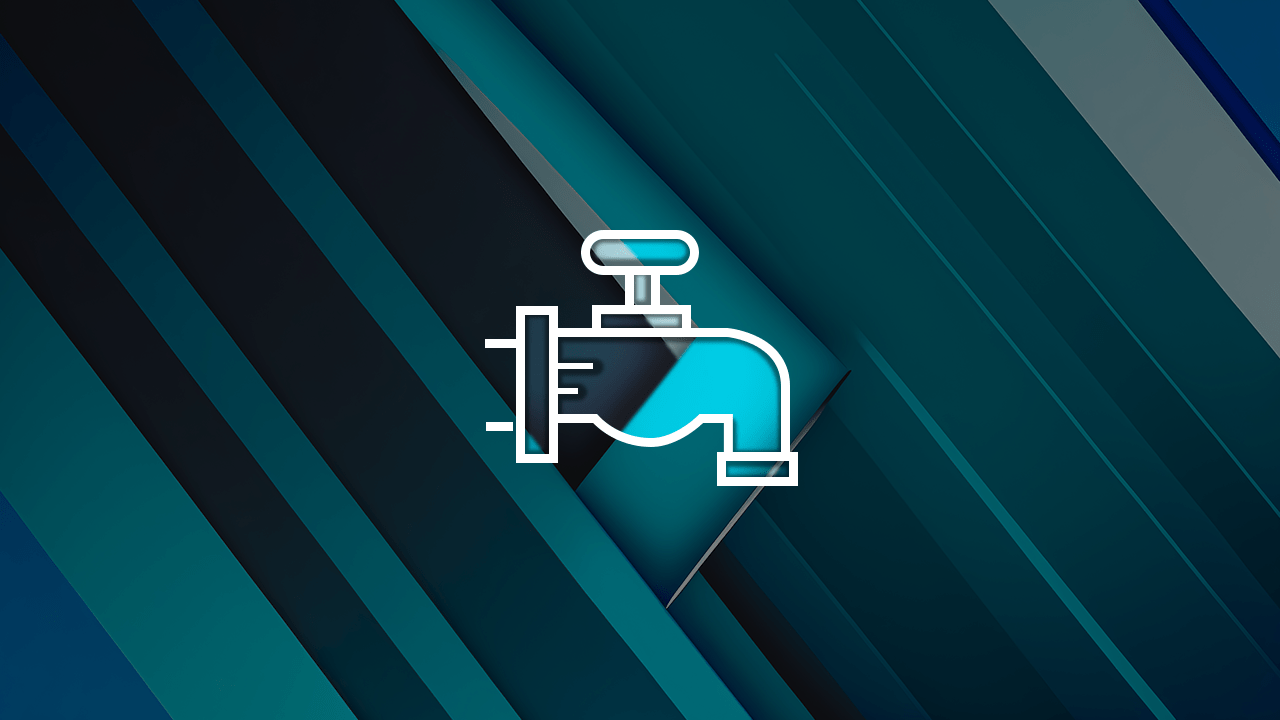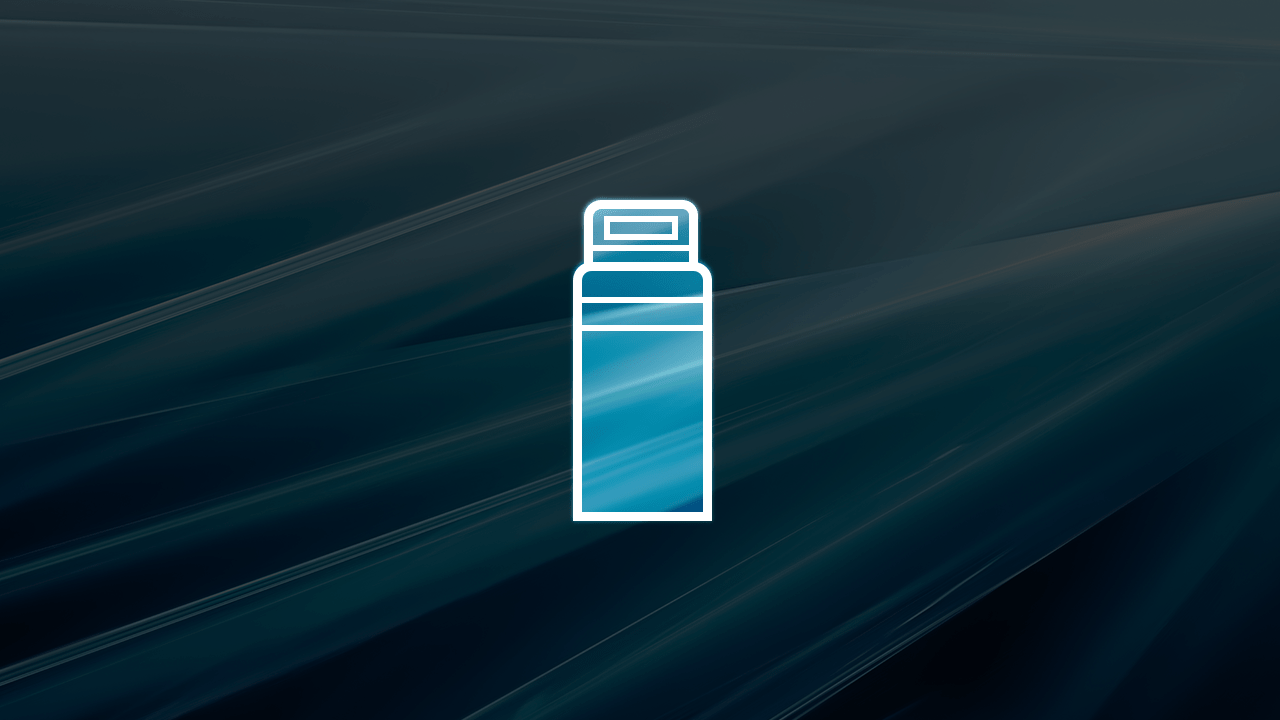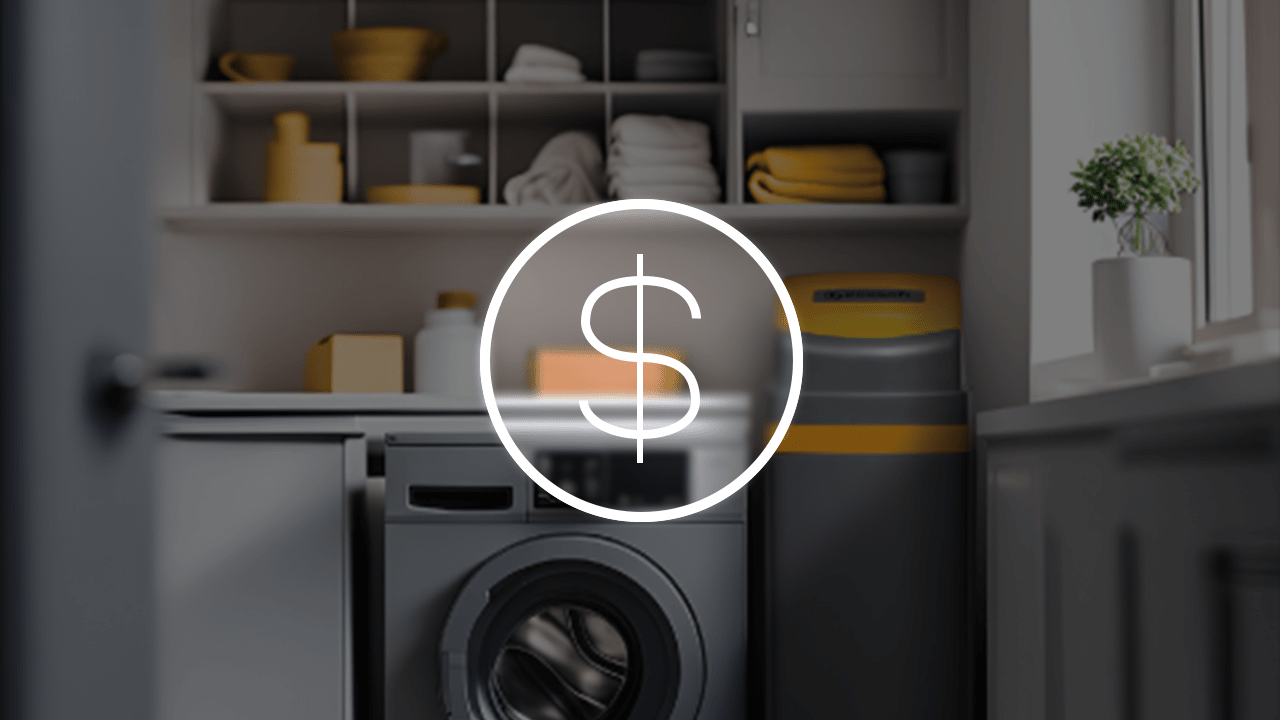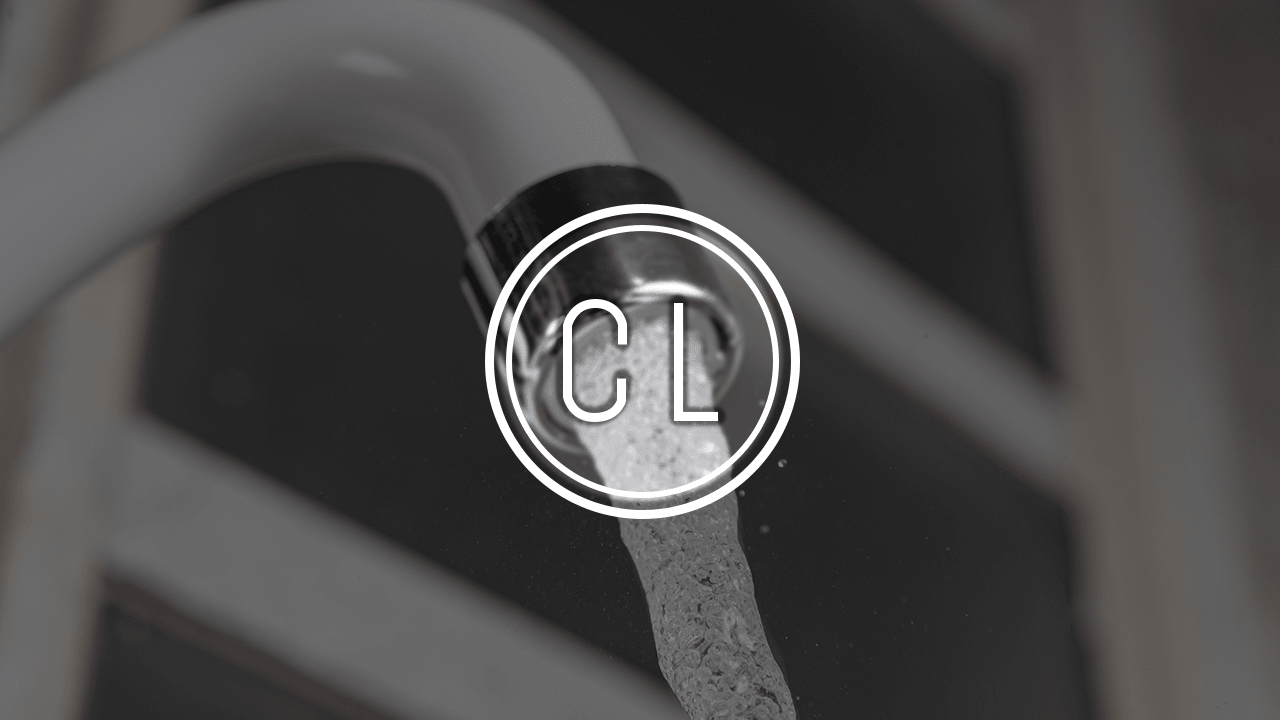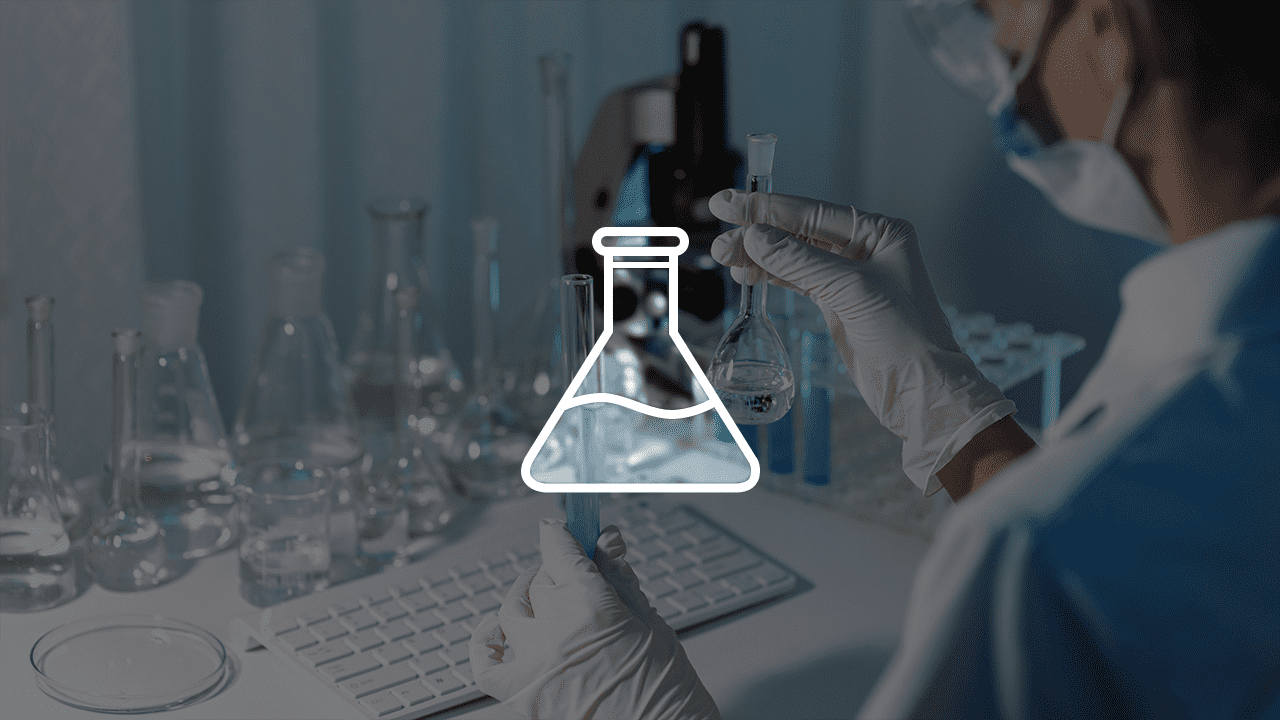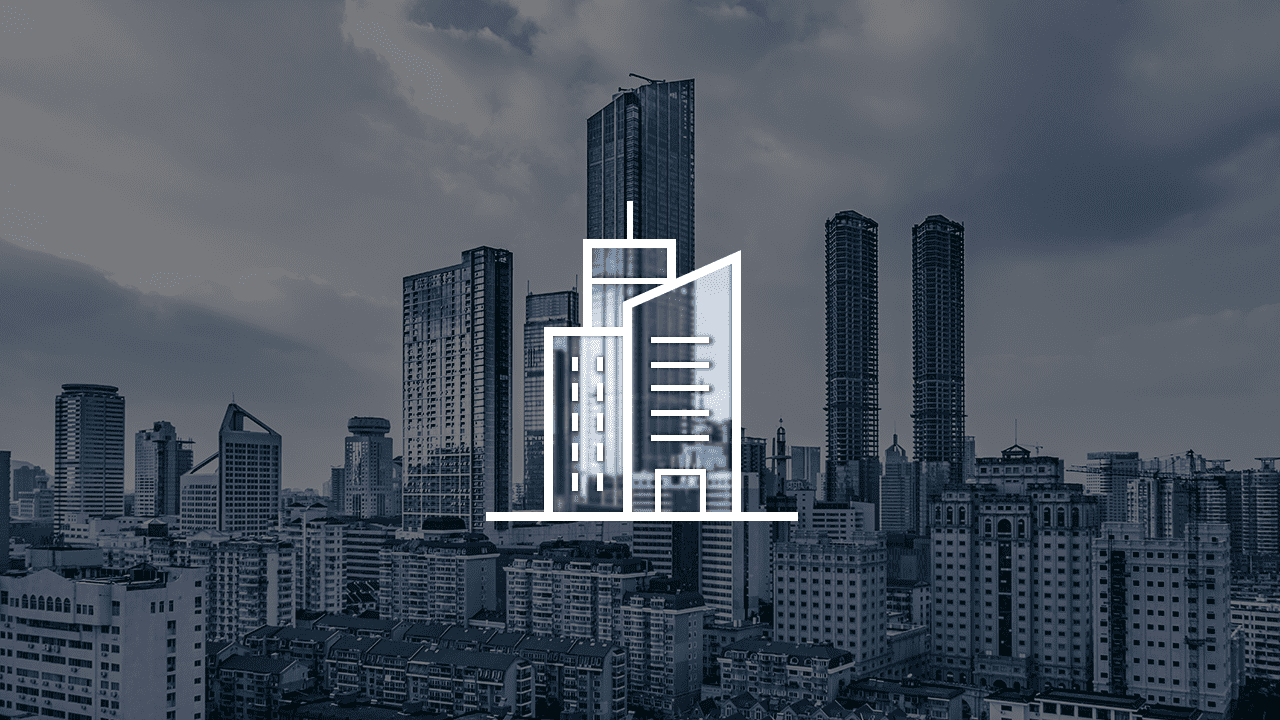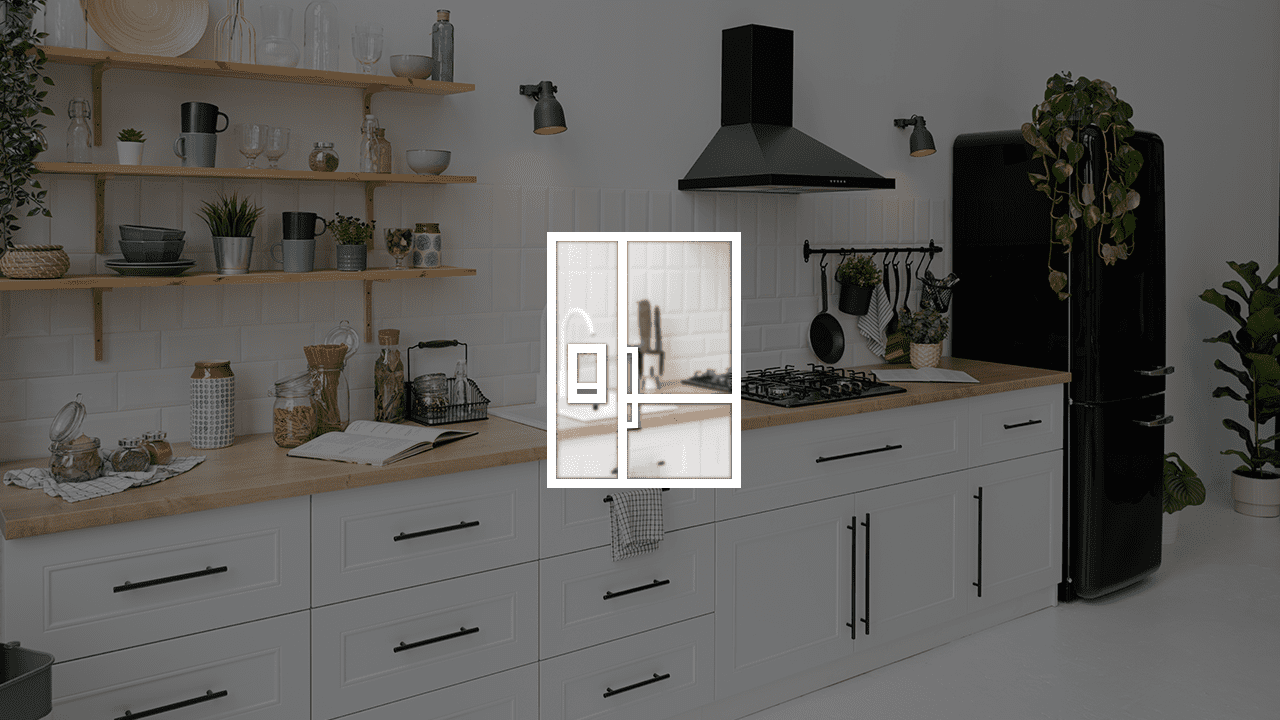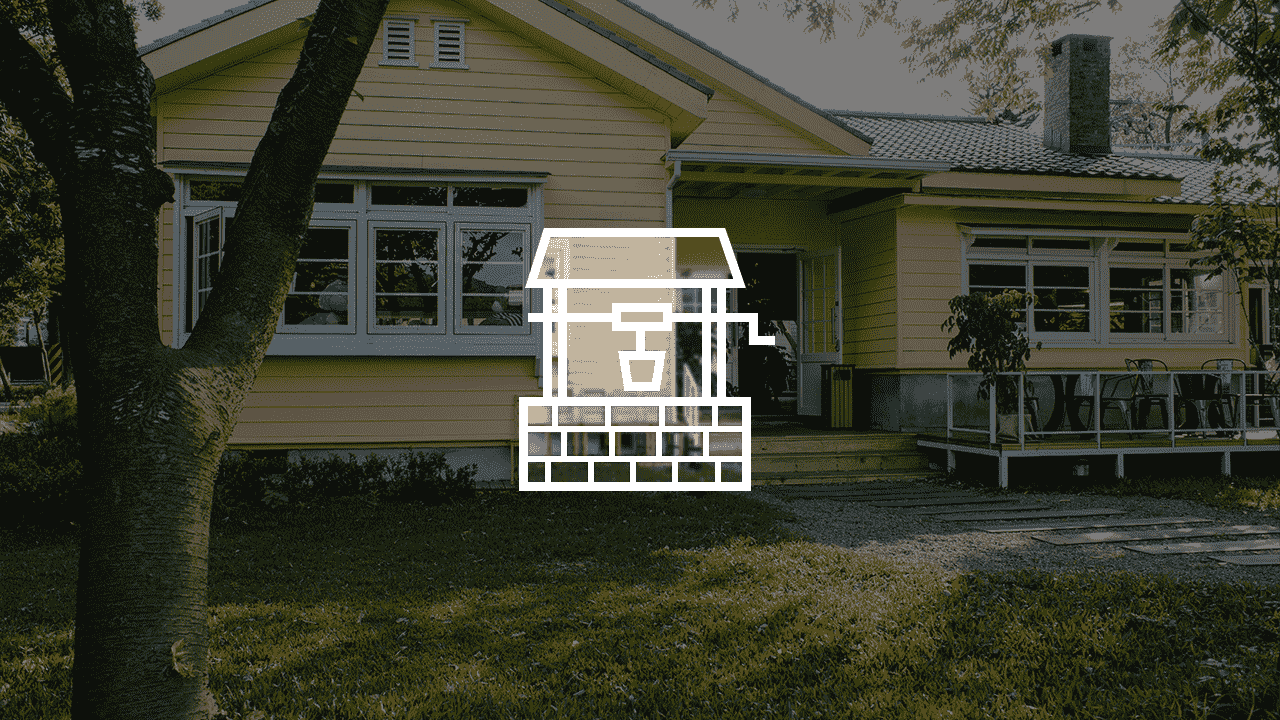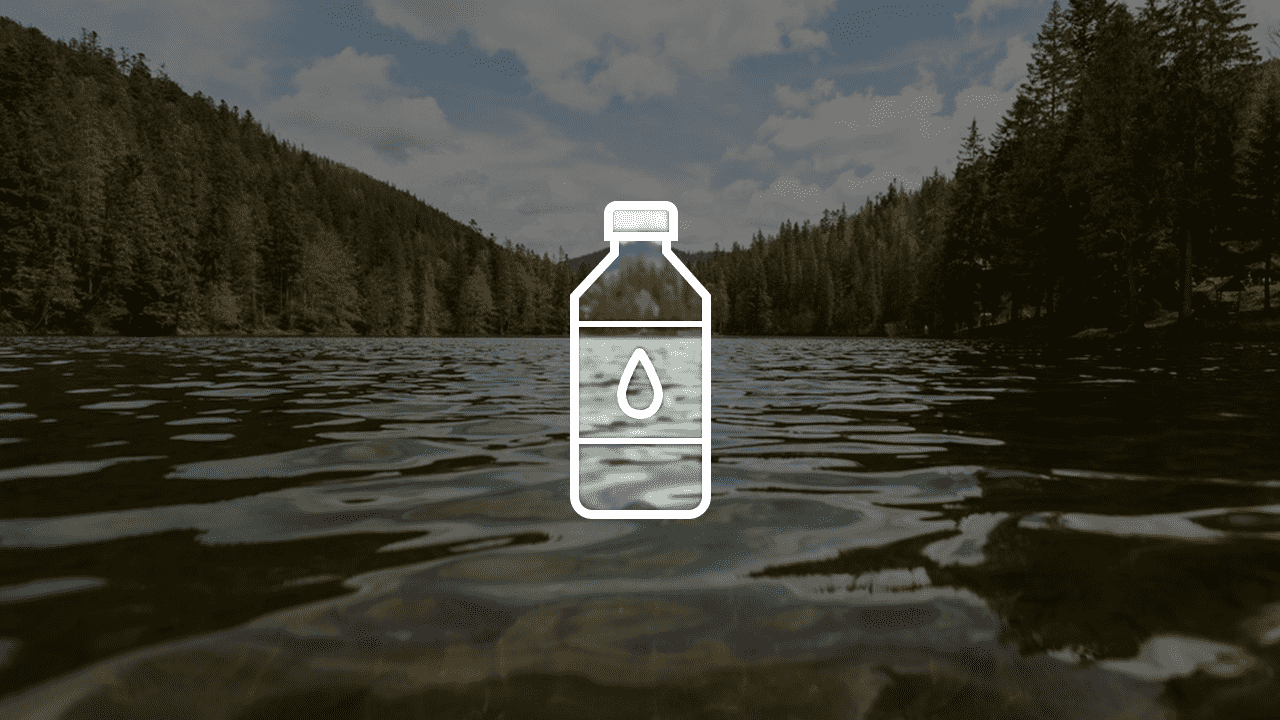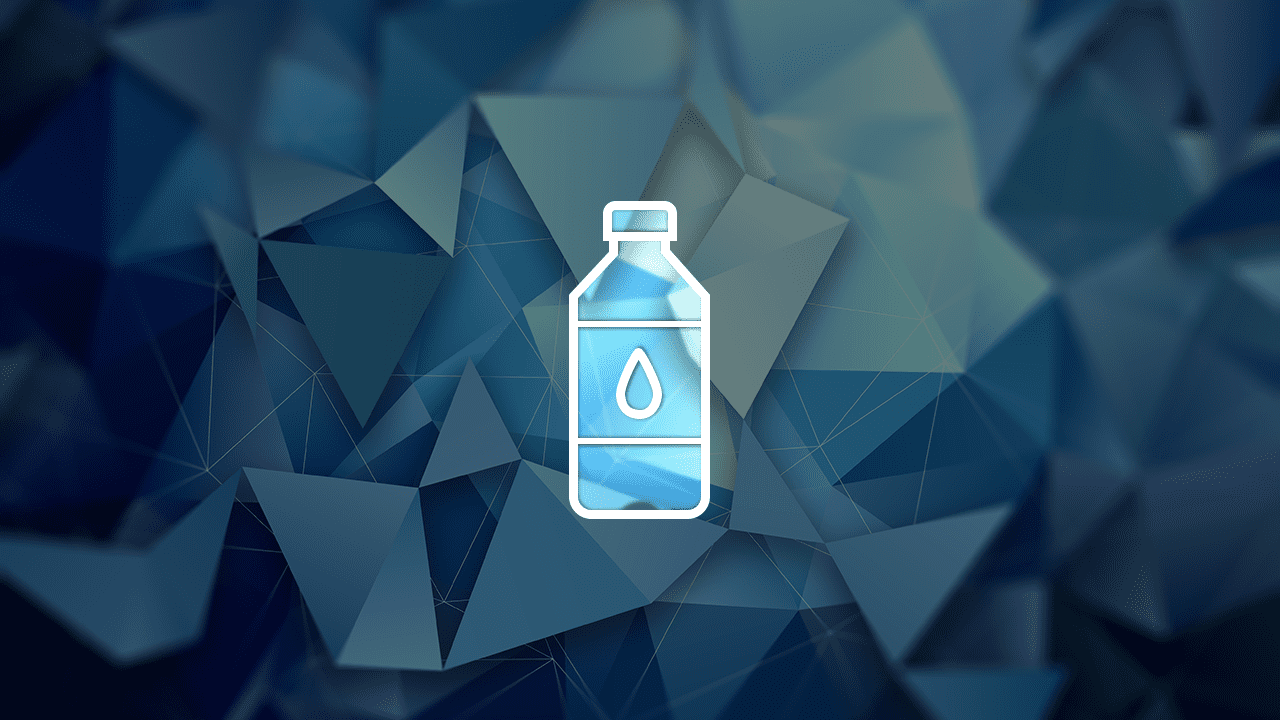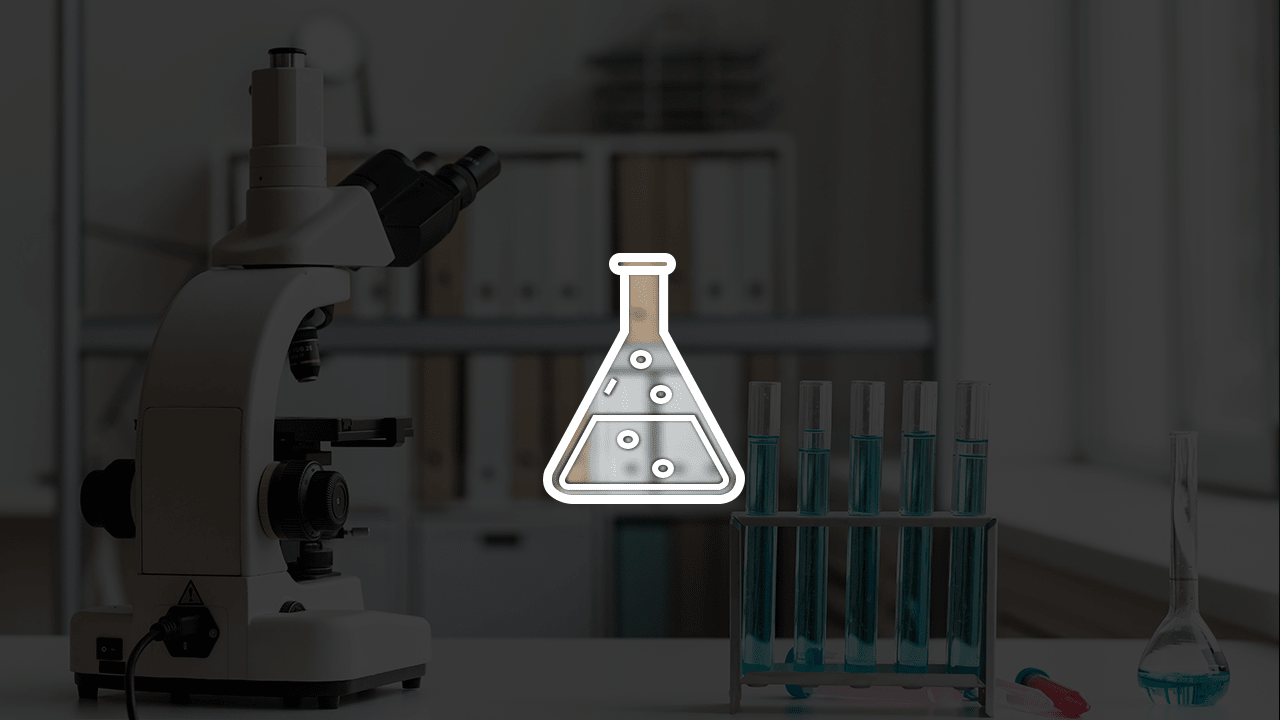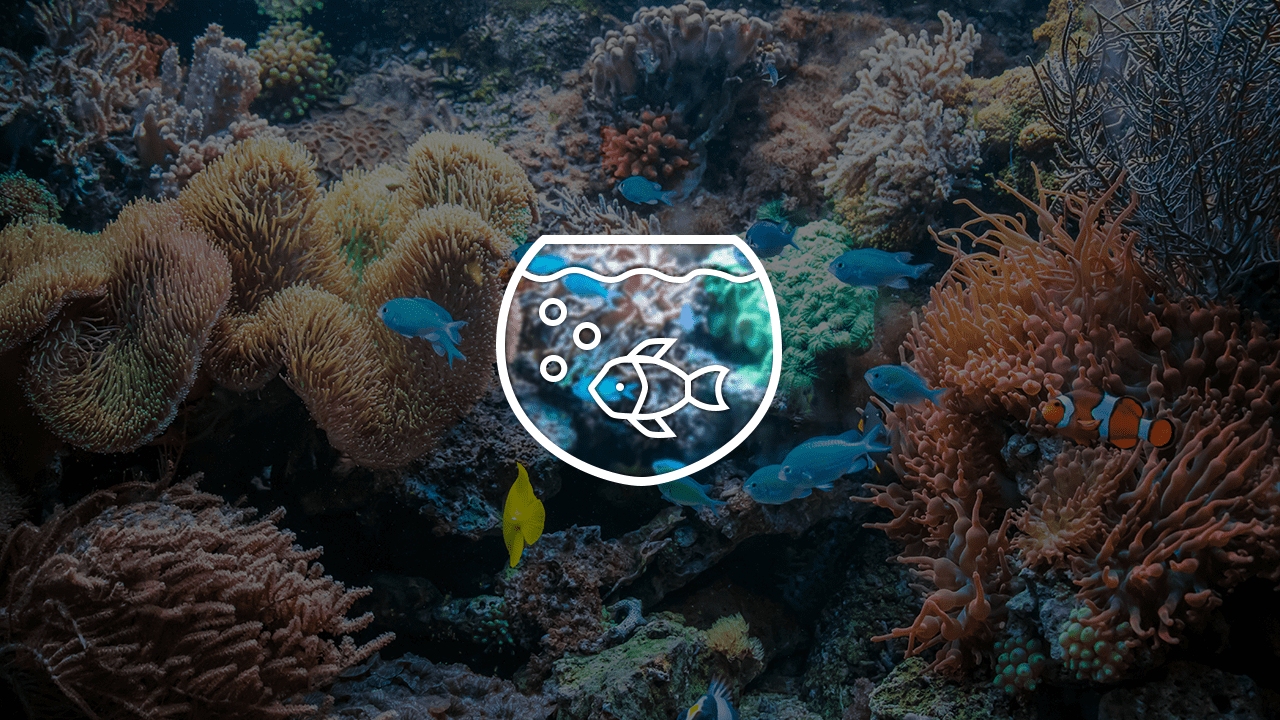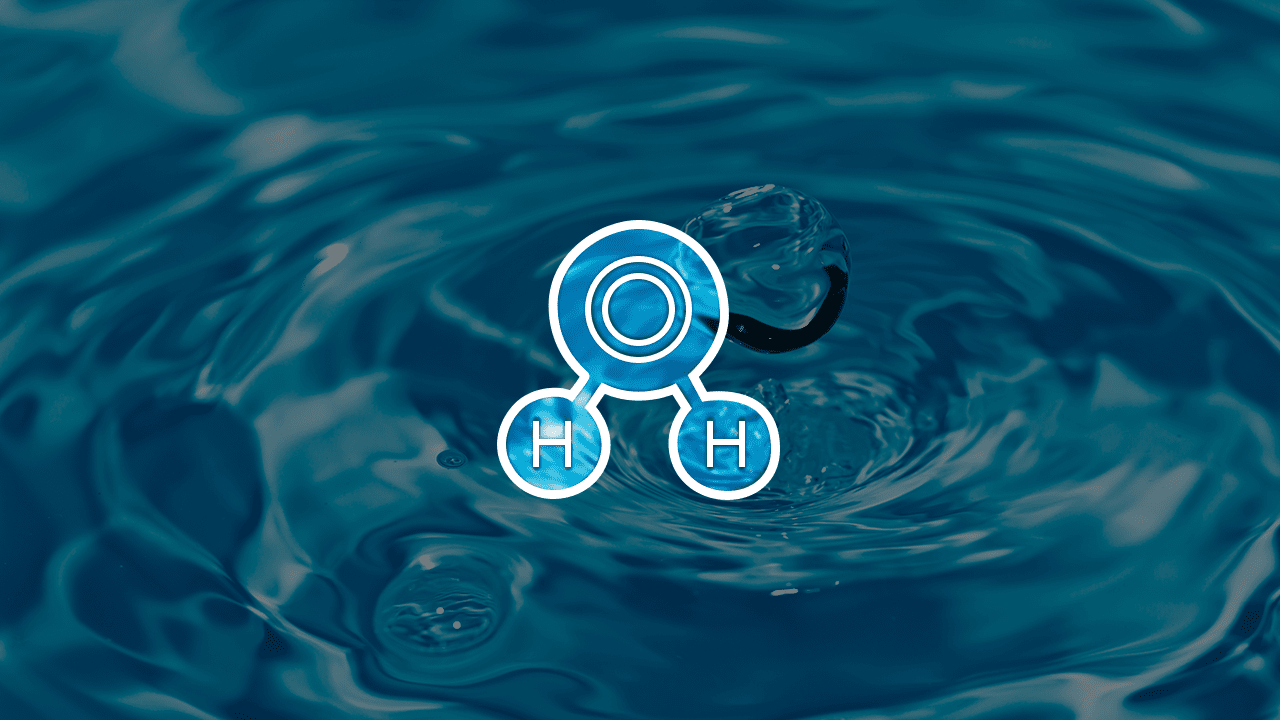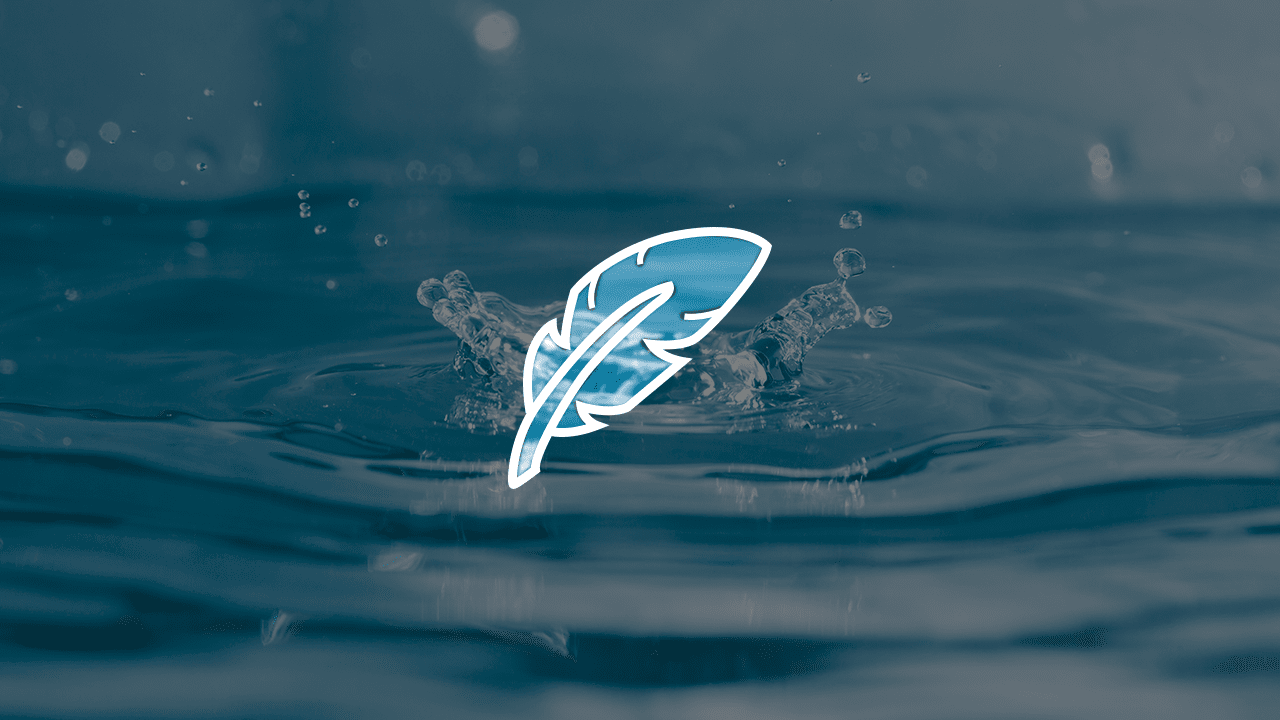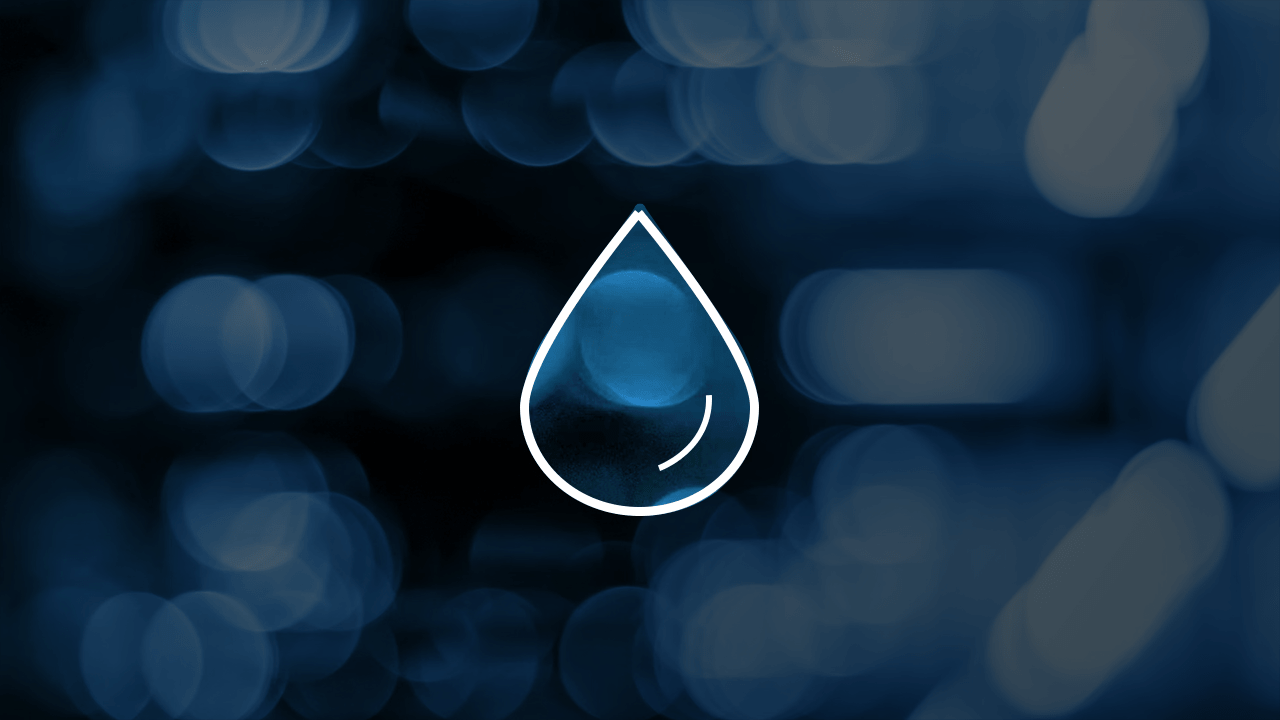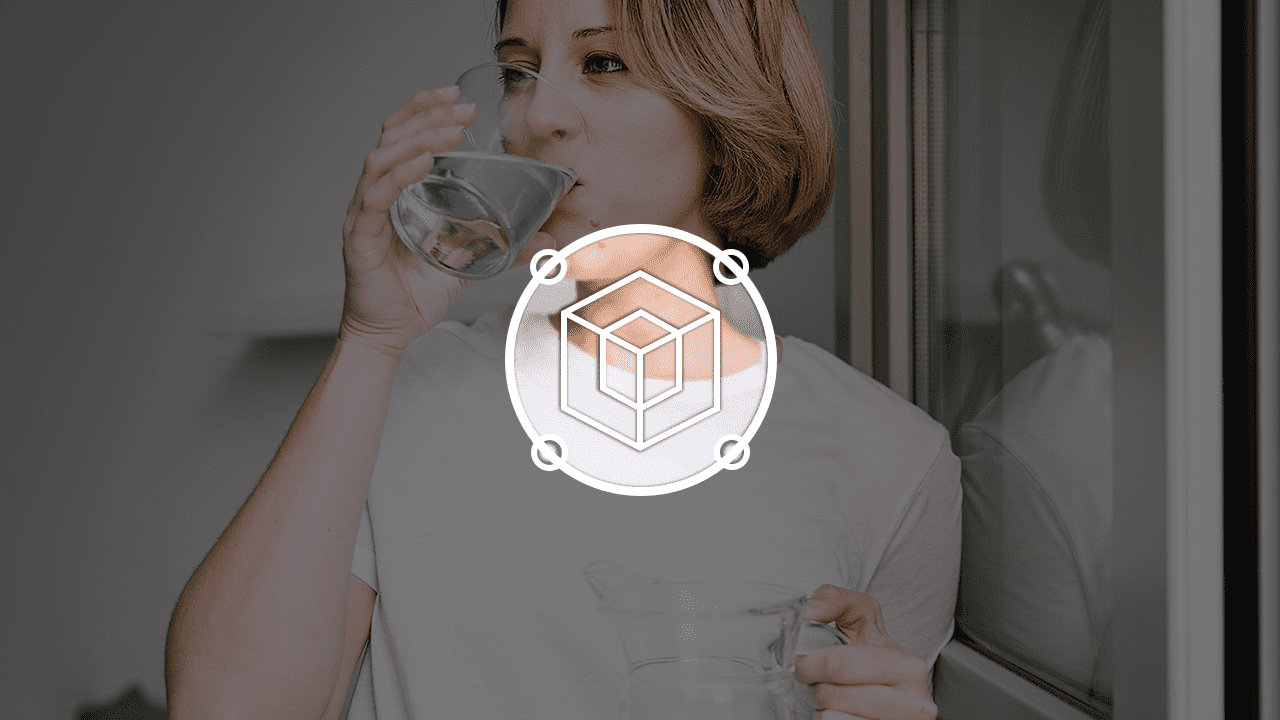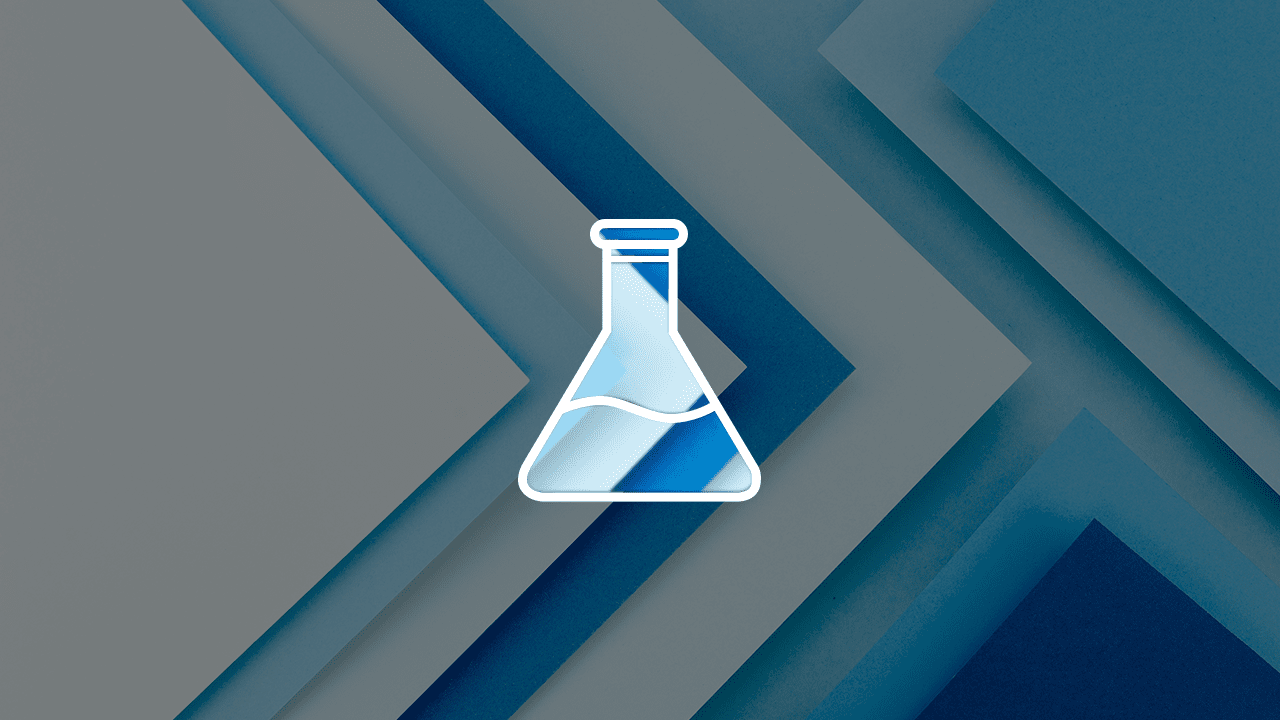Ecosoft useful library
Unlock the wealth of knowledge on water treatment with the Ecosoft Useful Library. Discover insightful articles, guides, and tips to understand the importance of water treatment and make informed decisions for clean and safe water in your home or business. Trust Ecosoft for reliable expertise in achieving optimal water quality.

EXPLORE ON THIS PAGE
ECOSOFT BLOG
FAQs
Where can I buy the Set of replacement filters 1-2-3-4 for RObust PRO at the best price?
You can purchase the Set of replacement filters 1-2-3-4 for RObust PRO at the best price directly from our official website or authorized dealers. Buying from these sources ensures you receive genuine filters that are compatible with your RObust PRO system and are backed by warranty support. Be cautious when considering third-party sellers to avoid counterfeit or low-quality filters that may compromise your system's performance and water quality.
What makes the Arctic Blue 370 a good choice for my home?
The Arctic Blue 370 compact water softener offers several advantages. Firstly, its efficient ion exchange process ensures you'll enjoy the benefits of soft water while minimizing water and salt consumption. Secondly, its compact design allows for flexible installation in various spaces. Additionally, this model boasts advanced features like a user-friendly digital control panel and a reliable bypass valve. Finally, with our competitive pricing, you'll be getting high-quality water softening at an excellent value.
Is installation of the P'URE AquaCalcium Mint reverse osmosis filter a complex process?
Installing the P'URE AquaCalcium Mint reverse osmosis filter is a relatively straightforward process, and it comes with detailed installation instructions. However, if you're not comfortable with DIY installation, we recommend hiring a professional plumber to ensure a hassle-free setup. The filter is designed for under-sink installation and includes all the necessary components, making it convenient for most households to enjoy the benefits of clean and delicious water without extensive plumbing knowledge.
How often should I replace Ecomix® C filter media in my water treatment system?
The frequency of media replacement depends on factors like water quality, usage, and system specifications. Ecomix® C filter media has a long service life and can be regenerated, extending its usability. Generally, it's recommended to monitor water quality regularly and replace or regenerate the media when it no longer effectively treats the water. Refer to the manufacturer's guidelines and consult with a water treatment professional for specific recommendations tailored to your system.
How often do I need to replace the filters in the CROSS90 reverse osmosis filter system?
The frequency of filter replacement in the CROSS90 reverse osmosis filter system depends on your water quality and usage. In most cases, the pre-filters and the membrane should be replaced every 6 to 12 months to maintain optimal performance. The post-filter may need replacement less frequently, typically every 12 to 24 months. It's essential to follow the manufacturer's recommendations and periodically check the system's performance to ensure your water remains pure and clean. Replacement filters are readily available for purchase to help you maintain the system efficiently.
Where can I buy the ROBUST PRO Reverse Osmosis Filter, and what is the pricing like?
You can purchase the ROBUST PRO Reverse Osmosis Filter directly from our official website or from authorized retailers. The pricing may vary depending on any ongoing promotions or bundles, so we recommend checking our website for the most up-to-date pricing information. Rest assured that the ROBUST PRO offers exceptional value for the quality and performance it delivers, making it an excellent long-term investment in your family's health and well-being.
How often do I need to replace these filters?
The replacement frequency depends on factors such as your water quality and usage. However, as a general guideline, we recommend replacing the pre-filter (1) and sediment filter (2) every 3 to 6 months, and the carbon filter (3) and post-filter (4) every 6 to 12 months. Regularly inspecting your filters and monitoring the water quality will help you determine when replacements are needed. Keep in mind that these recommendations may vary, so always refer to your RObust PRO's user manual for specific guidance.
Is the Arctic Blue 370 compact water softener easy to install?
Yes, the Arctic Blue 370 is designed for straightforward installation. It comes with detailed installation instructions, and many homeowners find it suitable for DIY installation. However, if you're not comfortable with DIY projects, it's always a good idea to hire a professional plumber to ensure a trouble-free setup. Additionally, the compact size of the Arctic Blue 370 makes it easy to fit into most utility rooms or under sinks, saving valuable space.
How often do I need to replace the filters in the P'URE AquaCalcium Mint reverse osmosis filter?
Filter replacement frequency depends on your water quality and usage. Generally, the pre-filter and post-filter should be replaced every 6-12 months, while the reverse osmosis membrane and mineralization filter typically last 2-3 years. However, it's essential to monitor the filter's performance and follow the manufacturer's recommendations for your specific unit. Regular maintenance ensures your filter continues to provide clean and refreshing water.
Where can I purchase Ecomix® C filter media at the best price?
You can buy Ecomix® C filter media, specifically the ECOMIXC25 variant, at the best price from authorized distributors, retailers, or online suppliers. To ensure you get a competitive price, consider comparing offers from different sources and verifying the product's authenticity. Always purchase from reputable suppliers to guarantee the quality of the media.
Is installation of the CROSS90 reverse osmosis filter complicated?
Installing the CROSS90 reverse osmosis filter is a straightforward process, and it can typically be done by homeowners without professional assistance. The system comes with detailed instructions and all the necessary components for installation. It usually involves connecting the filter to your existing water supply and setting up the faucet. If you encounter any difficulties during installation, our customer support team is available to provide guidance and assistance.
Is installation of the ROBUST PRO Reverse Osmosis Filter complicated, and do I need professional help?
Installing the ROBUST PRO is straightforward and can typically be done as a DIY project. The package includes clear instructions and all the necessary components. However, if you're not comfortable with plumbing tasks, you can always hire a professional plumber to ensure a hassle-free installation. Many customers find the installation process manageable and enjoy the added benefit of knowing how their filtration system works.
What steps can I take to prevent scale buildup in my plumbing and appliances due to hard water?
Here are some steps you can take to prevent scale buildup in your plumbing and appliances due to hard water:
- Install a water softener or filter.
- Use vinegar or baking soda to clean your plumbing fixtures and appliances regularly.
- Wipe down your bathtub, shower, and sink after each use.
- Flush your washing machine with vinegar once a month.
What initiatives are being undertaken to reduce plastic bottle waste?
There are a number of initiatives underway to reduce plastic bottle waste, including the development of biodegradable plastic water bottles and reusable water bottles made from recycled materials.
What can individuals do to ensure the safety of their tap water at home?
Here are some things you can do to ensure the safety of your tap water at home:
- Run the tap for a few seconds before using it.
- Use a water filter that is certified to remove the specific contaminants you are concerned about.
- Boil water before drinking it, especially if you are traveling to a country with poor tap water quality.
If you have any questions or concerns about the safety of your tap water, please contact your local water utility
What is the acceptable range for water hardness in residential settings?
The acceptable range for water hardness in residential settings is 0-120 mg/L. Water with a hardness level above 120 mg/L is considered to be hard water.
How often should I test my aquarium water for hardness levels?
Regular testing is crucial for maintaining ideal water parameters in your aquarium. It is recommended to test your water weekly, especially if you make changes to your water softening methods or introduce new fish to your aquarium.
By following these guidelines and adopting the right water softening approach, you'll be well on your way to providing an ideal aquatic habitat for your beloved fish, promoting their health and well-being, and ultimately creating a flourishing underwater world that you can be proud of.
Is fridge water filtered automatically?
Yes, water from the fridge is typically filtered automatically when dispensed through the refrigerator door.
Is water from the fridge purified or just filtered?
Filtered, not purified. While many impurities are removed, some contaminants may remain. Consider additional purification methods for comprehensive water safety.
Does a fridge filter remove chlorine?
Yes, activated carbon in refrigerator water filters effectively removes chlorine, enhancing water taste and odor.
What steps should I take to troubleshoot a malfunctioning well water system?
- Conduct a visual inspection
- Test the water quality
- Check for leaks or damage to well components
- Consult with a professional if issues persist
Why might well water have discoloration or odors?
Various contaminants, such as iron, manganese, bacteria, or tannins, can cause discoloration and odors.
How often should I inspect my well water system to prevent problems?
Annual inspections are recommended, along with regular water testing.
What are common signs of well water system issues?
- Discolored or cloudy water
- Unpleasant odors
- Reduced water pressure
- Stains on fixtures
Is it possible to filter or purify salt water for safe consumption?
While technologies exist to desalinate and purify salt water, these methods are not always practical in emergency situations. Additionally, they may not be readily available or accessible. It's essential to explore alternative methods for obtaining fresh water rather than relying solely on filtration or purification methods in dire circumstances.
Remember, the primary message is that drinking salt water is not a recommended practice for hydration, and efforts should be focused on finding a reliable source of fresh water.
Is it true that consuming salt water can lead to dehydration?
Yes, it is indeed true. Despite the tempting proximity of salt water in emergency situations, relying on it for hydration is counterproductive. The high salt content disrupts the body's equilibrium and exacerbates dehydration, posing a significant risk to your overall health.
Are there any benefits to drinking salt water for hydration in specific situations?
In emergency situations where no fresh water is available, consuming small amounts of salt water might be considered as a last resort. However, it's crucial to understand that this should not be viewed as a beneficial or sustainable method for hydration. It's a desperate measure and comes with risks and side effects.
How is the quality of your bottled water ensured?
Bottled water quality is rigorously ensured through adherence to strict regulatory standards. The industry follows comprehensive testing protocols to guarantee that the water you consume meets or exceeds safety and purity requirements.
Are the plastic bottles safe to reuse?
With environmental concerns on the rise, many individuals are considering reusing plastic bottles. We investigate the safety implications of reusing bottled water containers and explore eco-friendly alternatives.
How can you make eating snow safer in survival situations?
Here are a few tips for making eating snow safer in survival situations:
- Collect snow from a clean area away from roads, sidewalks, and other areas where it may be contaminated.
- Melt the snow before eating it. This will help to remove any contaminants and make it easier for your body to digest.
- Eat the snow slowly and in small amounts. This will help to prevent hypothermia.
Can you get sick from eating snow?
Yes, you can get sick from eating snow. Snow can contain contaminants, such as bacteria, viruses, parasites, and chemicals. Eating contaminated snow can make you sick.
What are the risks of consuming snow for hydration?
The risks of consuming snow for hydration include:
- Dehydration: Eating snow can actually dehydrate you, as your body has to use energy to melt it.
- Hypothermia: Eating snow can lower your body temperature, which can lead to hypothermia.
- Illness: Snow can contain contaminants, such as bacteria, viruses, parasites, and chemicals. Eating contaminated snow can make you sick.
What are the most common types of plastic used in water bottles?
The most common types of plastic used in water bottles are polyethylene terephthalate (PET), high-density polyethylene (HDPE), and low-density polyethylene (LDPE).
Are there health risks associated with poor tap water quality?
Yes, poor tap water quality can cause a variety of health problems, including diarrhea, cholera, typhoid, and dysentery. Contaminated water can also contain chemicals that can cause cancer and other chronic health problems.
How to recognize good tap water quality?
Good tap water should be clear and colorless, with no odor or taste. It should also be free of any visible particles.
Are there any risks associated with using commercial water softeners in aquariums?
Commercial water softeners can be risky if not used correctly, as they might remove too many minerals. Proper monitoring and mineralization are essential when using these products.
Is it safe to eat snow when you're thirsty?
It is generally not recommended to eat snow when you're thirsty. There are a few risks associated with eating snow, including dehydration, hypothermia, and illness from contaminants. However, if you do need to eat snow, there are a few things you can do to make it safer.
Are there any health risks associated with using plastic water bottles?
Yes, plastic water bottles have been linked to a number of health concerns, including chemical leaching and bacterial contamination.
How much water should I drink a day?
The amount of drinking water you need to drink each day depends on a number of factors, including your age, activity level, and climate. However, a good general rule of thumb is to drink eight glasses of water per day.
What are the signs that my water might be hard?
Here are some of the signs that your water might be hard:
- Soap scum on your bathtub, shower, and sink
- Scale buildup on your plumbing fixtures and appliances
- Dry skin and hair
- Difficulty getting suds when you shower or wash dishes
- Dingy laundry
What is the ideal water hardness for most aquarium fish?
Most tropical freshwater fish thrive in water with a GH of 4-8°dGH and a KH of 3-6°dKH.
Can I use regular tap water for my aquarium, or should I soften it? The choice of using tap water or softening it depends on the specific requirements of the fish species in your tank. Some may do well with tap water, while others require softened water.
Why should I buy the Set of replacement filters for RObust PRO?
Investing in the Set of replacement filters for RObust PRO is crucial to maintain the efficiency and performance of your water filtration system. Regularly replacing filters ensures that your RObust PRO continues to provide clean, safe, and great-tasting water. Neglecting filter replacement can lead to a decline in water quality and potentially damage the system, so it's a cost-effective way to safeguard your health and the longevity of your appliance.
How does the Arctic Blue 370 water softener work?
The Arctic Blue 370 operates on a process known as ion exchange. It contains resin beads that attract and trap calcium and magnesium ions (hardness minerals) as water flows through the system. These minerals are then replaced with sodium ions, softening the water. When the resin beads become saturated with hardness minerals, the system initiates a regeneration cycle, where a brine solution is used to rinse and rejuvenate the resin beads, allowing them to continue softening your water effectively.
What are the key benefits of using the P'URE AquaCalcium Mint reverse osmosis filter?
There are several benefits to using the P'URE AquaCalcium Mint reverse osmosis filter:
- Pure and Clean Water: The reverse osmosis process removes up to 99% of impurities and contaminants, ensuring you have access to clean and safe drinking water.
- Enhanced Taste: The added mint flavor provides a pleasant and refreshing taste to your water.
- Mineral Enrichment: The filter also adds calcium to your water, which is essential for your health.
- Space-Saving Design: The compact design of the filter allows for easy installation under your sink, saving valuable counter space.
- Cost-Effective: By using this filter, you'll reduce the need for bottled water, saving you money in the long run.*
What are the key benefits of using Ecomix® C filter media?
Ecomix® C filter media offers several advantages:
Effective Contaminant Removal: It efficiently removes a wide range of impurities, ensuring clean and safe water.
Long-Lasting Performance: Ecomix® C has a long service life, reducing maintenance and replacement costs.
Eco-Friendly: This media is environmentally friendly and can be regenerated, minimizing waste.
Improved Water Taste and Odor: It enhances the taste and odor of treated water.
Versatile Application: Suitable for various water treatment systems, including residential and commercial setups.
How does the CROSS90 reverse osmosis filter compare to traditional filtration methods?
The CROSS90 reverse osmosis filter offers several advantages over traditional filtration methods. Unlike standard filters that use a simple mesh or carbon filtration, reverse osmosis utilizes a semi-permeable membrane to effectively remove even the tiniest particles, including dissolved salts and minerals. This results in water that is not only free from contaminants but also has improved taste and purity. Additionally, the direct flow design reduces water wastage, making it a more environmentally-friendly choice.
How does the ROBUST PRO compare to other reverse osmosis filters on the market?
The ROBUST PRO stands out due to its advanced filtration technology and reliability. It features a robust multi-stage filtration process that effectively removes a wide range of impurities while retaining essential minerals in your water. Additionally, it boasts a high flow rate and durable components, ensuring longevity and minimal maintenance. When it comes to performance, quality, and affordability, the ROBUST PRO is a top choice.
Is ECOMIX® sensitive to active chlorine, pH level or TDS?
ECOMIX® shows stable operation with active chlorine levels below 1 ppm and pH in the range of 5 to 9. ECOMIX® is not affected by the anion composition of the water and is stable with feed water TDS below 4000 ppm.
I have customers who use surface water (lake, rivers, canals, ponds) rather than well water. Can I use ECOMIX® for this application?
ECOMIX® is intended for well, but not the surface water treatment. Surface water may be microbiologically contaminated, have high levels of TOC (total organic carbons), tannins and color that often exceed ECOMIX® limitations. Surface water can be treated with ECOMIX® only after chlorination and sediment filtration followed by activated carbon filter.
Can I use ECOMIX® to just remove organic matter and tannins?
ECOMIX® should not be used if organic matter reduction is the only purpose of treatment. But ECOMIX® can be used to reduce organic matter (color) and to soften water from well or municipal supply. The unit’s capacity should still be rated based on raw water hardness.
Is the Ferrosorb an ion exchange based product that is also regenerated by salt?
Ferrosorb is regenerated due to surface scouring mechanism during backwash. This is the reason why we always draw attention on the proper backwash flow rate.
My application is a well that is placed close to the surface water (lake, rivers, canals, ponds).
Water in shallow which are close to the surface water may be a mixture of well and surface water and may have higher than normal TOC and color. It could be microbiologically contaminated. In these situations, ECOMIX® is applicable but additional treatment may be required. We recommend paying attention to the color of the water and doing a tannin test. You must strictly follow the test instructions. For example, commonly used LaMotte test kits require a 30-minute wait before the results are indicated. Once complete, please send the water analysis and the tannin test results with a picture of the water in a white bucket to your water treatment specialist.
Can I use ECOMIX® in cases of high iron, manganese or tannins content and with low hardness level?
ECOMIX® will operate successfully under these conditions. However, raw water hardness must be used to program the control valve and you must set the “Day Override” to 3 or 4 days. Be sure to contact your water treatment specialist if you have any questions.
Is it true that ECOMIX® will remove all types of iron, including ferric?
ECOMIX® will not remove ferric or oxidized iron efficiently. In applications where ferric iron is present we recommend to install a sediment filter before the ECOMIX® system to trap ferric iron particulates.
What happens if I operate the ECOMIX® system without that first regeneration?
The system will not remove the contaminants properly. There are 5 components in one bag of ECOMIX®. For proper filter operation these components need to be “layered”. When ECOMIX® is being regenerated, the mixture self-classifies into layers making it becoming ready for usage.
Why is a top basket distributor necessary?
This distributor is necessary in order to prevent ECOMIX® from being lost during the backwashing sequence of regeneration.
What is included in the Set of replacement filters 1-2-3-4 for RObust PRO?
The Set of replacement filters 1-2-3-4 for RObust PRO includes four essential filters for your RObust PRO system. These filters cover various filtration stages to ensure the best water quality: a pre-filter (1), a sediment filter (2), a carbon filter (3), and a post-filter (4). Together, they help remove impurities, sediment, chlorine, and enhance the taste of your water.
What is the Arctic Blue 370 compact water softener, and why do I need it?
The Arctic Blue 370 compact water softener is a cutting-edge appliance designed to tackle hard water problems in your home. Hard water contains minerals like calcium and magnesium, which can lead to scale buildup in your plumbing, appliances, and even on your skin and hair. The Arctic Blue 370 uses advanced ion exchange technology to remove these minerals, ensuring you have soft and scale-free water. This not only extends the lifespan of your appliances but also provides numerous benefits such as smoother skin, shinier hair, and improved water quality for everyday use.
What is the P'URE AquaCalcium Mint reverse osmosis filter, MO675PUREMACECO, and how does it work?
The P'URE AquaCalcium Mint reverse osmosis filter, MO675PUREMACECO, is a cutting-edge water filtration system designed to provide you with the purest and freshest drinking water. It uses a multi-stage filtration process, including reverse osmosis, to remove impurities, contaminants, and odors from your tap water. The addition of mint and calcium enhances the taste and mineral content of the water, giving you a refreshing and healthy drinking experience.
What is Ecomix® C filter media, and how does it work?
Ecomix® C filter media is a high-performance water treatment media designed to effectively remove impurities from water sources. It combines various filtration mechanisms, including ion exchange, adsorption, and catalytic action, to target contaminants such as heavy metals, chlorine, and organic compounds. This media enhances water quality and is ideal for residential and industrial water treatment systems.
What is the CROSS90 direct flow reverse osmosis filter, MO3600PECO, and what does it do?
The CROSS90 direct flow reverse osmosis filter, MO3600PECO, is a high-performance water filtration system designed to provide you with clean and purified drinking water. It utilizes reverse osmosis technology to remove contaminants, such as sediments, chemicals, and impurities, from your tap water. This system ensures you have access to fresh and great-tasting water right at your fingertips, without the need for bottled water.
What is the ROBUST PRO Reverse Osmosis Filter, and why should I consider buying it?
The ROBUST PRO Reverse Osmosis Filter is a high-performance water filtration system designed to provide you with clean, purified drinking water. It uses a reverse osmosis process to remove contaminants, including heavy metals, chlorine, bacteria, and more, ensuring your water is safe and great-tasting. By investing in the ROBUST PRO, you'll enjoy the benefits of healthier, better-tasting water for you and your family.
Can I use ECOMIX® if it was accidentally frozen during storage?
Freezing of ECOMIX® should be avoided as it may cause damage to its components. To avoid freezing, ECOMIX® should be stored in a dry room protected from sunlight at temperatures of 35–80 °F (2–27 °C). If it does freeze, ECOMIX® should be thawed out slowly at room temperature before loading and use. Do not treat frozen ECOMIX® with heat or steam.
How often should I conduct a water test?
The frequency of water testing depends on various factors, including the source of your water, any previous issues, and local regulations. As a general guideline:
- Private wells: It is recommended to test private well water at least once a year for bacteria, nitrates, and other contaminants. Additional tests for pesticides or heavy metals may be necessary depending on the location and potential risks.
- Public water supplies: Public water suppliers are required to conduct regular testing and provide annual Consumer Confidence Reports (CCR) that detail the water quality. However, if you have concerns or notice changes in the water's taste, color, or odor, it's advisable to conduct independent testing.
Will ECOMIX® reduce H2 S?
Sometimes ECOMIX® may slightly reduce the rotten odor of H2 S but it is not recommended as a solution.
What can a water test reveal about the quality of my water?
A water test can reveal various aspects of water quality, including:
- Bacterial contamination: Testing can detect the presence of harmful bacteria, such as E. coli or coliforms, which can cause waterborne illnesses.
- Chemical pollutants: The test can identify the presence of chemicals like lead, arsenic, nitrates, pesticides, or volatile organic compounds (VOCs) that may pose health risks.
- pH and mineral content: Water tests can measure the pH level and the concentration of minerals, such as calcium, magnesium, or iron, which may affect taste, hardness, or corrosiveness.
- Overall safety: A comprehensive water test provides an overall assessment of the safety and compliance of your water supply with regulatory standards.
How can I get a water test done?
There are different options for getting a water test done:
- Local laboratories: Many local or state health departments offer water testing services. They can provide instructions on how to collect the water sample and where to send it for analysis.
- Home testing kits: Home water testing kits are available for purchase online or in stores. These kits typically come with instructions and test strips or vials to collect the water sample. Some kits allow you to send the sample to a laboratory for further analysis.
- Professional services: You can also hire professional water testing services to collect the water sample and perform comprehensive analysis. They often provide detailed reports and recommendations based on the results.
Is ECOMIX® sensitive to H2 S?
ECOMIX® is not sensitive to hydrogen sulfide content in well water and its efficiency will not be affected.
Why should I consider a water test for my drinking water?
A water test is essential for understanding the quality and safety of your drinking water. It helps identify potential contaminants, such as bacteria, heavy metals, pesticides, or chemicals, that may be present in the water supply. By conducting a water test, you can make informed decisions about water treatment options, protect your health, and ensure the well-being of your family.
Are there any limitations or factors that can affect TDS readings?
Yes, there are several factors that can affect TDS readings:
- Temperature: TDS readings can be temperature-dependent, so it's essential to take measurements at a consistent temperature or use a TDS tester with automatic temperature compensation.
- Organic matter: TDS testers measure both inorganic and organic substances, so high levels of organic matter may contribute to higher TDS readings without indicating harmful contaminants.
- Dissolved gases: Gases dissolved in water, such as carbon dioxide, can affect TDS readings. Degassing the water sample before testing can help eliminate this interference.
- Sensor quality: The accuracy and reliability of TDS testers can vary depending on the quality and calibration of the device. Regular maintenance and calibration are necessary to ensure accurate readings.
How can I get rid of the sulfur smell in my water?
There are several methods to remove the sulfur smell from water. One common solution is the use of activated carbon filters, which can effectively absorb and neutralize hydrogen sulfide gas. Additionally, aeration systems can introduce oxygen into the water, helping to reduce the presence of the gas. Chlorination or chemical oxidation methods may also be employed to eliminate the sulfur smell. It is advisable to consult a water treatment professional to determine the most suitable method for your specific situation.
How often do iron filters need maintenance, and what are the maintenance requirements?
The maintenance requirements for iron filters can vary depending on the specific model and the water conditions. Generally, iron filters may require regular backwashing to clean out accumulated iron particles and other debris. Some filters may also require periodic media replacement or regeneration. It's important to follow the manufacturer's guidelines for maintenance and consider factors such as water usage, iron concentration, and the filter's lifespan to determine the frequency of maintenance tasks. Regular monitoring of water quality and consultation with a professional can help ensure the iron filter continues to operate effectively.
What types of iron filters are available for well water treatment?
There are different types of iron filters available for well water treatment, including catalytic carbon filters, birm filters, and greensand filters. Each type has its own advantages and is effective at removing iron from water to varying degrees. The choice of the iron filter type depends on the specific characteristics of your well water and the desired level of iron removal.
Can I install a reverse osmosis system myself to save money?
While it is possible to install a reverse osmosis system yourself, it is generally recommended to have it installed by a professional. Proper installation is crucial for the system to function optimally and ensure the quality of the water produced. Additionally, if you're not familiar with plumbing or have limited DIY experience, it's best to consult a professional to avoid any potential issues or damage.
Can I use ECOMIX® if there is aeration or oxidant dosing ahead of the unit?
We do not recommend installation of oxidation and/or aeration before the ECOMIX® system. If you have to use aeration or oxidant dosing for any reason we highly recommend pretreatment with a multimedia sediment filter and an activated carbon filter to remove residual active chlorine.
How can I use a TDS tester effectively?
To use a TDS tester effectively, follow these tips:
- Ensure the tester is calibrated correctly according to the manufacturer's instructions.
- Rinse the testing probe with distilled or deionized water before and after each use to remove any residue.
- Submerge the testing probe into the water sample, avoiding any air bubbles, and wait for the reading to stabilize.
- Take multiple readings from different locations to get a representative average.
- Keep track of the readings over time to monitor any changes in water quality.
What are the effects of hard water?
Hard water can have several effects on daily life. It can lead to the formation of limescale deposits on fixtures, appliances, and plumbing systems, reducing their efficiency and lifespan. Hard water may also interfere with the lathering ability of soaps and detergents, requiring larger amounts to achieve the desired cleaning effect. Additionally, hard water can leave spots and streaks on dishes and glassware when they dry, affecting their appearance.
How is water hardness measured?
Water hardness is typically measured in units of milligrams per liter (mg/L) or parts per million (ppm) of calcium carbonate (CaCO₃). This measurement is known as the Total Hardness. It can be determined through laboratory analysis or by using test kits that provide instant results. The hardness level is often categorized as soft (less than 60 mg/L), moderately hard (60-120 mg/L), hard (120-180 mg/L), or very hard (above 180 mg/L).
What are the benefits of using shower filters?
Using shower filters can offer several benefits for both your health and the overall showering experience. Some of the key benefits include:
- Reduced exposure to chlorine: Shower filters effectively remove chlorine from the water, which can cause dryness and irritation of the skin and scalp.
- Healthier skin and hair: By removing impurities and chemicals, shower filters help maintain the natural moisture balance of your skin and hair, preventing dryness, itchiness, and dullness.
- Protection against harmful substances: Shower filters can reduce the presence of heavy metals, volatile organic compounds (VOCs), and other potentially harmful substances in the water, providing an extra layer of protection.
- Improved air quality: When using a shower filter, the reduction of chlorine and other chemicals can help improve the air quality in your bathroom by reducing the release of chlorine vapors.
How do I determine the right size of iron filter for my well water system?
To determine the right size of an iron filter for your well water system, you need to consider factors such as the flow rate of your water, the level of iron contamination, and the specific needs of your household. It's recommended to consult with a water treatment professional who can assess your water quality and provide guidance on selecting the appropriate size for your iron filter.
How can we control microorganisms in water?
Controlling microorganisms in water is essential to ensure safe and clean water supplies. Several measures can be taken, including:
- Water treatment: Implementing proper water treatment processes, such as filtration, disinfection (e.g., chlorination), and advanced treatment technologies, can help remove or inactivate microorganisms.
- Regular testing: Regular monitoring and testing of water sources for microbial contaminants are crucial to detect any potential issues and take appropriate actions promptly.
- Sanitation practices: Promoting good sanitation practices, including proper waste disposal, maintenance of septic systems, and adequate hygiene practices, can help prevent the introduction of microorganisms into water sources.
- Watershed protection: Protecting watersheds and preventing pollution from entering water bodies can help minimize the presence of microorganisms in the environment and subsequently in water sources.
Is it possible to use ECOMIX® when iron content in water is higher than the limit of 15 ppm?
There are ECOMIX® units in operation which successfully remove iron in even greater concentrations. However, before doing so you should contact your water treatment specialist with a complete water analysis.
What do the TDS readings indicate about water quality?
TDS readings provide an estimate of the overall quality of the water based on the concentration of dissolved solids. Higher TDS levels may indicate the presence of minerals, salts, metals, or other impurities in the water. However, it's important to note that TDS alone doesn't provide specific information about the types of contaminants present. Additional testing may be necessary to identify specific substances or pollutants.
What is a TDS tester, and how does it work?
A TDS tester, also known as a Total Dissolved Solids tester, is a device used to measure the concentration of dissolved solids in a liquid. It works by measuring the electrical conductivity of the liquid, which is directly related to the concentration of dissolved solids. The tester provides a numerical value that indicates the TDS level, giving an idea of the overall water quality.
Can water hardness be treated?
Yes, water hardness can be treated to reduce its effects. Water softening is a common method used to remove calcium and magnesium ions from water. It involves the use of ion-exchange resin or salt-based water softeners that replace the calcium and magnesium ions with sodium ions. Other methods such as reverse osmosis and lime softening are also used to address water hardness. The choice of treatment depends on the specific hardness level, budget, and other factors.
What is water hardness?
Water hardness refers to the concentration of minerals, particularly calcium and magnesium ions, in water. It is a measure of the water's ability to form lather with soap. Hard water contains high levels of these minerals, while soft water has lower concentrations. Water hardness is an important water quality parameter that can have various effects on plumbing systems, appliances, and daily activities.
Can the sulfur smell in water be prevented?
Preventing the sulfur smell in water depends on the specific source of the issue. For well water, regular maintenance and monitoring of the well system are crucial. Ensuring proper ventilation and disinfection of the well can help minimize the growth of sulfur-producing bacteria. Additionally, addressing any issues with plumbing systems, such as corroded pipes or hot water heaters, can also prevent the sulfur smell. Regular water testing and treatment, if necessary, can help maintain water quality and prevent the recurrence of the sulfur smell.
Is the sulfur smell in water harmful?
In most cases, the sulfur smell in water is not harmful to human health. However, it can be unpleasant and affect the taste of drinking water, making it less desirable. Additionally, high levels of hydrogen sulfide gas can be toxic and pose a risk if inhaled in large quantities. It is recommended to address the issue of sulfur smell in water to improve its quality and eliminate any potential health concerns.
What causes a sulfur smell in water?
The presence of a sulfur smell in water is usually caused by the presence of hydrogen sulfide gas. This gas can be produced when organic matter decays, particularly in environments with low oxygen levels such as groundwater and wells. Bacteria that thrive in these conditions release hydrogen sulfide as a byproduct, leading to the characteristic rotten egg smell in water.
Can I convert hard water to soft water in my home?
Yes, you can convert hard water to soft water through a process called water softening. This typically involves using a water softener, which removes the excess minerals in the water and replaces them with sodium or potassium ions. Water softeners can be installed at the point of entry to treat all water entering the house or at specific points of use, such as under a sink or for the shower.
What are the effects of using soft water versus hard water?
Soft water tends to be more beneficial for household use. It can prevent mineral buildup in pipes and appliances, leading to improved lifespan and efficiency. Soft water also allows for better soap lathering and can result in softer, smoother skin and hair. In contrast, hard water may leave mineral deposits on surfaces, reduce soap efficiency, and contribute to scaling in appliances.
What is the difference between soft water and hard water?
Soft water and hard water differ in their mineral content. Soft water has low levels of minerals, specifically calcium, and magnesium, while hard water contains higher concentrations of these minerals.
How do I choose the right shower filter for my needs?
When selecting a shower filter, consider the following factors:
- Water quality: Determine the impurities present in your water supply by conducting a water quality test, if possible. This will help you choose a filter that targets the specific contaminants you want to remove.
- Filter type: Different shower filters use various filtering media. Research and choose a filter that suits your requirements, such as activated carbon filters for chlorine removal or KDF filters for heavy metal reduction.
- Filter lifespan: Check the expected lifespan of the filter cartridge and consider how often you will need to replace it. This can impact the long-term cost and maintenance of the filter.
- Installation and compatibility: Ensure that the filter is easy to install and compatible with your existing showerhead or plumbing setup.
- Budget: Determine your budget range and look for filters that offer a balance between cost and performance.
Do shower filters really work?
Yes, shower filters do work in effectively reducing the levels of impurities and chemicals in the water. The filtering media present in shower filters are designed to capture and trap contaminants, resulting in cleaner and healthier water for showering. However, it's important to note that the effectiveness of a shower filter can vary depending on its quality, design, and the specific impurities present in the water supply. It's recommended to choose a high-quality filter that suits your specific needs and to replace the filter cartridge as per the manufacturer's instructions for optimal performance.
What are shower filters and how do they work?
Shower filters are devices designed to remove impurities and chemicals from the water used for showering. They typically contain a combination of filtering media such as activated carbon, KDF (Kinetic Degradation Fluxion), and ceramic balls. These media work together to effectively reduce chlorine, heavy metals, bacteria, and other contaminants present in the water. As the water passes through the filter, these impurities get trapped, resulting in cleaner and healthier water for showering.
Are there any ongoing maintenance costs for a reverse osmosis system?
Yes, reverse osmosis systems require regular maintenance to ensure their efficiency and longevity. The main maintenance cost is the replacement of filters, which typically need to be changed every 6 to 12 months, depending on the specific system and water quality. The cost of filter replacements can vary but generally falls within the range mentioned earlier, between $50 and $150 annually. It's important to factor in these ongoing maintenance costs when considering the overall cost of a reverse osmosis system.
Are there any additional costs associated with a reverse osmosis system?
In addition to the initial cost of the system, there might be some additional costs to consider. These can include the cost of professional installation if you choose to hire a plumber or technician. Furthermore, you may need to factor in the cost of periodic filter replacements, which usually range from $50 to $150 annually, depending on the number and type of filters required by your specific system.
Why does my reverse osmosis water taste strange?
If your reverse osmosis water tastes strange, it could be due to a few reasons. Firstly, check the age of your filters. Over time, the carbon filters in the system can become saturated, leading to an unpleasant taste or odor in the water. Replacing the filters at the recommended intervals can help alleviate this issue. Another possibility is the presence of dissolved minerals in the water. While reverse osmosis systems are designed to remove most minerals, some may still pass through or accumulate on the membrane. In such cases, using a post-filter or a remineralization cartridge can enhance the taste of the water. If the problem persists or worsens, it is advisable to consult a professional or consider getting your water tested for potential contaminants.
Why does my reverse osmosis system have a slow flow rate?
A slow flow rate in a reverse osmosis system can be frustrating, but it is a common problem with various possible causes. One common reason is a clogged or dirty membrane. Accumulation of minerals, sediments, or contaminants on the membrane can restrict water flow. Regular cleaning or replacement of the membrane can help resolve this issue. Another possible cause is inadequate water pressure. Check the water pressure in your home and ensure it meets the minimum requirements for the system. Additionally, check for any kinks or restrictions in the tubing or faucet that may impede water flow. If the problem persists, it is recommended to seek professional assistance.
How do water's chemical properties affect its role in biological systems?
Water's chemical properties are vital for life's processes. Its ability to act as a solvent allows for the transport of nutrients, minerals, and waste products within living organisms. Water's capacity to participate in chemical reactions as an acid or base is essential for maintaining pH balance in biological systems. Additionally, water's cohesion and surface tension enable capillary action, facilitating the movement of water through plants and the blood vessels of animals. Its electrolytic properties are also fundamental for many biochemical reactions that occur within cells.
Can ECOMIX® C filter media help with limescale?
ECOMIX® C filter media can help with limescale issues. It's designed to effectively reduce and prevent limescale buildup by utilizing ion exchange technology. This process exchanges calcium and magnesium ions (which cause limescale) with sodium ions, thereby softening the water and reducing the mineral content that contributes to limescale formation.
Where can I buy the RObust PRO Reverse Osmosis Filter, and what is the pricing like?
The RObust PRO can be purchased directly through Ecosoft’s product page here. Pricing details are available on the website, providing options based on specific business needs.
How does ECOMIX® A contribute to the overall clarity of water?
By removing particulates, iron, and other turbidity-causing elements, ECOMIX® A ensures that your water is crystal clear.
Is professional installation required for setting up this reverse osmosis filter?
While professional installation is recommended, it's possible for individuals with basic DIY skills to install the system.
For more details and to view our full range of products, visit our domestic product page. Whether you're looking to buy or simply seeking more information about the cost and how much an Ecosoft water filter can improve your life, you'll find everything you need with us.
Can the FilmTec™ BW30 PRO-400 Membrane element withstand challenging feedwater conditions?
Yes, the FilmTec™ BW30 PRO-400 Membrane element is specifically engineered to handle challenging feedwater conditions, ensuring consistent performance and long-term durability even in demanding industrial settings.
Is professional installation required for setting up this reverse osmosis filter?
While our STANDARD reverse osmosis filter is designed for user-friendly installation, we recommend consulting the user manual or contacting our customer support for assistance. Professional installation can ensure optimal performance and longevity of the filtration system.
Does the ELP-4040 4" membrane element require any specialized equipment for installation?
The ELP-4040 4" membrane element is designed for easy installation and can be integrated into standard reverse osmosis systems without the need for specialized equipment. However, professional assistance is recommended for optimal setup and performance.
Where can Pure PMB101-2 Mixed bed ion exchange resin be used?
It is ideal for laboratories needing high-purity water for analytical purposes and experiments, the pharmaceutical industry for drug production, electronics manufacturing for semiconductor production, commercial aquariums and aquatic centers for maintaining water quality, the food and beverage industry for production processes, and hospitals and healthcare facilities for sterile and deionized water applications. By using Pure PMB101-2, industries and facilities can achieve consistent high-purity water, essential for maintaining quality and efficiency in various processes.
Can the RObust 1500 reverse osmosis filter be installed under the sink?
Absolutely, the RObust 1500 is designed for easy under-sink installation, saving space and providing a convenient and efficient way to access clean, purified water right from your kitchen tap.
What is the lifespan of the filters used in the P'URE Balance reverse osmosis system, and how often do they need to be replaced?
The filters in the P'URE Balance reverse osmosis system typically have a lifespan of around 6-12 months, depending on the water quality and usage. Regular maintenance and timely replacement of filters are recommended to ensure the continued high performance and efficiency of the filtration system.
What is the warranty period for the CROSS90 direct flow reverse osmosis filter?
The CROSS90 direct flow reverse osmosis filter comes with a standard warranty of 2 years, guaranteeing peace of mind and reliable performance for an extended period.
Is professional installation required for the RObust Mini reverse osmosis filter?
While professional installation is recommended for optimal performance, the RObust Mini is designed for easy installation and comes with a detailed user manual, making it possible for individuals with basic plumbing knowledge to install it themselves.
How does Ecomix® A contribute to the overall clarity of aquarium water?
Ecomix® A is engineered to enhance water clarity by efficiently removing impurities and organic pollutants. Through its advanced chemical and biological filtration properties, it curtails the accumulation of particulate matter and cloudiness, leading to visibly cleaner and healthier water. Its unique composition aids in maintaining an optimal balance, fostering a vibrant and natural aquatic ecosystem.
Does the Robust 3000MAX RO filter system come with a warranty, and if so, what is the duration of the warranty period?
Yes, the Robust 3000MAX RO filter system is backed by a comprehensive warranty of 5 years, providing you with peace of mind and reliable support for an extended period.
Is the ECOMIX® CALCULATOR suitable for all types of water treatment applications?
The ECOMIX® CALCULATOR is a versatile tool suitable for a wide range of water treatment applications, including residential, commercial, and industrial settings. It can help select the right Ecomix type and controller settings for varying water quality and filter size requirements. However, for extremely specialized or unique applications, it's advisable to consult with our water treatment experts for personalized recommendations. In most cases, the calculator will provide an excellent starting point for achieving optimal filtration results.
How can I be sure that Ecosoft Water Filters will meet my specific water treatment needs?
We understand that water quality can vary from one location to another. That's why we offer a free water analysis service. Simply contact us, and we'll help you assess your water quality and recommend the most suitable solution for your specific needs. Our goal is to provide tailored water treatment solutions that address your unique concerns and deliver the best possible results.
Can I purchase Ecosoft water treatment products online, and do you offer customer support?
Yes, you can easily purchase Ecosoft water treatment products through our online store. We offer a user-friendly shopping experience with detailed product information, secure payment options, and fast shipping. Additionally, our dedicated customer support team is available to assist you with product selection, installation guidance, and any other questions you may have. At Ecosoft, we are committed to providing a seamless and satisfying shopping experience for our valued customers.
Are iron filters capable of removing other contaminants besides iron?
While iron filters are primarily designed to remove iron from well water, many models also have the ability to remove other contaminants such as manganese, hydrogen sulfide (rotten egg odor), and sediment. However, the specific capabilities of an iron filter may vary, so it's important to check the product specifications and consult with the manufacturer or water treatment professional to ensure it can address your specific water quality concerns.
What is the average cost of a reverse osmosis system?
The cost of a reverse osmosis system can vary depending on various factors such as the brand, quality, features, and capacity of the system. On average, you can expect to pay between $200 and $800 for a residential reverse osmosis system. However, high-end systems with advanced features can cost even more.
What are the sources of microorganisms in water?
Microorganisms can enter water sources through various means. Some common sources include untreated or inadequately treated sewage and wastewater, agricultural runoff containing animal waste, industrial discharges, and contaminated surface water. Animal feces, including that of humans, can introduce pathogens into water, as can wildlife, such as birds and rodents. Inadequate sanitation and poor water management practices can contribute to the presence of microorganisms in water supplies.
How do microorganisms affect water quality?
Microorganisms play a crucial role in the overall quality of water. Beneficial microorganisms, such as certain types of bacteria and algae, contribute to the ecological balance of aquatic ecosystems. They help in the breakdown of organic matter, nutrient cycling, and maintaining water clarity. However, harmful microorganisms can contaminate water and cause various diseases when ingested or come into contact with the human body.
What are microorganisms in water?
Microorganisms in water are tiny living organisms that can be found in various bodies of water, including lakes, rivers, oceans, and even in tap water. They are diverse and include bacteria, viruses, fungi, and algae. While some microorganisms are harmless or even beneficial, others can cause waterborne diseases and pose health risks.
How often should I maintain my reverse osmosis system?
Regular maintenance is crucial for optimal performance and longevity of your reverse osmosis system. While the specific maintenance requirements may vary depending on the system, a general guideline is as follows. Replace pre-filters, such as sediment and carbon filters, every 6 to 12 months or as recommended by the manufacturer. The membrane typically needs replacement every 2 to 3 years, again depending on usage and manufacturer's recommendations. Regularly clean the storage tank, tubing, and faucet to prevent the buildup of bacteria or contaminants. It is also advisable to monitor the system's performance, such as water production rate and taste, and address any issues promptly. Following the manufacturer's instructions and guidelines for your specific system is essential to ensure effective maintenance.
What is the importance of water's physical properties?
The physical properties of water play a crucial role in supporting life and shaping the Earth's environment. Water's high boiling and freezing points allow it to exist as a liquid over a wide range of temperatures, creating stable habitats for aquatic organisms. Its ability to dissolve and transport various substances enables nutrient absorption in plants and animals. The expansion of water when it freezes helps protect aquatic life in cold environments. Additionally, water's high specific heat capacity regulates temperature on Earth, influencing climate patterns and weather systems.
What are the physical properties of water?
Water possesses several important physical properties. It is a colorless, odorless, and tasteless liquid at room temperature. Its boiling point is 100 degrees Celsius (212 degrees Fahrenheit), and its freezing point is 0 degrees Celsius (32 degrees Fahrenheit). Water is unique in that it expands when it freezes, causing ice to float on its liquid form. It also has a high surface tension and can absorb a significant amount of heat before its temperature rises, making it an effective coolant.
How can I improve the taste and smell of my water?
If you are experiencing unpleasant tastes or smells in your water, there are several steps you can take to improve its quality. First, you can try using an activated carbon filter, which can help remove certain contaminants and reduce odors. These filters are available in various forms, including faucet-mounted filters, pitcher filters, and whole-house filtration systems. Additionally, storing tap water in an open container for a short period can allow volatile compounds, such as chlorine, to dissipate, improving the taste and smell. If the issue persists or you suspect a more significant problem, it is recommended to have your water tested by a certified laboratory to identify any specific contaminants or concerns. Based on the test results, appropriate treatment methods can be determined to ensure safe and pleasant-tasting water.
Is it normal for water to have a chlorine smell?
In certain cases, a chlorine smell in water can be normal and expected. Chlorine is often used as a disinfectant in municipal water treatment processes to kill bacteria and other microorganisms. While chlorine is effective in reducing potential health risks, it can leave a distinct odor. This smell is more noticeable in tap water because the chlorine dissipates when left exposed to air. In most cases, the chlorine smell is not harmful and can be reduced by letting the water sit in an open container or using activated carbon filters. However, if the chlorine smell is excessively strong or persistent, it is advisable to contact your water utility provider for further investigation.
What does the taste of water indicate?
The taste of water can be indicative of its quality and various factors that may affect it. Generally, water should taste neutral, with no discernible flavor. However, certain tastes can suggest underlying issues. For instance, a metallic taste may indicate the presence of minerals such as iron, copper, or zinc. A salty taste might be a sign of elevated sodium levels or contamination with seawater. Additionally, an earthy or musty taste could suggest the presence of algae or organic matter. While some tastes may be harmless, others can affect the water's palatability or indicate potential health concerns. If you experience an unusual or persistent taste in your water, it is recommended to have it tested to determine the cause and ensure its suitability for consumption.
How will the TDS change after the system with ECOMIX®?
The TDS after the ECOMIX® system will increase by an average of 10% of the original content. This is due to the replacement of hardness cations with harmless sodium cations during ion exchange.
What to сonsider before purchasing a drinking water filter?
You need to know:
- the condition of your water, if its quality does not meet the values acceptable for tap water, you may need to change the cartridges more often;
- the pressure in the pipeline: if you are going to install a flow-through filter for cold water, this issue is not fundamental, but the reverse osmosis system may simply not work if the pipeline pressure is less than 2 atm. For unstable pressure readings of 2-3 atmospheres, we recommend choosing a filter model with a pump so that there is enough water for the whole family. If there is a problem of frequent water hammer, we recommend installing an additional pressure regulator to avoid leaks.
What does ECOMIX® C filter media remove from water?
ECOMIX® C filter media effectively removes iron, manganese, hardness, organic matter, and ammonium from water. This comprehensive filtration improves water quality, making it safe for consumption and use in various applications.
Is professional installation required for setting up this reverse osmosis filter?
While professional installation is recommended to ensure optimal performance and warranty validation, the system comes with detailed instructions for those who prefer a DIY approach.
How often should the ECOMIX® A filter media be replaced?
Replacement depends on the volume of water treated and the level of contaminants. Regular assessments will help determine the optimal replacement schedule to maintain peak efficiency.
What water pressure system is the Ecosoft standard reverse osmosis filter with mineralization and pump designed for?
It’s designed for a wide range of pressures, especially benefiting from the built-in pump in low-pressure areas.
What will happen if you drink lemon water at night?
Drinking lemon water before bed can have both positive effects and some considerations to keep in mind:
- Warm lemon water can help relax the body and create a comfortable environment for falling asleep.
- Drinking water before bed is important for maintaining hydration levels in the body, especially if there has been a lack of fluids during the day.
However, it's worth considering the following:
- Lemon contains acid, and consuming it before bed may cause heartburn in some individuals. If you have a sensitive stomach, it's best to avoid large servings.
- The acidity can also affect the teeth. After consuming lemon water, it's recommended to rinse your mouth with water to reduce the impact of acid on the enamel.
Overall, drinking lemon water before bed is generally safe for most people, but individual reactions may vary. If you have any health concerns, it's always best to consult with a doctor.
What is the average salt rejection rate of the FilmTec™ BW30 PRO-400 Membrane element?
The FilmTec™ BW30 PRO-400 Membrane element demonstrates an average salt rejection rate of 99.5% under standard testing conditions, providing high-quality permeate for various industrial applications.
What is the expected lifespan of the filter cartridges in this system?
With regular use and proper maintenance, the filter cartridges of our STANDARD reverse osmosis system typically last for around 6 to 12 months, depending on the quality of the feed water and the volume of water usage.
Can the ELP-4040 4" membrane element be used for both commercial and residential applications?
Yes, the ELP-4040 4" membrane element is versatile and suitable for a wide range of applications, including both commercial and residential water treatment systems.
For what type of water can Pure PMB101-2 Mixed bed ion exchange resin be used?
Pure PMB101-2 mixed bed ion exchange resin is used for the deionization of water, making it suitable for ultra-pure water production in laboratories, electronics manufacturing, pharmaceuticals, and other industries where extremely high purity is required.
Does the RObust 1500 reverse osmosis filter remove fluoride from water?
Yes, the RObust 1500 filter is equipped with advanced technology that efficiently removes fluoride, as well as other harmful contaminants such as chlorine, lead, and bacteria, ensuring the water you drink is pure and safe.
Can the P'URE Balance filter be easily installed in a home or office setting without professional assistance?
Yes, the P'URE Balance filter comes with a user-friendly installation manual, making it simple for users to set up the system without the need for professional assistance. The quick-connect fittings enable easy integration with standard plumbing connections.
Does the CROSS90 filter system remove fluoride from the water?
Yes, the CROSS90 filter system effectively removes fluoride along with other contaminants, providing you with clean and healthy drinking water.
What type of contaminants can the RObust Mini effectively remove from water?
The RObust Mini is equipped with a powerful reverse osmosis membrane that can effectively eliminate a wide range of contaminants, including heavy metals, bacteria, viruses, chlorine, and other impurities commonly found in water.
Can Ecomix® A filter media be used in both freshwater and saltwater aquariums?
Yes, Ecomix® A filter media is designed to be versatile and can be effectively used in both freshwater and saltwater aquariums. Its formulation is tailored to accommodate the specific needs of various aquatic environments, making it an ideal choice for aquarists seeking a reliable filtration solution for a diverse range of tank setups.
What is the average water wastage ratio of the Robust 3000MAX RO filter during the filtration process?
The Robust 3000MAX RO filter boasts an impressive water wastage ratio of 1:1, making it an eco-friendly choice without compromising the efficiency of the filtration process.
What benefits does the Ecomix system offer, and how does selecting the right type and controller settings impact performance?
Ecomix filters are known for their exceptional water treatment capabilities. By using the ECOMIX® CALCULATOR to choose the correct Ecomix type and controller settings, you can experience several benefits:
Improved water quality: Ecomix filters are designed to effectively remove impurities and contaminants, resulting in cleaner and safer water.
Cost-efficiency: Selecting the right Ecomix type and controller settings ensures optimal filter performance, reducing operational costs.
Extended filter life: Properly matched settings help prolong the lifespan of your Ecomix filter, reducing maintenance frequency and replacement costs.
Environmental impact: Efficient filtration reduces water waste and minimizes the environmental footprint.
Ultimately, the calculator helps you maximize the advantages of the Ecomix system.*
Are Ecosoft Water Filters easy to install and maintain?
Yes, our water treatment systems are designed for easy installation and maintenance. We provide clear installation instructions with all our products, and many can be installed without the need for professional assistance. Routine maintenance typically involves simple tasks like replacing filters or adding salt to water softeners. If you ever need assistance or have questions about maintenance, our customer support team is here to help.
How do Ecosoft products compare to other water treatment brands on the market?
Ecosoft stands out in the market for its commitment to quality, innovation, and sustainability. Our products are known for their reliable performance, efficient water treatment, and long-lasting durability. We prioritize customer satisfaction and ensure that our products meet or exceed industry standards. Plus, Ecosoft's competitive pricing and exceptional customer support make us a preferred choice for both homeowners and businesses seeking top-tier water treatment solutions.
What are the chemical properties of water?
Water exhibits various chemical properties due to its molecular structure. It is composed of two hydrogen atoms bonded to one oxygen atom, forming a molecule with the chemical formula H2O. Water is a versatile solvent, capable of dissolving many different substances, which is vital for biological processes. It also acts as both an acid and a base, meaning it can donate and accept protons. Additionally, water undergoes electrolysis, splitting into hydrogen and oxygen gases when an electric current is passed through it.
Can the smell of water indicate its quality?
Yes, the smell of water can provide valuable information about its quality. While pure water is typically odorless, certain odors can indicate the presence of contaminants or other issues. For example, a rotten egg or sulfur-like smell may indicate the presence of hydrogen sulfide gas, which can occur naturally in groundwater or be produced by certain bacteria. A musty or earthy smell may suggest the presence of algae, molds, or organic matter. It's important to note that some odors may not necessarily indicate a health risk, but they can still be unpleasant. If you notice a strong or persistent odor in your water, it is advisable to have it tested to determine the cause and ensure its safety for consumption.
Should I use resin cleaners or salt with resin cleaners when I regenerate ECOMIX® system?
No, resin cleaners should not be used with ECOMIX®. There are several reported cases when ECOMIX® efficiency was severely impaired after usage of resin cleaners. Regular softener salt and proper regeneration sequencing will keep ECOMIX® clean.
What do you need to install a filter?
To connect the drinking filter you will need:
- a drill with a ½'' drill bit;
- a wrench;
- Phillips screwdriver;
- self-tapping screws.
How does ECOMIX® C filter media affect the smell and taste of water?
ECOMIX® C filter media significantly improves the smell and taste of water by removing iron, manganese, organic matter, and ammonium, which are common sources of unpleasant odors and flavors. This ensures that the treated water is clean, fresh, and palatable.
How long can the RObust PRO operate without replacing its filtering elements?
Depending on water usage and initial water quality, the filtering elements typically last for 6 to 12 months before needing replacement.
How does ECOMIX® A filter media affect the smell and taste of water?
It significantly improves both by removing compounds that cause foul odors and tastes, ensuring that your water is not only safe but also pleasant to consume.
Is maintenance required for the Ecosoft standard reverse osmosis filter with mineralization and pump?
Yes, periodic maintenance, including filter changes, is necessary to maintain optimal performance.
What will happen if you drink lemon water every day?
Drinking lemon water daily can have several positive effects on the body:
- Water helps quench thirst, and adding lemon can make the water more palatable, encouraging the consumption of more fluids.
- Lemon contains vitamin C, which is an antioxidant and promotes healthy skin, immunity, and other bodily systems.
- The acidity of lemon may aid in stimulating digestion and enhancing the production of gastric juice.
However, it's important to remember that excess acidity can be harmful. It's always essential to be mindful of your own sensations and your body's reactions to changes in dietary habits.
What is the operating pressure range for the FilmTec™ BW30 PRO-400 Membrane element?
The FilmTec™ BW30 PRO-400 Membrane element is designed to operate effectively within a pressure range of 150 to 600 psi (10.3 to 41.4 bar).
How does the built-in pump enhance the performance of this filtration system?
The built-in pump in our STANDARD reverse osmosis filter is designed to optimize water pressure, facilitating a faster filtration rate and ensuring a steady flow of purified water, even in low-pressure environments.
What is the maximum operating pressure for the ELP-4040 4" membrane element?
The ELP-4040 4" membrane element is designed to operate efficiently at a maximum pressure of 600 psi, ensuring optimal performance.
What is the recommended usage duration for the Pure PMB101-2 Mixed bed ion exchange resin?
The Pure PMB101-2 Mixed bed ion exchange resin is recommended for use for up to 6 months, ensuring consistent and reliable water purification.
How often should the filters be replaced in the RObust 1500 reverse osmosis system?
For optimal performance, it is recommended to replace the filters of the RObust 1500 every 6 to 12 months, depending on your water quality and usage.
What are the key features that set the P'URE Balance reverse osmosis filter apart from other filtration systems?
The P'URE Balance reverse osmosis filter is equipped with an innovative leak-proof design, an intuitive LED display for filter life monitoring, and a high flow rate, ensuring clean and purified water at a faster pace compared to traditional filters.
What is the water flow rate of the CROSS90 direct flow reverse osmosis filter?
The water flow rate of the CROSS90 direct flow reverse osmosis filter is approximately 0.3 gallons per minute, ensuring quick access to clean, purified water.
Does the RObust Mini come with a warranty?
Yes, the RObust Mini reverse osmosis filter comes with a comprehensive 2-year warranty, ensuring that you can enjoy its high-quality performance with peace of mind.
How frequently should Ecomix® A filter media be replaced in a standard aquarium setup?
The longevity of Ecomix® A filter media largely depends on the aquarium's bio-load and the frequency of maintenance. As a general guideline, we recommend replacing the filter media every 3 to 6 months to ensure its optimal performance. Regular monitoring of water parameters and the filter's efficiency is crucial for determining the appropriate replacement interval.
Can the Robust 3000MAX filter system effectively remove fluoride from the water?
Yes, the Robust 3000MAX filter system is equipped with specialized filters that efficiently remove fluoride, ensuring your water is safe and clean for consumption.
How can I use the ECOMIX® CALCULATOR to select the correct Ecomix type and controller settings for my application?
Using the ECOMIX® CALCULATOR is easy. Here's a step-by-step guide:
- Access the calculator on our commercial page.
- Input your water quality data, including parameters like water hardness, iron content, and pH levels.
- Specify your filter size and capacity requirements.
- Click the "Calculate" button.
- The calculator will generate a recommendation for the ideal Ecomix type and controller settings based on your inputs.
- Review the recommendations and make your selection accordingly.
It's a quick and efficient way to ensure your Ecomix filter is perfectly tailored to your water treatment needs.*
How do Ecosoft Water Filters contribute to sustainability?
At Ecosoft, sustainability is at the core of our mission. Our water treatment systems are designed to reduce the environmental impact of water usage. We use advanced filtration technologies that minimize water waste, and our products are energy-efficient. Additionally, our commitment to quality ensures that our systems have a longer lifespan, reducing the need for frequent replacements. By choosing Ecosoft, you're not only improving your water quality but also reducing your ecological footprint.
Are Ecosoft water treatment products eco-friendly and sustainable?
Yes, sustainability is at the core of Ecosoft's product philosophy. We are committed to providing innovative water treatment solutions that are environmentally friendly. Our products are designed to reduce water wastage, minimize energy consumption, and use eco-friendly materials. Additionally, Ecosoft offers recycling programs for our cartridges and filters, ensuring that your water treatment system remains sustainable throughout its lifecycle.
How does chlorination work as a water disinfection method?
Chlorination is a widely used method for water disinfection. It involves adding chlorine-based chemicals, such as chlorine gas or sodium hypochlorite, to water. Chlorine acts as a powerful disinfectant, killing a wide range of bacteria, viruses, and other microorganisms. It can be applied at different stages of the water treatment process, including during pre-treatment, primary disinfection, and residual disinfection to maintain water quality throughout the distribution system.
Why is the softening capacity of ECOMIX® so low compared to cation softening resin?
The softening capacity is not lower. The capacity of the cation resin component of ECOMIX® is rated lower because a bag of ECOMIX® contains more than just cation resin. Cation softening resin is only one of the five components in ECOMIX®.
Which water filter to install?
In this article, you will learn how to install a reverse osmosis filter and a flow-through filter for drinking water. If you are just at the stage of choosing a home filter, we recommend that you study the information here. We have tried to thoroughly but briefly review the principle of operation, as well as the advantages and disadvantages of household water treatment equipment.
For what type of water can ECOMIX® C filter media be used?
ECOMIX® C filter media is suitable for water with high levels of iron, manganese, hardness minerals, organic matter, and ammonium, making it ideal for residential and commercial water treatment systems.
Which type of water can be purified using the RObust PRO?
The RObust PRO is capable of purifying both hard and soft water, making it versatile for use in various geographic locations.
For what type of water can ECOMIX® A filter media be used?
ECOMIX® A is designed to treat a variety of water types, including well water and municipally supplied water, effectively handling issues from hardness to chemical contaminants.
How many stages of purification are there in the standard reverse osmosis filter with mineralization and pump?
There are five key stages designed to ensure the highest water quality.
How many times a day can you drink lemon water?
You can drink lemon water throughout the day. The recommended frequency of consumption depends on individual preferences and health. Excessive acidity from lemon may have a negative impact. It's important to listen to your body and adjust the amount of lemon water consumed based on your preferences and sensations.
What is the production capacity of the FilmTec™ BW30 PRO-400 Membrane element?
The FilmTec™ BW30 PRO-400 Membrane element has a production capacity of 9,000 gallons per day (34 m³/day) of permeate at a standard test condition of 2,000 ppm NaCl solution.
What does the mineralization process in the STANDARD reverse osmosis filter entail?
The mineralization process in our STANDARD reverse osmosis filter involves infusing essential minerals back into the water, ensuring a balanced and refreshing taste without compromising the filtration efficiency.
What is the average lifespan of the ELP-4040 4" membrane element?
The ELP-4040 4" membrane element typically has a lifespan of approximately 2-3 years, depending on usage and water quality.
What is the capacity of the Pure PMB101-2 Mixed bed ion exchange resin for water purification?
The Pure PMB101-2 Mixed bed ion exchange resin has a capacity of effectively purifying up to 1000 liters of water per batch.
What is the filtration capacity of the RObust 1500 reverse osmosis filter?
The RObust 1500 filter has an impressive filtration capacity of 1500 gallons per day, making it ideal for households with high water consumption needs.
How does the P'URE Balance reverse osmosis filter ensure the removal of contaminants from water?
The P'URE Balance reverse osmosis filter employs a multi-stage filtration process that includes a semi-permeable membrane to effectively eliminate impurities such as heavy metals, bacteria, and harmful chemicals from water.
How often does the CROSS90 direct flow reverse osmosis filter need to be replaced?
The CROSS90 direct flow reverse osmosis filter typically requires replacement every 12 months, depending on usage and water quality.
What is the maximum daily water production capacity of the RObust Mini reverse osmosis filter?
The RObust Mini is capable of producing up to 1000 gallons of purified water per day, making it ideal for both residential and commercial use.
What are the key benefits of using Ecomix® A filter media in aquariums?
Ecomix® A filter media offers a comprehensive solution for maintaining a healthy aquarium environment. It effectively removes harmful ammonia, nitrites, and nitrates, promoting optimal water quality and reducing stress for aquatic life. Additionally, its unique composition fosters the growth of beneficial bacteria, supporting a stable and balanced ecosystem within the tank.
How often should the RO membranes be replaced in the Robust 3000MAX reverse osmosis filter?
The RO membranes in the Robust 3000MAX reverse osmosis filter generally need to be replaced every 2-3 years, depending on the quality of the feed water and the frequency of usage.
What is the ECOMIX® CALCULATOR by Ecosoft, and how does it work?
The ECOMIX® CALCULATOR is a powerful tool developed by Ecosoft to help users select the right Ecomix type and controller settings based on their water quality and filter size requirements. It's a user-friendly interface that simplifies the process of choosing the optimal Ecomix filter for your specific needs. Simply input your water quality parameters and filter size details into the calculator, and it will provide you with recommended Ecomix types and controller settings to achieve the best filtration results.
What is Ecosoft Water Filters, and what solutions do they offer for homes and businesses?
Ecosoft Water Filters is a leading provider of innovative and sustainable water treatment solutions. We offer a wide range of products designed to improve the quality of water in homes and businesses. Our solutions include water filtration systems, water softeners, reverse osmosis systems, and more. Whether you need to remove impurities, soften hard water, or ensure the purity of your drinking water, Ecosoft has a solution for you.
What types of water treatment products does Ecosoft offer for homes and businesses?
Ecosoft offers a wide range of water treatment products designed for both residential and commercial applications. Our product catalog includes water softeners, reverse osmosis systems, whole-house filtration systems, and commercial-grade water treatment solutions. Whether you need to improve the quality of your drinking water at home or require a comprehensive water treatment solution for your business, Ecosoft has you covered.
What are the standard methods of water disinfection?
There are several standard methods of water disinfection used to remove or kill harmful microorganisms. These include chlorination, ultraviolet (UV) disinfection, ozone treatment, and filtration. Each method has its advantages and limitations, and the choice depends on factors such as the quality of the water source and the desired level of disinfection.
Can activated carbon filters remove other impurities along with chlorine?
Yes, activated carbon filters are effective at removing a wide range of impurities, including chlorine, volatile organic compounds (VOCs), and some heavy metals, providing comprehensive water filtration.
Can chlorine in water be harmful to health?
Yes, chlorine in water can have adverse effects on health, including skin and eye irritation, respiratory issues, and the formation of disinfection byproducts (DBPs) that may be associated with health concerns.
Can reverse osmosis remove all contaminants from the water?
Reverse osmosis is highly effective at removing a wide range of contaminants, but it may not eliminate some gases and very small molecules. Proper maintenance and system design are crucial for optimal performance.
How often should I replace the filters in my reverse osmosis system?
Filter replacement frequency varies but typically ranges from 6 to 12 months. Follow the manufacturer's recommendations for your specific system.
Is reverse osmosis water safe to drink?
Yes, reverse osmosis water is safe to drink as it eliminates harmful contaminants, making it suitable for consumption.
What is reverse osmosis water?
Reverse osmosis water is purified through a filtration process that removes contaminants and impurities, providing clean and safe drinking water.
How does the type of water softener salt used impact the maintenance requirements of the system?
Using the right type of salt, such as evaporated or pellet salt, can reduce the likelihood of salt bridges and ensure smoother regeneration
Can regular maintenance tasks for water softeners be performed by homeowners, or is professional assistance required?
Most routine maintenance tasks can be performed by homeowners, but professional assistance may be beneficial for more complex issues.
Are there any signs or indicators that suggest when it's time for water softener maintenance?
Indicators include changes in water hardness, decreased flow rate, or unusual sounds during regeneration.
What are the essential routine maintenance tasks for prolonging the lifespan of a water softener system?
Regularly checking and refilling the salt, cleaning the brine tank, and monitoring the regeneration cycles are crucial tasks.
What are the key differences in convenience between a bottleless water cooler dispenser and relying on single-use bottled water?
Bottleless dispensers offer greater convenience by providing a constant water supply without the need to frequently purchase, store, and dispose of plastic bottles.
Are there any environmental benefits to choosing a bottleless water cooler dispenser over single-use bottled water?
Yes, bottleless dispensers significantly reduce plastic waste and the environmental impact associated with the production and disposal of single-use bottles.
How does the cost of a bottleless water cooler dispenser compare to the ongoing expenses of purchasing single-use bottled water?
Initially, bottleless dispensers may have a higher upfront cost, but they are more cost-effective over time compared to the recurring expense of buying bottled water.
Are there noticeable signs or symptoms that indicate when it's time to add salt to the water softener?
Signs include changes in water quality, such as feeling a slippery texture on the skin or spotting scale buildup on fixtures.
How frequently should salt be added to ensure optimal performance of a water softener?
The frequency depends on the hardness of your water and the amount of water used, but generally, it's recommended to check and refill salt every 1-2 months.
Is there a specific type of salt that is best for maintaining water softeners?
The best type of salt depends on your water softener model and water hardness. Solar and evaporated salts are generally more pure and efficient.
What happens if you neglect to add salt to your water softener as recommended?
Neglecting to add salt can lead to reduced efficiency, allowing hard water minerals to build up in your plumbing and appliances.
Are there specific concerns or benefits related to taste and odor when comparing well water to city water?
Well water may have a more natural taste, but can also contain minerals or contaminants affecting taste and odor. City water might have a slight chlorine taste due to the treatment process.
How do the maintenance and treatment requirements differ for well water and city water systems?
Well water requires personal management and treatment, whereas city water is treated at a municipal level, requiring less individual maintenance.
Is one source generally considered safer or healthier than the other?
City water is regulated and consistently treated, while well water requires individual maintenance and testing for safety.
How do you tell if you have well or city water?
Check your utility bills or contact local authorities. Homes with wells typically don't receive a water bill.
Can cucumber water contribute to weight loss, and if so, how?
Yes, its low-calorie nature and the ability to promote satiety can aid in weight loss efforts.
How does the nutritional value of cucumber water compare to other infused water options?
Cucumber water stands out for its high vitamin and mineral content, making it superior to many other infused waters.
Are there specific health benefits attributed to regularly consuming cucumber water?
Regular consumption supports hydration, skin health, weight management, and provides essential vitamins and antioxidants.
What makes cucumber water stand out as a healthy beverage choice?
Its combination of hydration, essential nutrients, and antioxidants sets it apart as a healthful choice.
Are there any financing or payment plans available for purchasing the Ecosoft Home Water Filtration System?
Availability of financing or payment plans can vary and should be checked with the provider.
How does the cost of the Ecosoft system compare to other home water filtration options on the market?
Ecosoft systems are competitively priced and offer a range of options to suit various budgets and needs.
Are there any ongoing expenses associated with maintaining an Ecosoft water filtration system?
Yes, regular maintenance such as filter replacement contributes to ongoing costs.
What factors contribute to the overall cost of an Ecosoft Home Water Filtration System?
System type, size, complexity, number of filters, installation, and maintenance are key factors.
Do salt-free water softeners require any special installation or maintenance considerations?
Installation can be complex, and while they require less maintenance than salt-based systems, periodic checks are recommended.
Can salt-free water softeners treat water with high hardness levels?
Their effectiveness can diminish in treating water with very high hardness levels.
Are salt-free water softeners suitable for all types of water hardness levels?
They are generally suitable for moderate levels of hardness but may be less effective in very hard water conditions.
How do salt-free water softeners differ from traditional salt-based systems?
Salt-free softeners condition water without using salt, and they don’t remove minerals but change their structure to prevent scaling.
Do rental water systems cater to specific water quality issues, or are they one-size-fits-all solutions?
Many rental services offer a range of systems designed to address various water quality concerns. From tackling water hardness to filtering out specific contaminants, rental options are often tailored to meet diverse needs.
What maintenance responsibilities come with renting a water softener, if any?
Most rental agreements include maintenance and repairs, significantly reducing the responsibility and burden on the renter. This can be a huge relief, particularly for those who are not mechanically inclined or prefer not to deal with maintenance issues.
Are there any long-term commitments or contracts when renting a water filtration system?
Rental agreements can vary. Some may offer month-to-month flexibility, while others might require a minimum commitment period. It's important to understand the terms before signing a contract.
How does renting a water softener compare to purchasing one in terms of cost?
Renting typically involves lower initial costs and predictable monthly payments, which can be more manageable than the larger upfront investment required when buying.
Do water softeners remove all impurities, or is additional filtration necessary for drinking water?
Water softeners primarily target hardness minerals. Additional filtration might be needed for other impurities.
Can water softeners be installed without professional help?
While some homeowners may manage, professional installation is recommended for optimal setup and performance.
How do you choose the right softener?
Consider water hardness level, household size, and specific water quality needs.
Do water softeners require maintenance?
Yes, regular maintenance, such as salt replenishment and resin bed cleaning, is necessary for optimal performance.
Is boiling water an effective way to get rid of fluoride content?
No, boiling water does not remove fluoride. It requires specific filtration methods.
Are all water filtration systems effective in eliminating fluoride?
Not all systems are equally effective. Reverse osmosis and certain specialized filters are the most effective.
What methods can be used to remove fluoride from water at home?
Reverse osmosis, distillation, activated alumina, and bone char carbon filters are effective at home methods.
Is fluoride harmful in drinking water?
In small quantities, fluoride is beneficial. However, excessive fluoride can lead to health issues.
How can I tell if my water is soft or hard?
You can determine whether your water is soft or hard by testing its mineral content. One common method is using a water testing kit that measures the levels of calcium and magnesium ions. Alternatively, you might notice some signs of hard water, such as soap scum, mineral deposits, or difficulty forming lather with soap.
Why is my reverse osmosis system producing less water than before?
There could be several reasons why your reverse osmosis system is producing less water than before. Firstly, check if the water pressure in your home has decreased. Low water pressure can directly affect the production rate of your system. Additionally, a clogged pre-filter or sediment filter can restrict water flow and reduce production. It is recommended to inspect and clean or replace these filters regularly. Another potential cause could be a malfunctioning or worn-out membrane. Over time, the membrane may degrade or become damaged, resulting in decreased water production. If none of these solutions solve the issue, it is advisable to consult a professional for further assistance.
How does ozone treatment contribute to water disinfection?
Ozone treatment is a powerful oxidation process that effectively disinfects water by destroying a wide range of microorganisms. Ozone, a highly reactive gas, is produced by passing air or oxygen through an electrical discharge. It acts as a strong oxidant, killing bacteria, viruses, and other pathogens. Ozone treatment also helps remove taste, odor, and color-causing compounds from water. However, ozone is unstable and dissipates quickly, so it is typically generated on-site and applied directly to the water to ensure effective disinfection.
What is UV disinfection, and how does it work?
UV disinfection is a non-chemical method that utilizes ultraviolet light to inactivate or kill microorganisms in water. UV light, specifically in the UV-C range, damages the genetic material of bacteria, viruses, and protozoa, preventing them from reproducing and rendering them harmless. UV disinfection is effective against a broad spectrum of pathogens and does not produce any harmful byproducts, making it an environmentally friendly option.
Can I test water hardness on my own, or do I need a professional?
Yes, you can test water hardness on your own using one of the methods described above. However, if you are unsure about how to test your water or if you need help interpreting your results, you can contact a water quality professional.
Can I regenerate with untreated water?
Regenerating with untreated or raw water will not affect the performance of ECOMIX®.

























